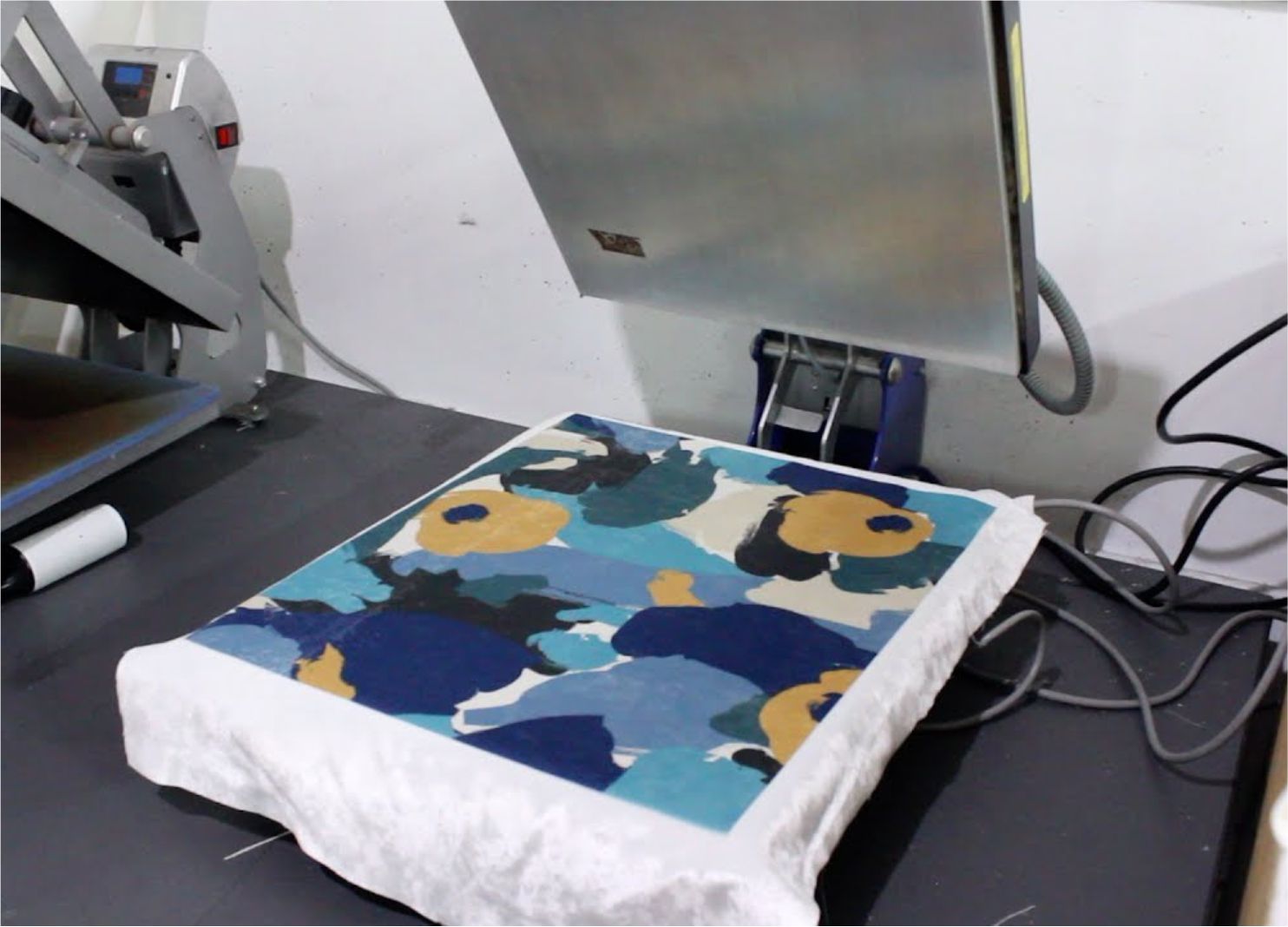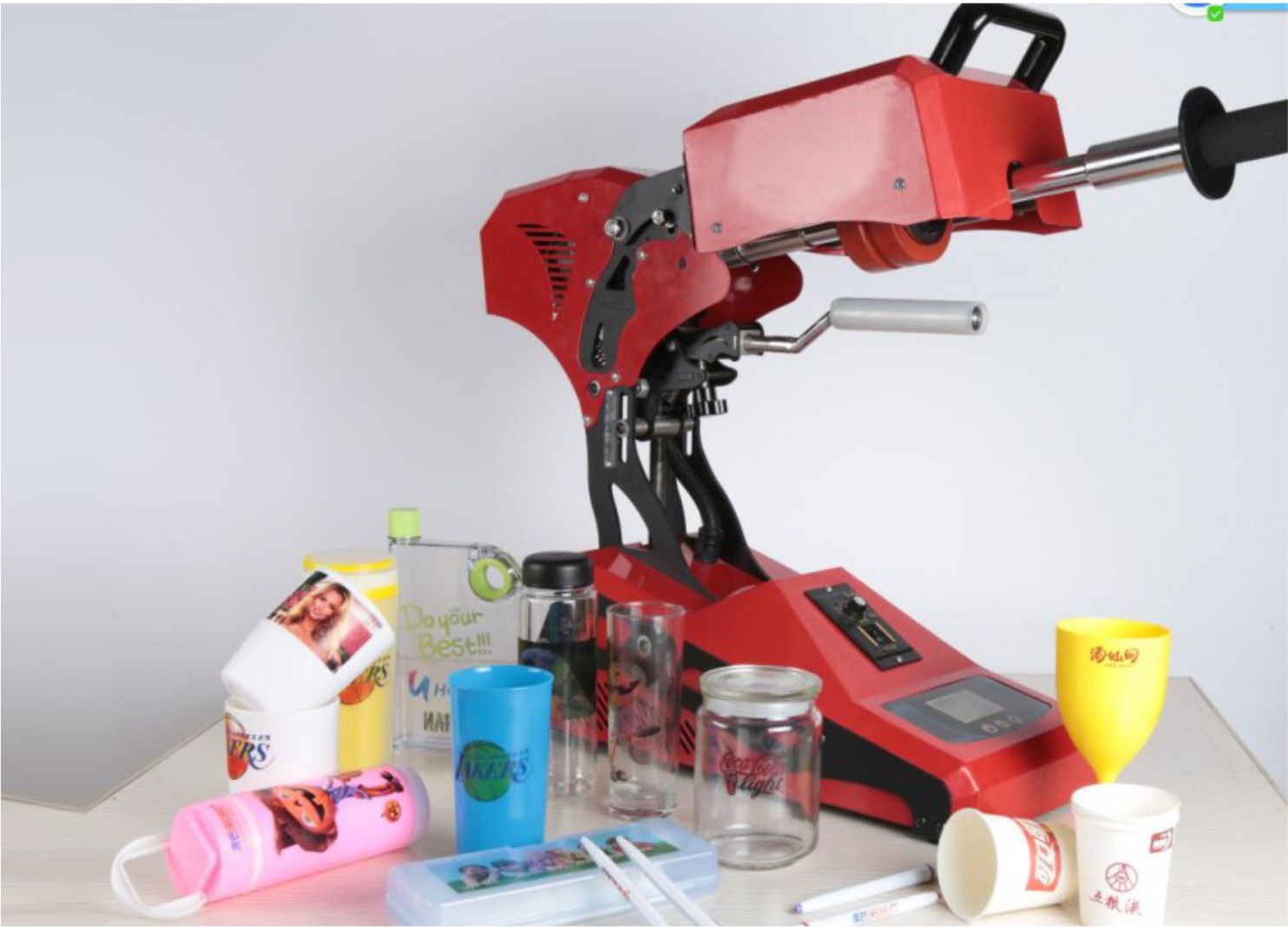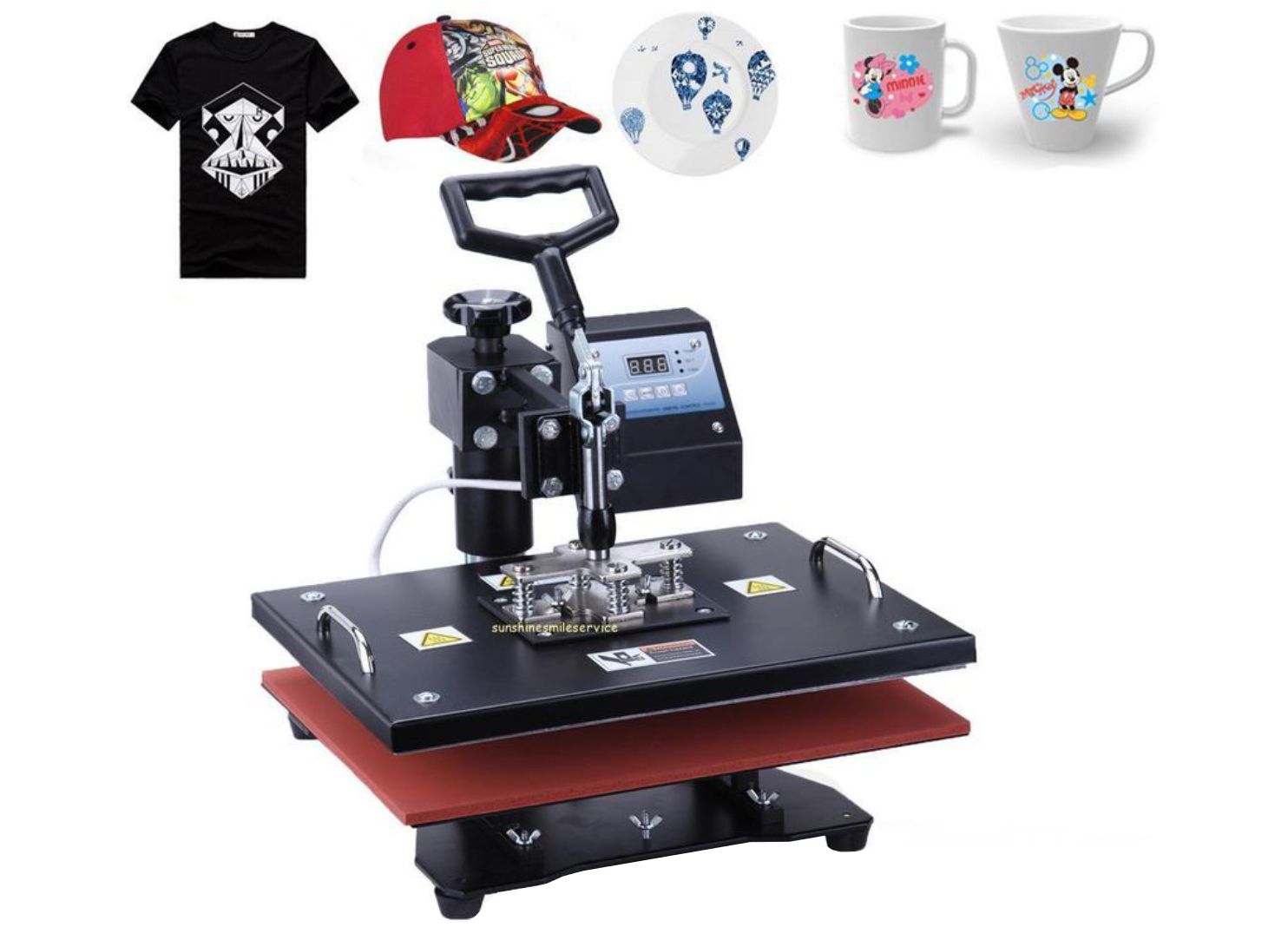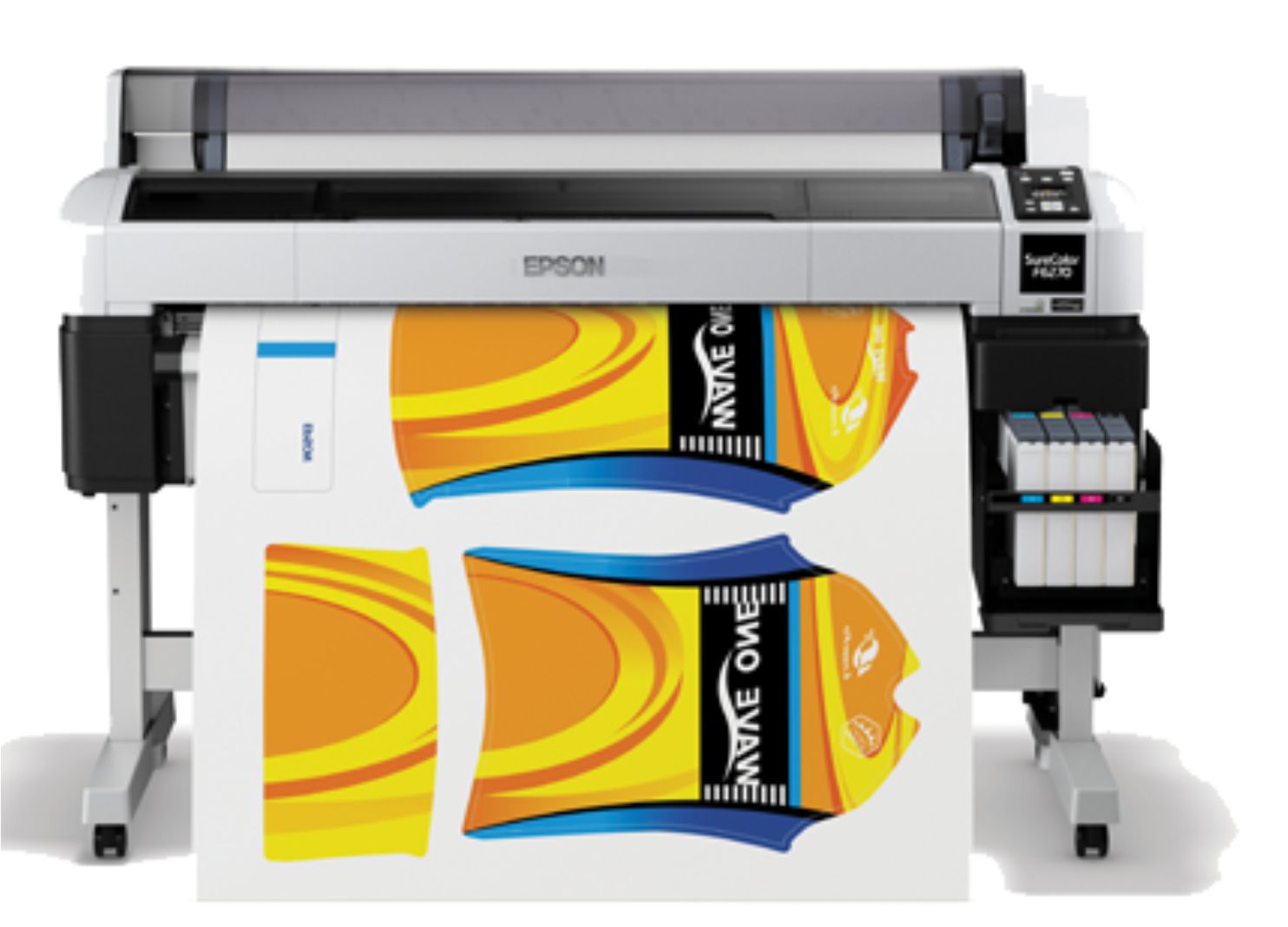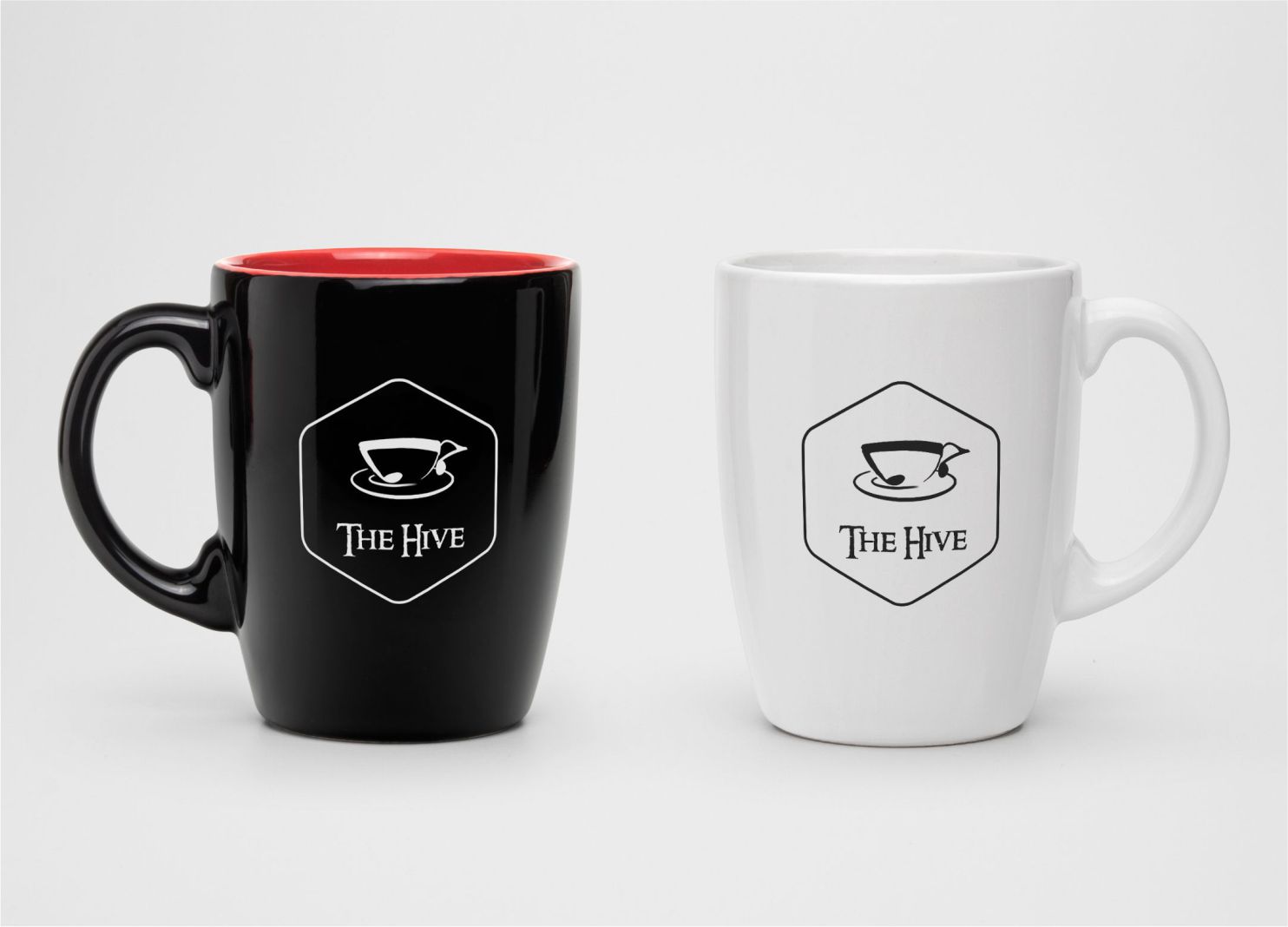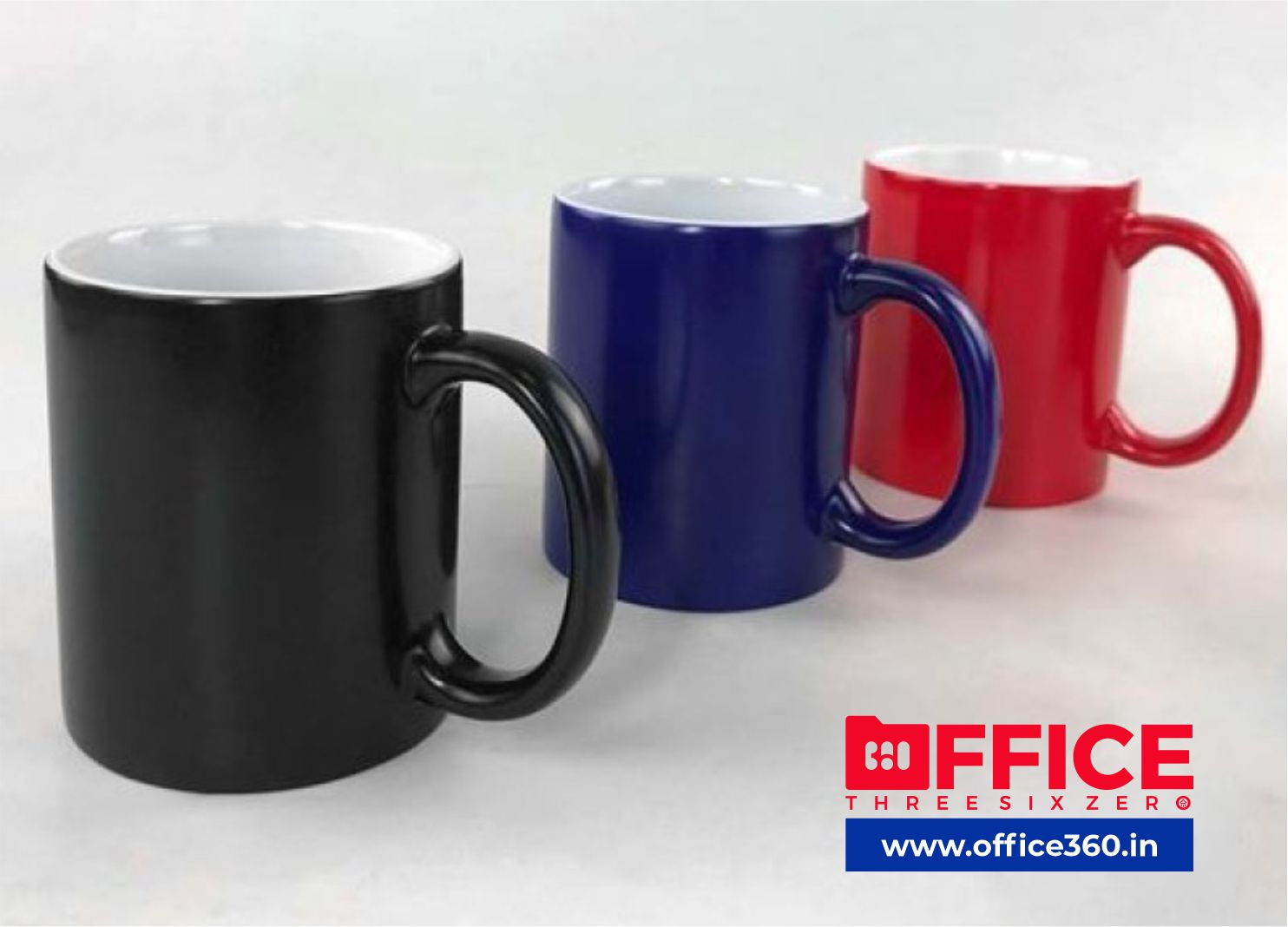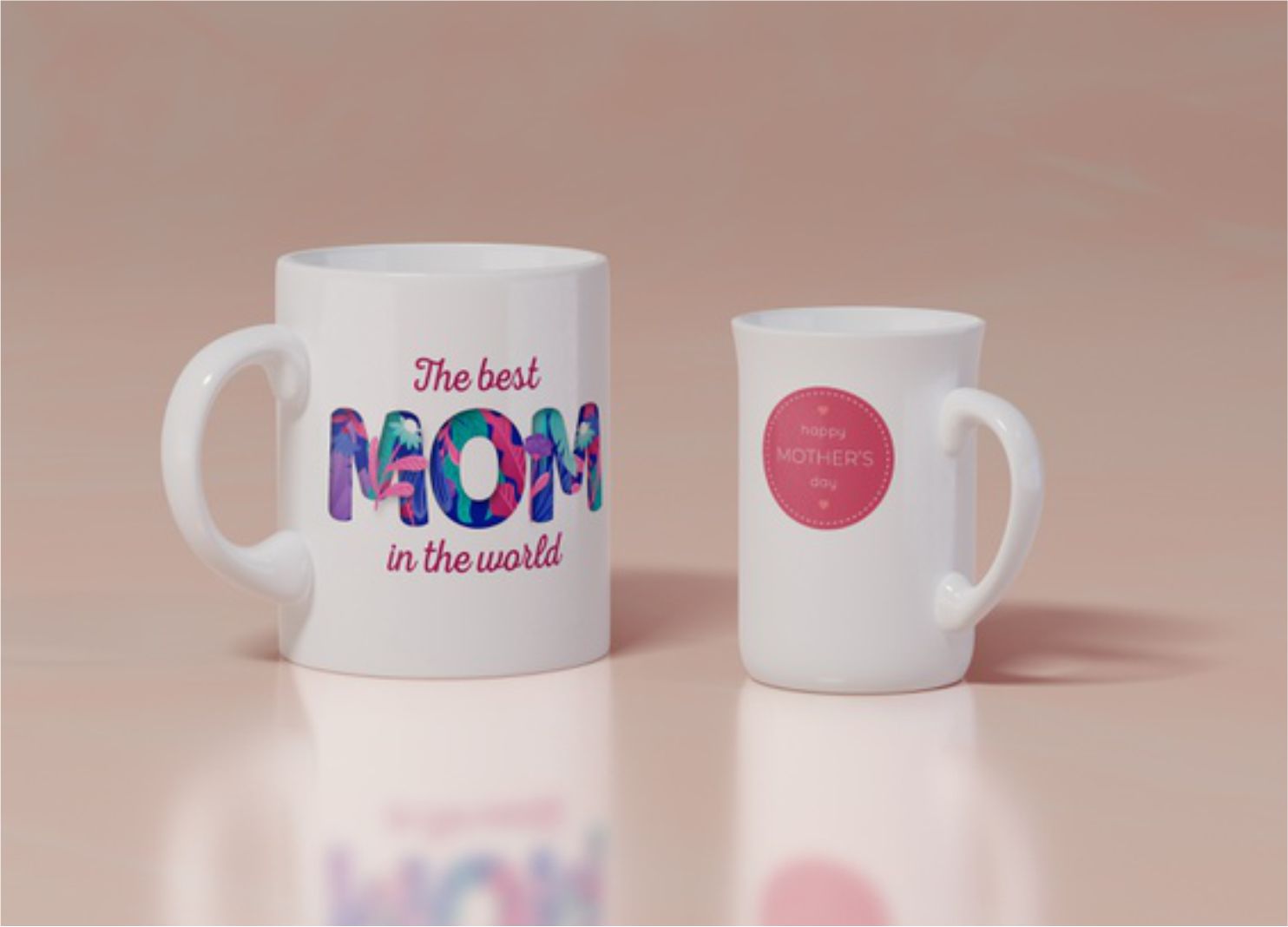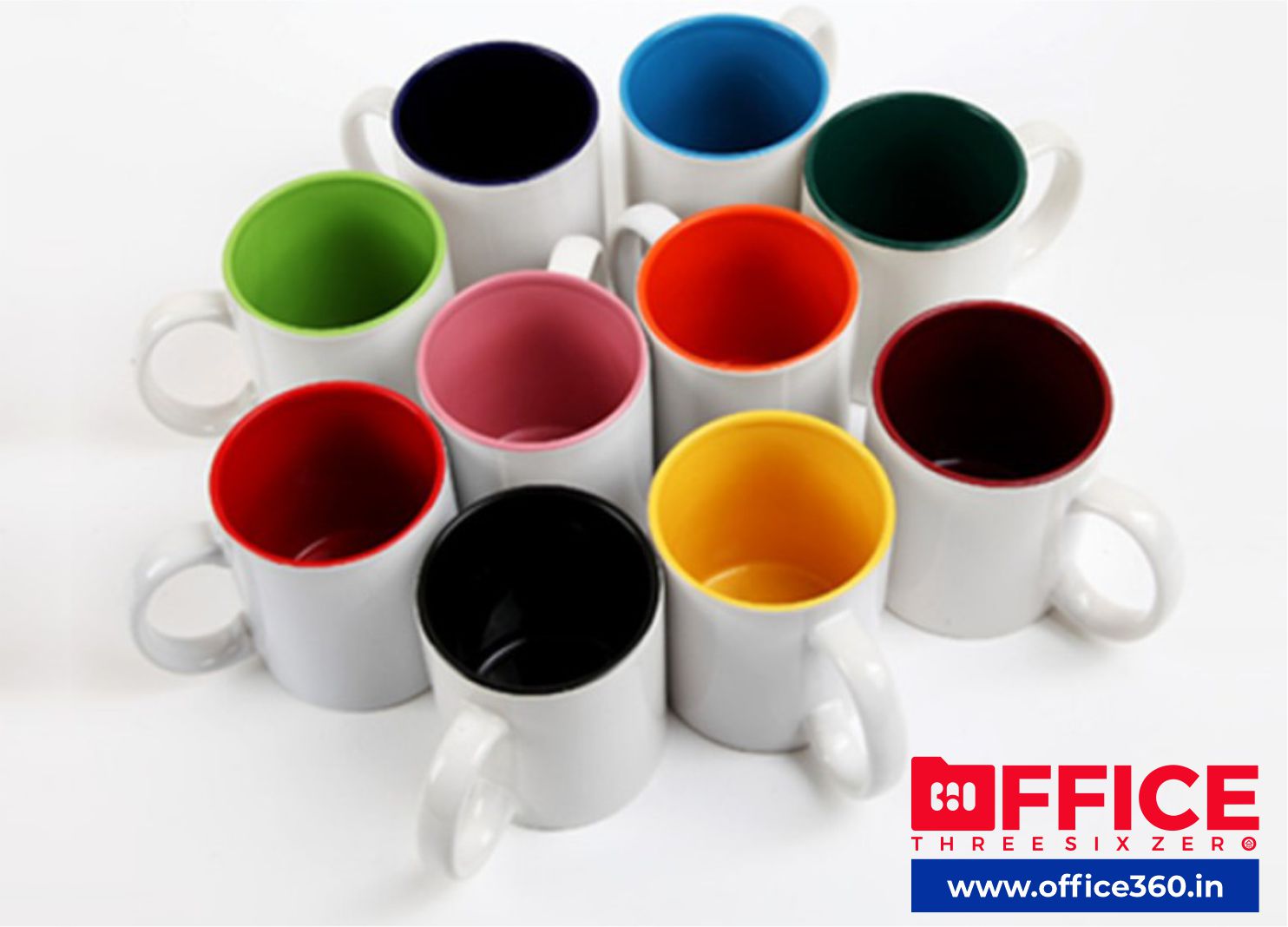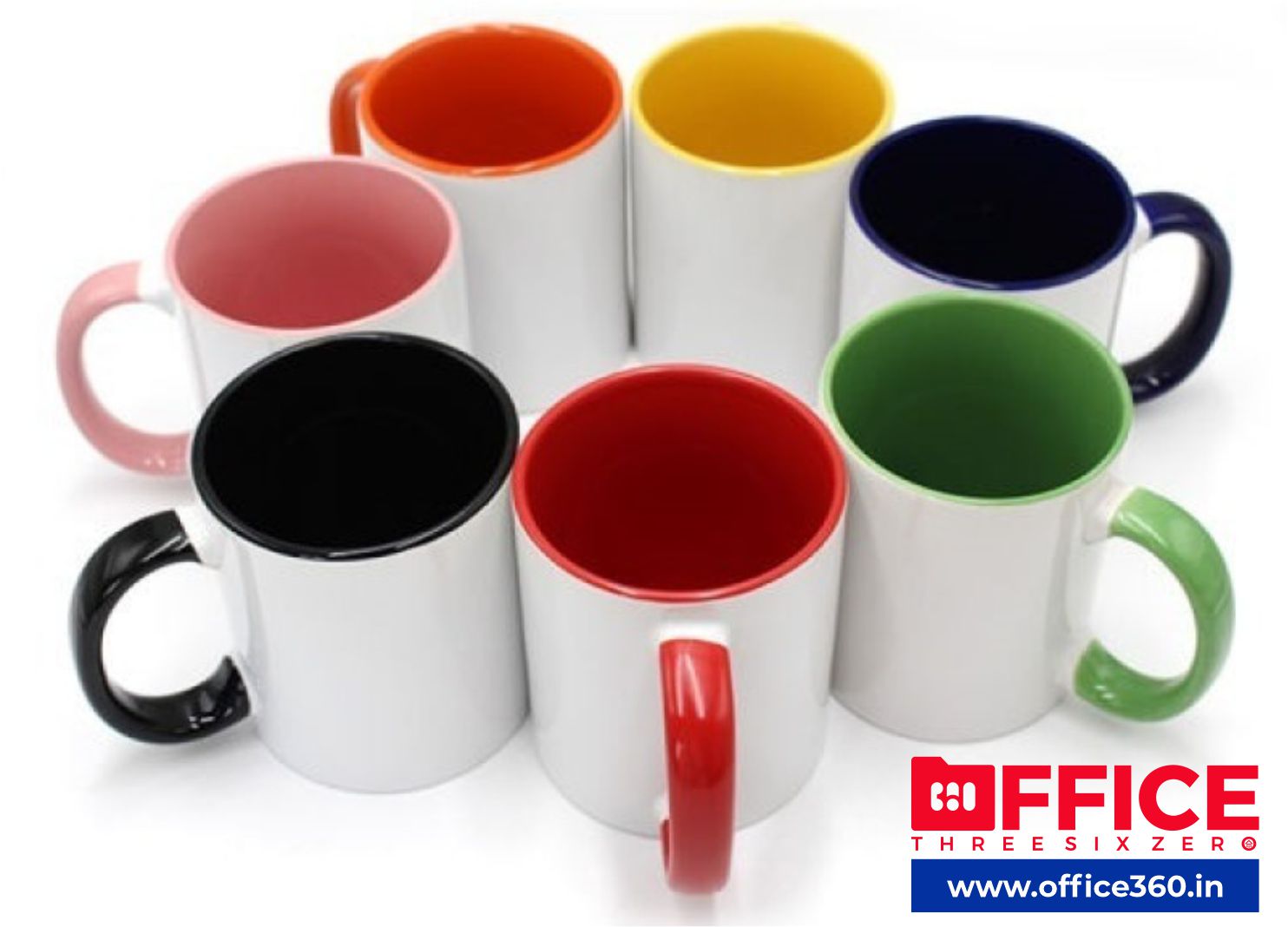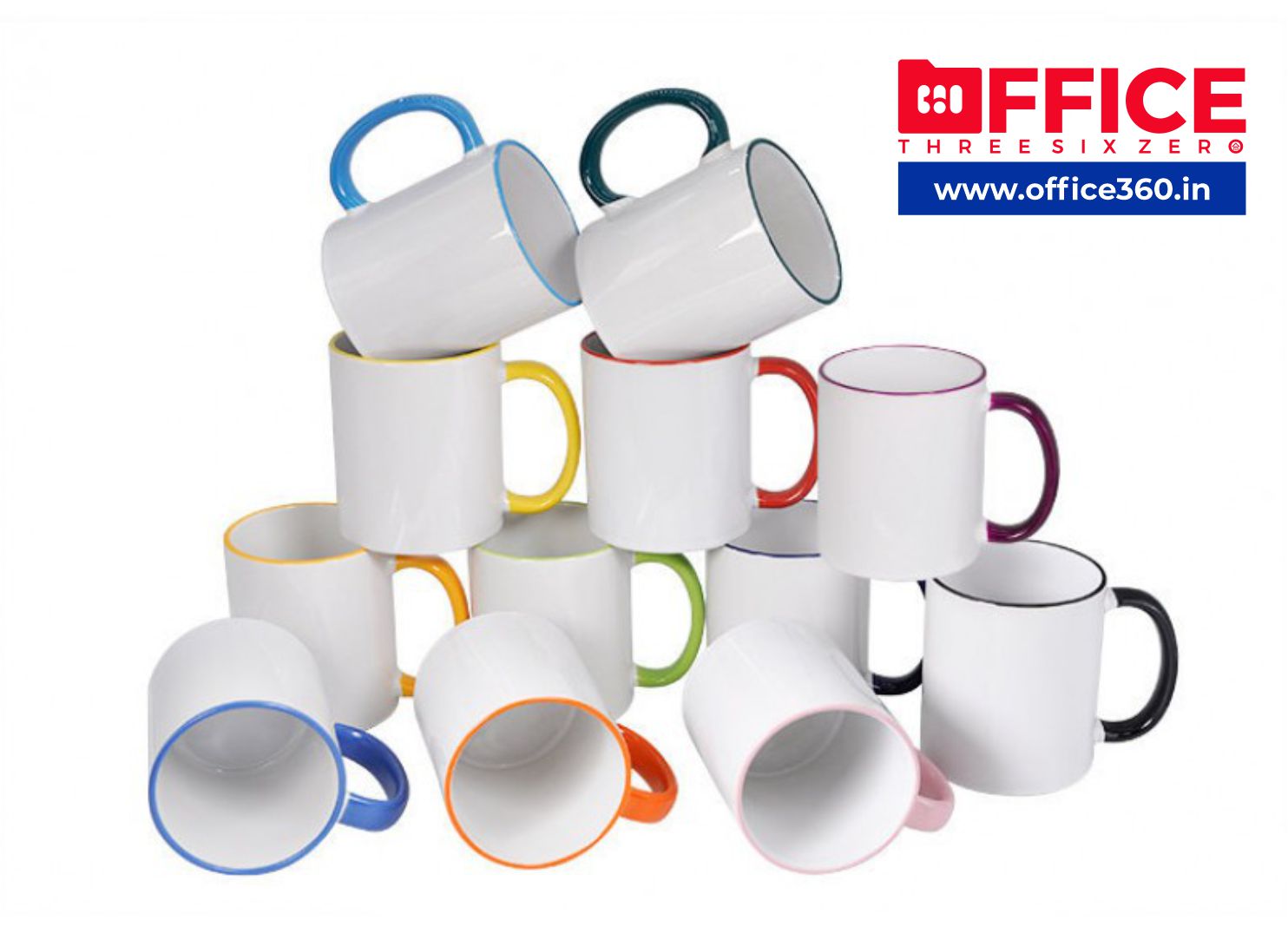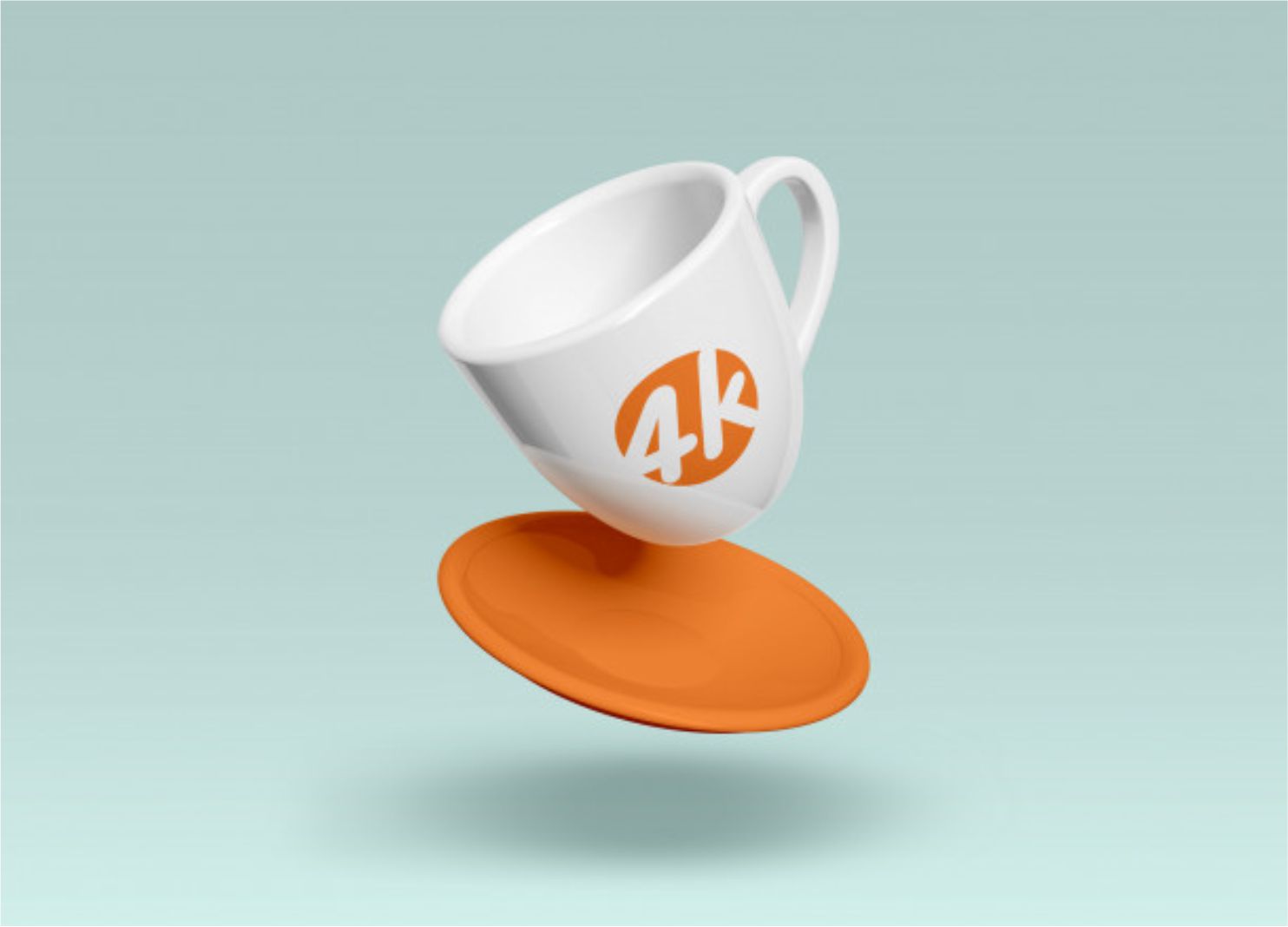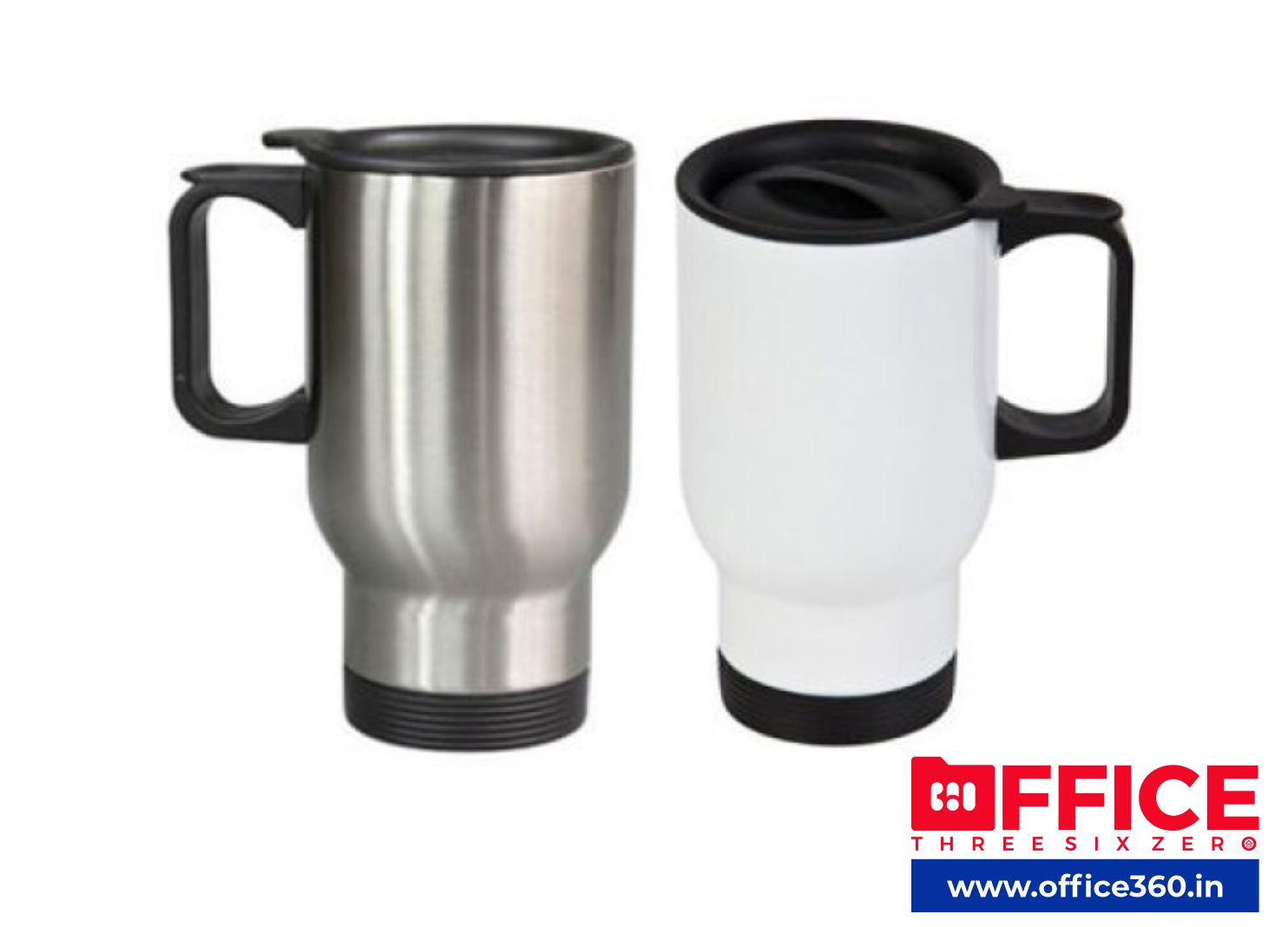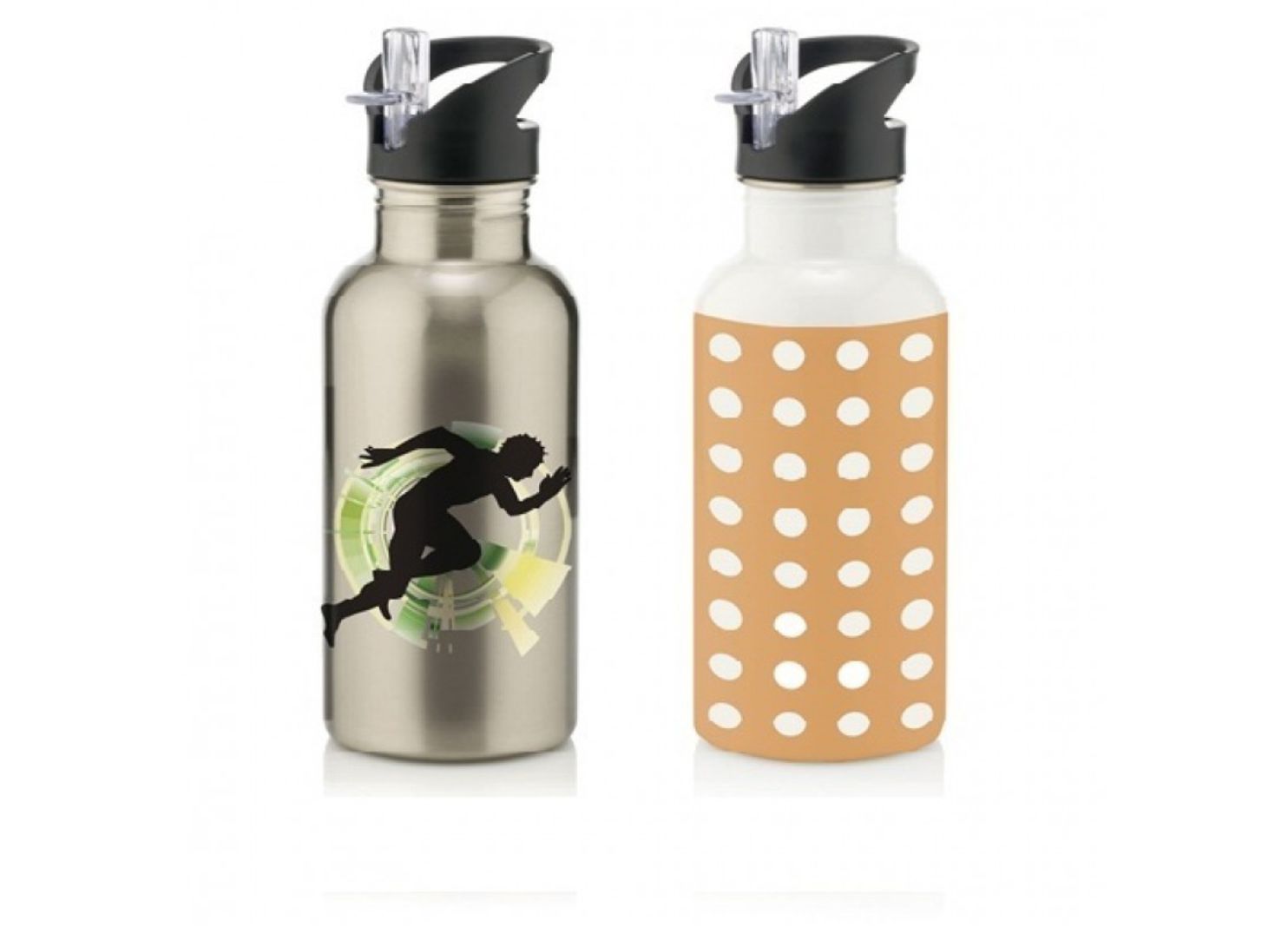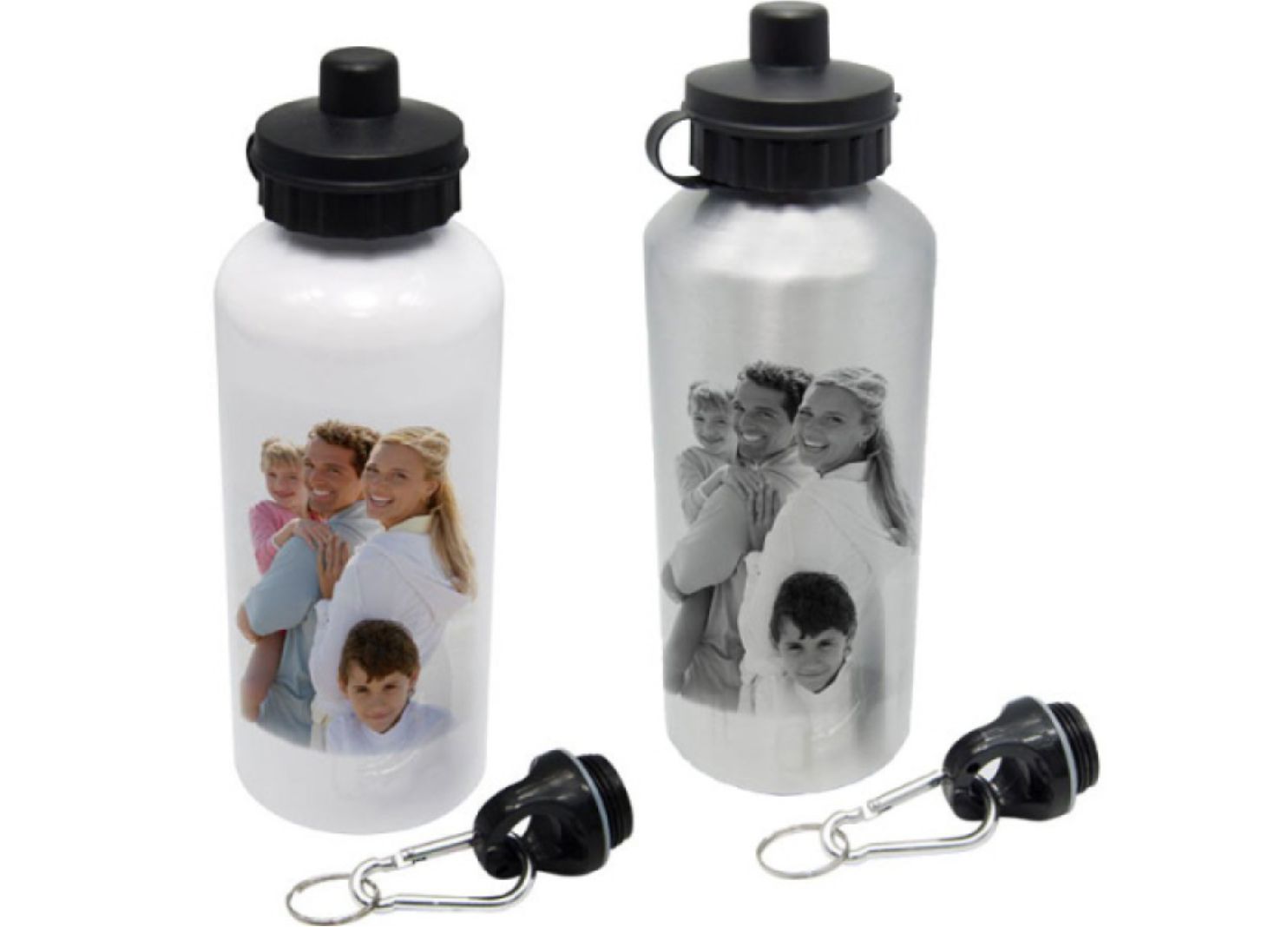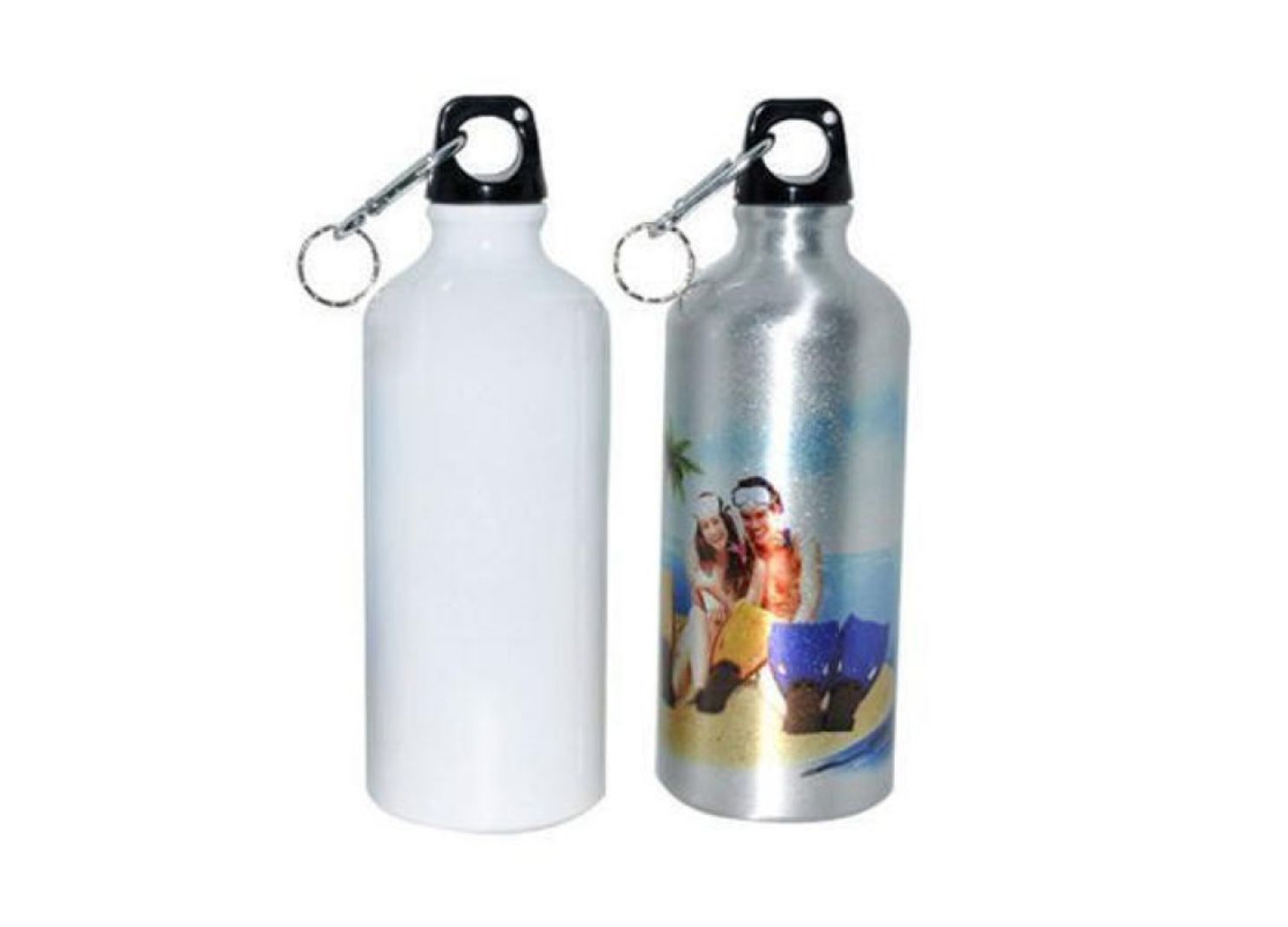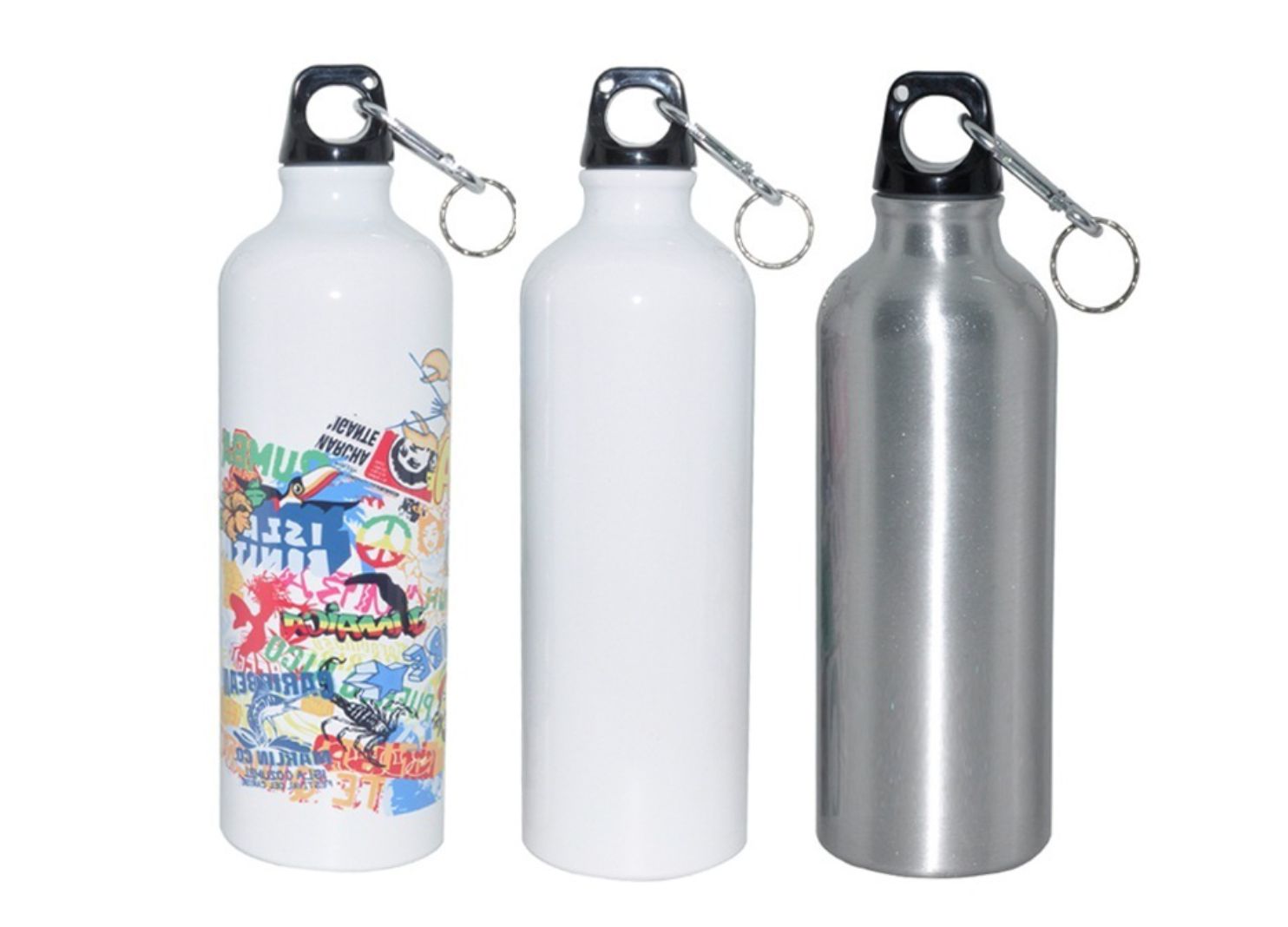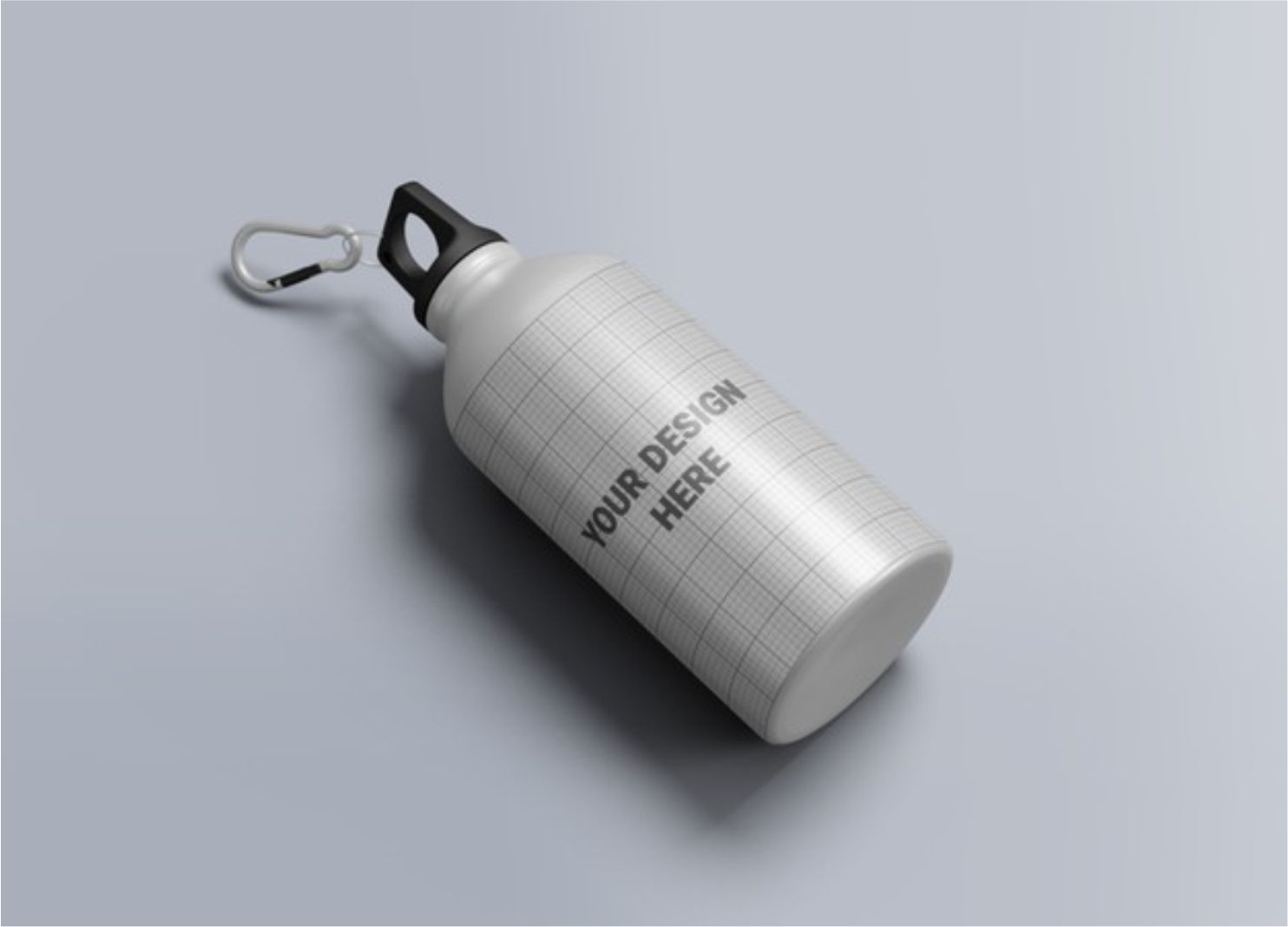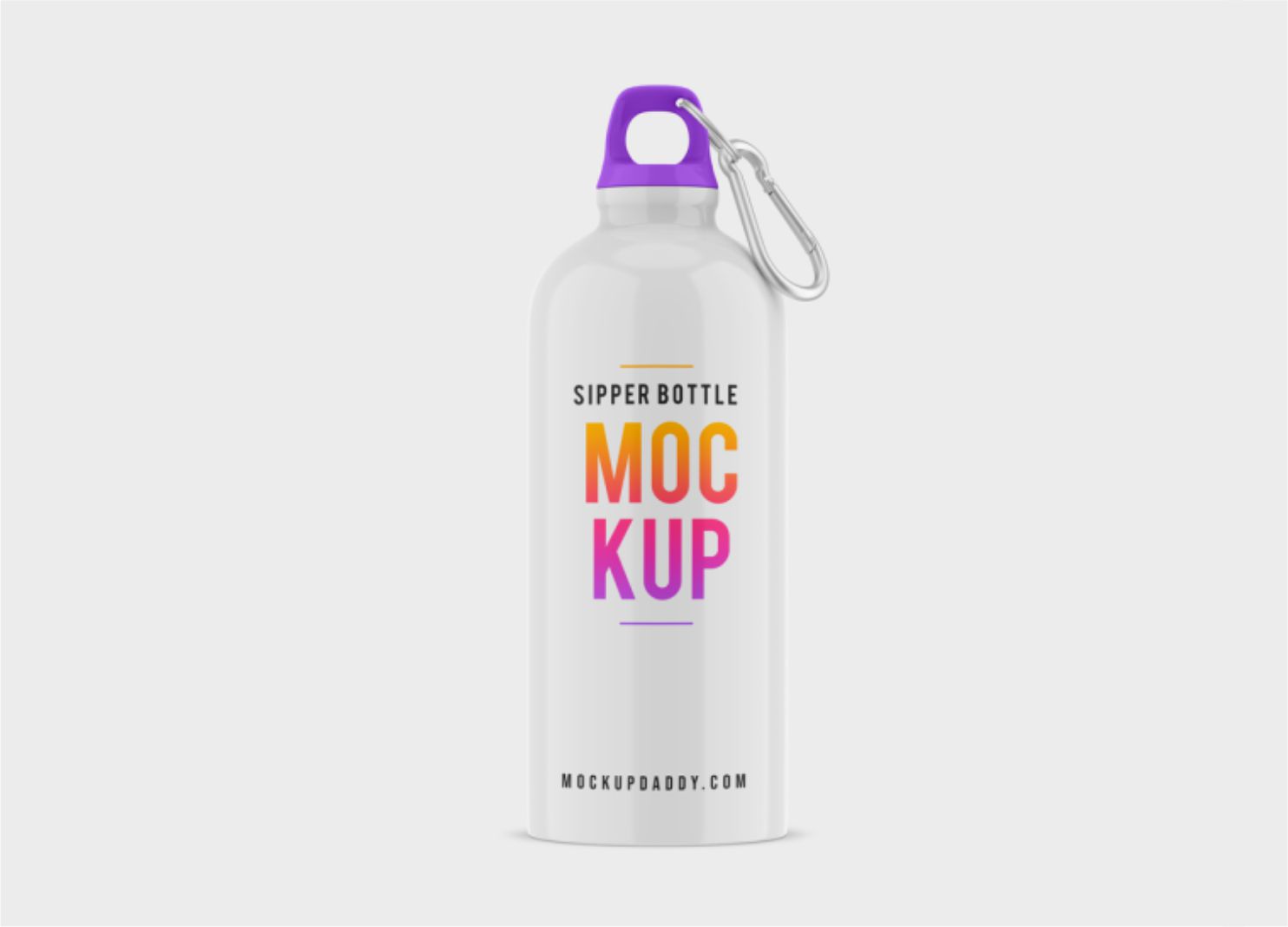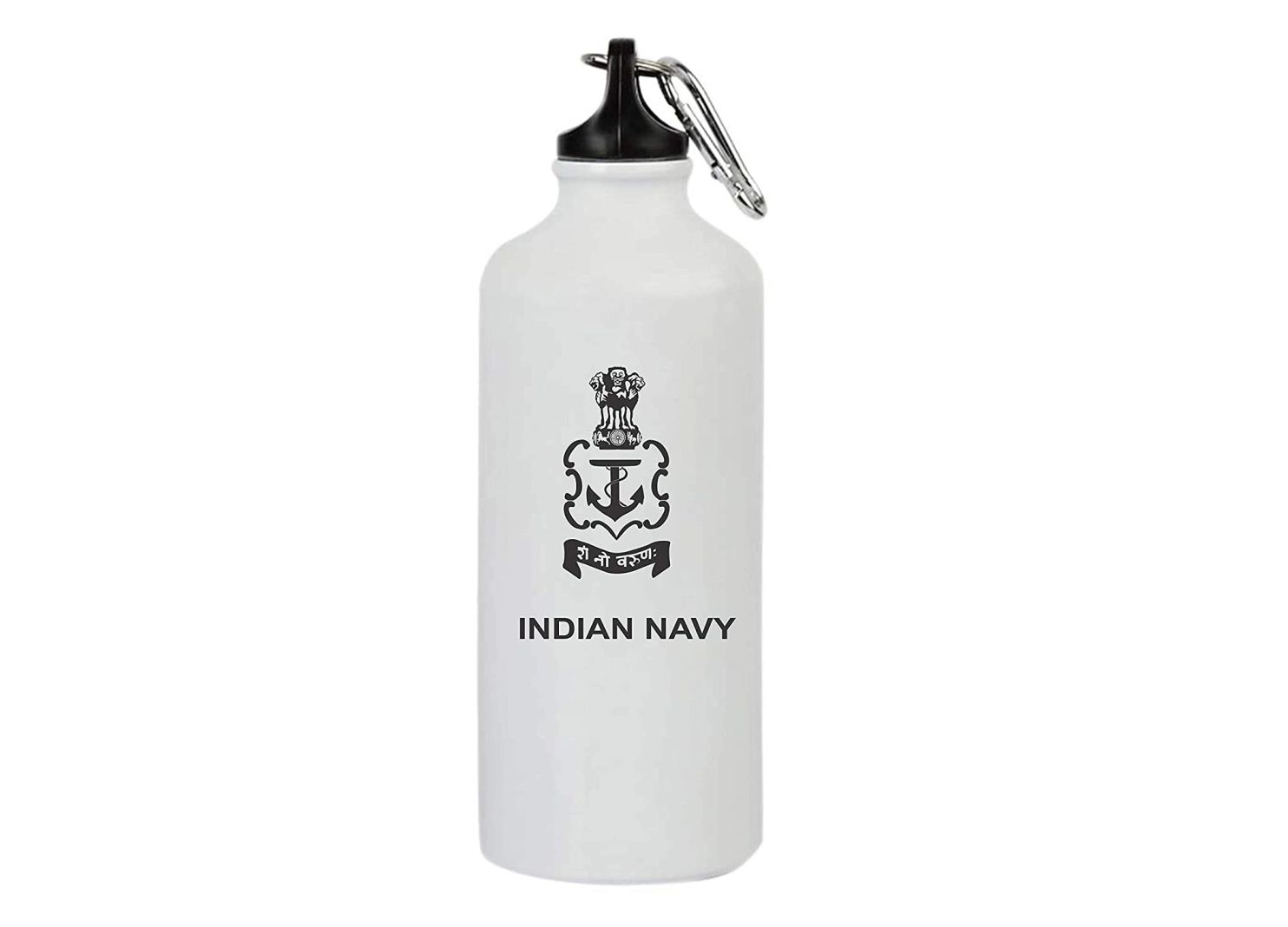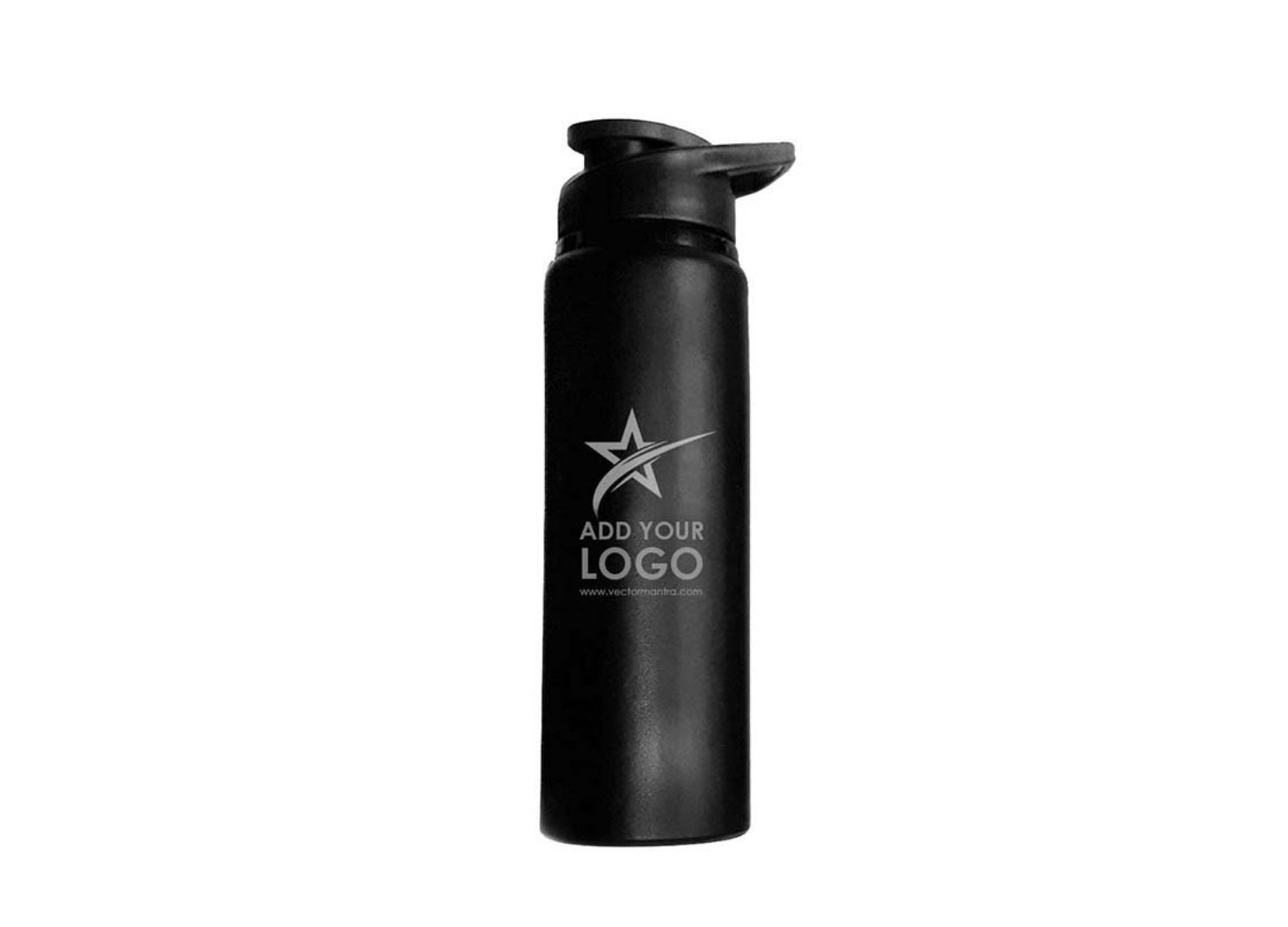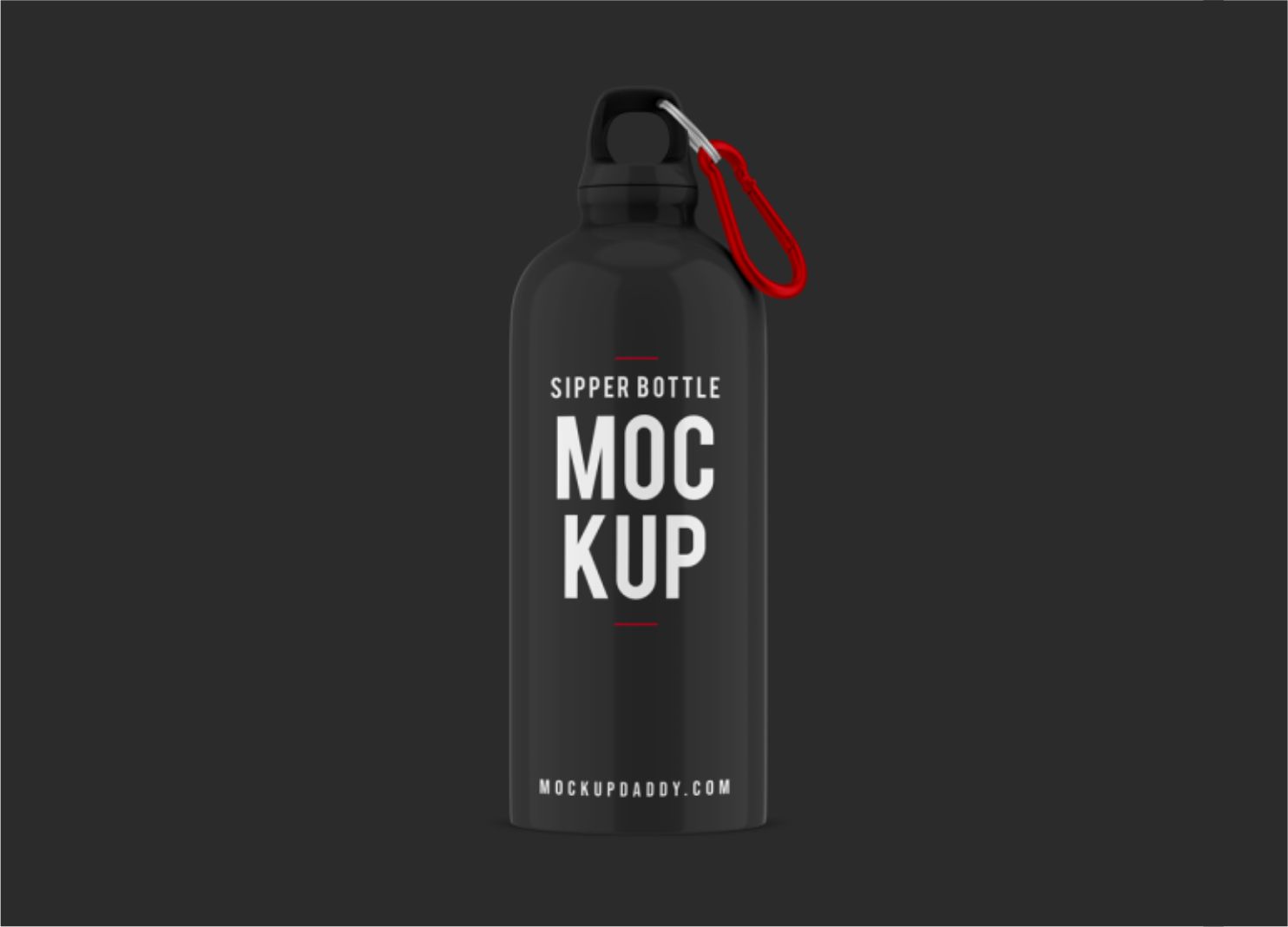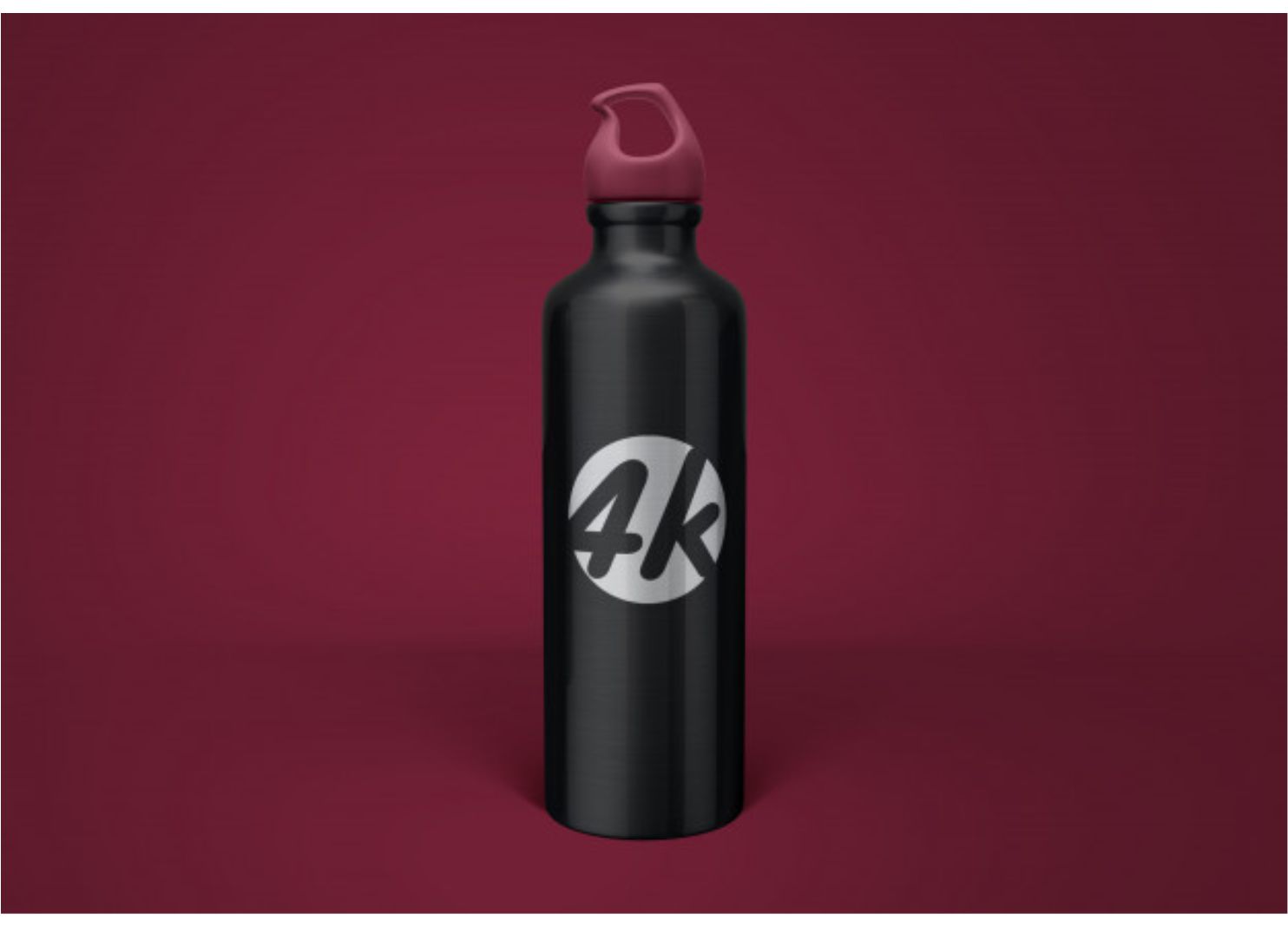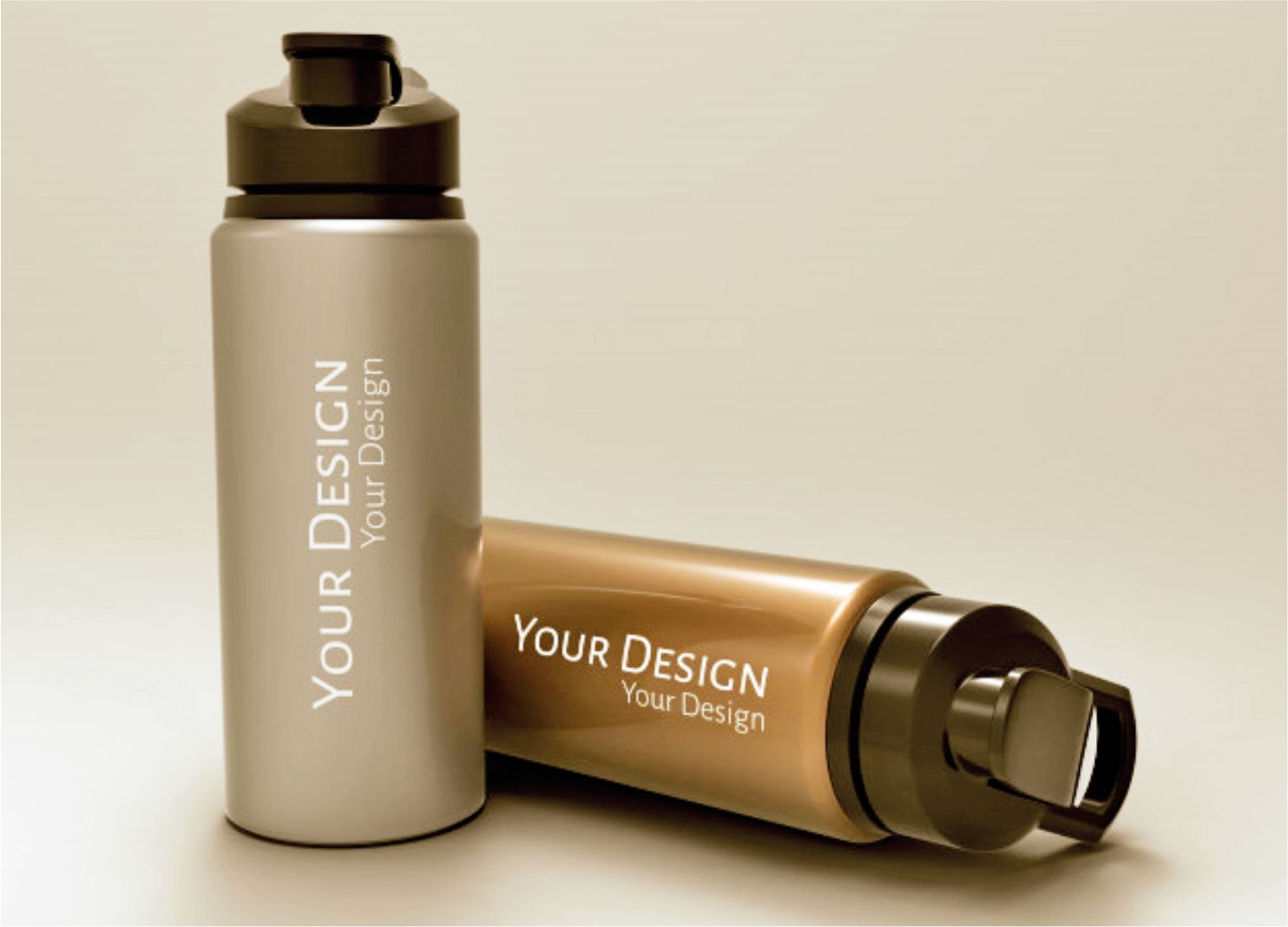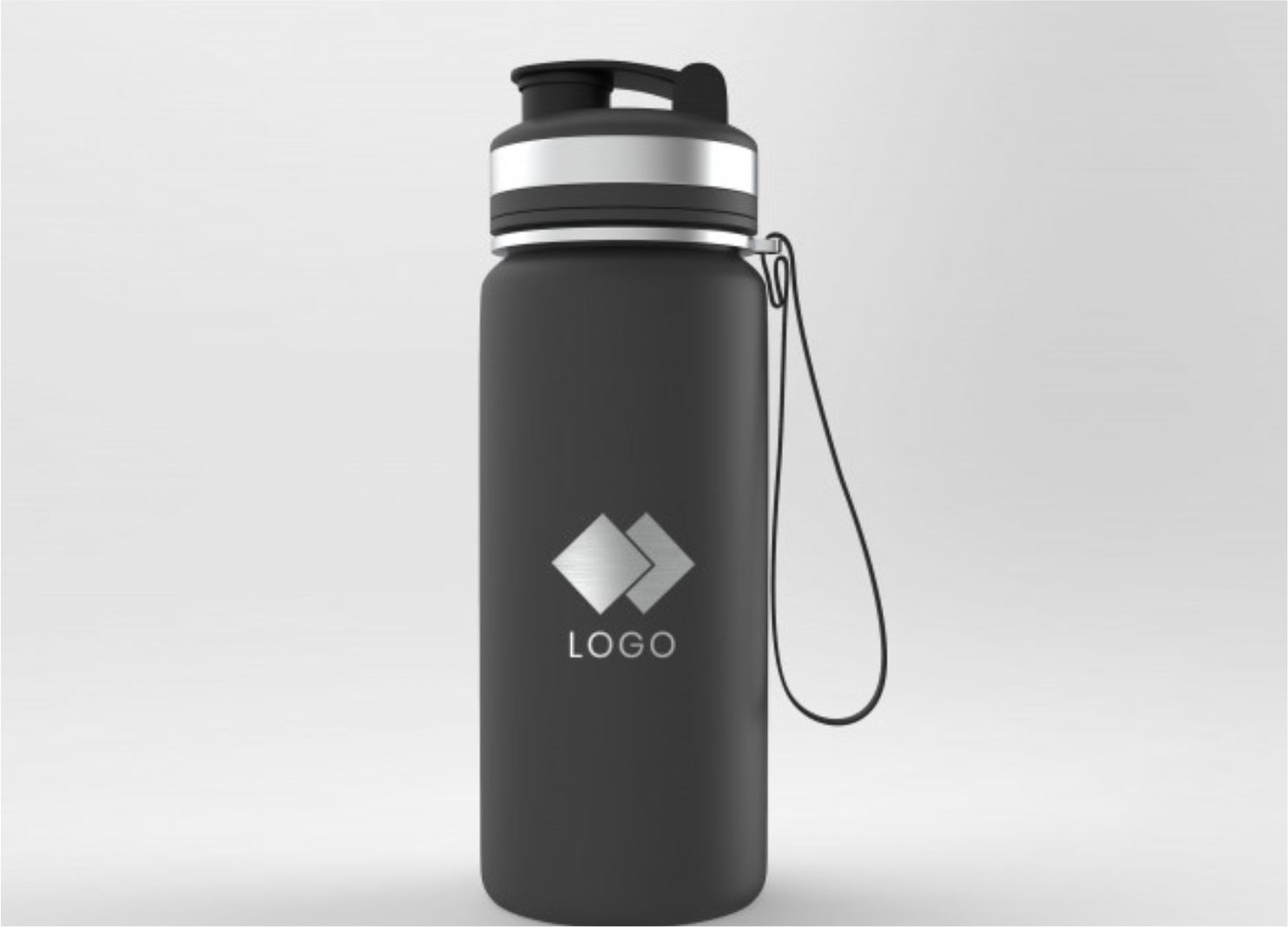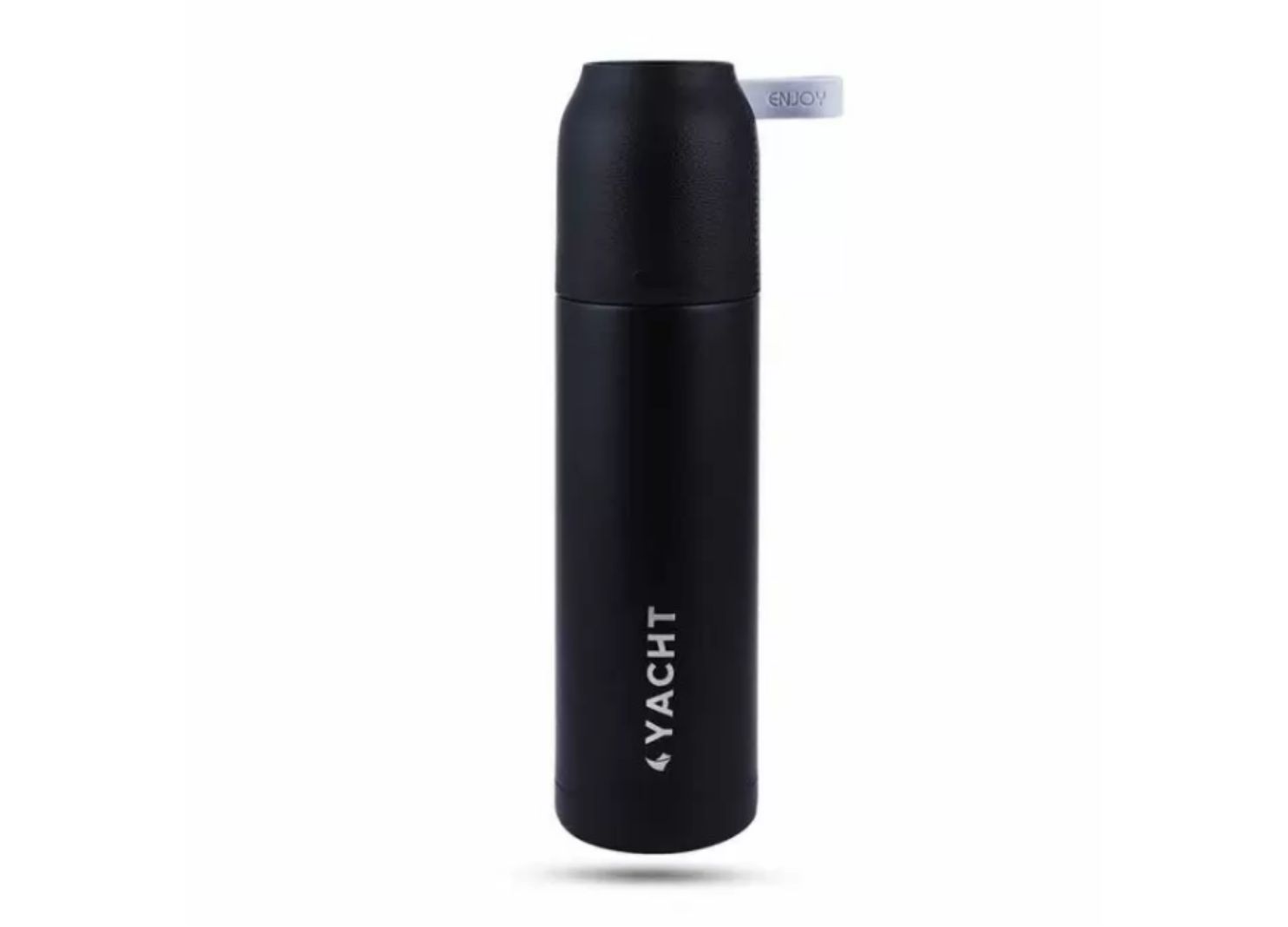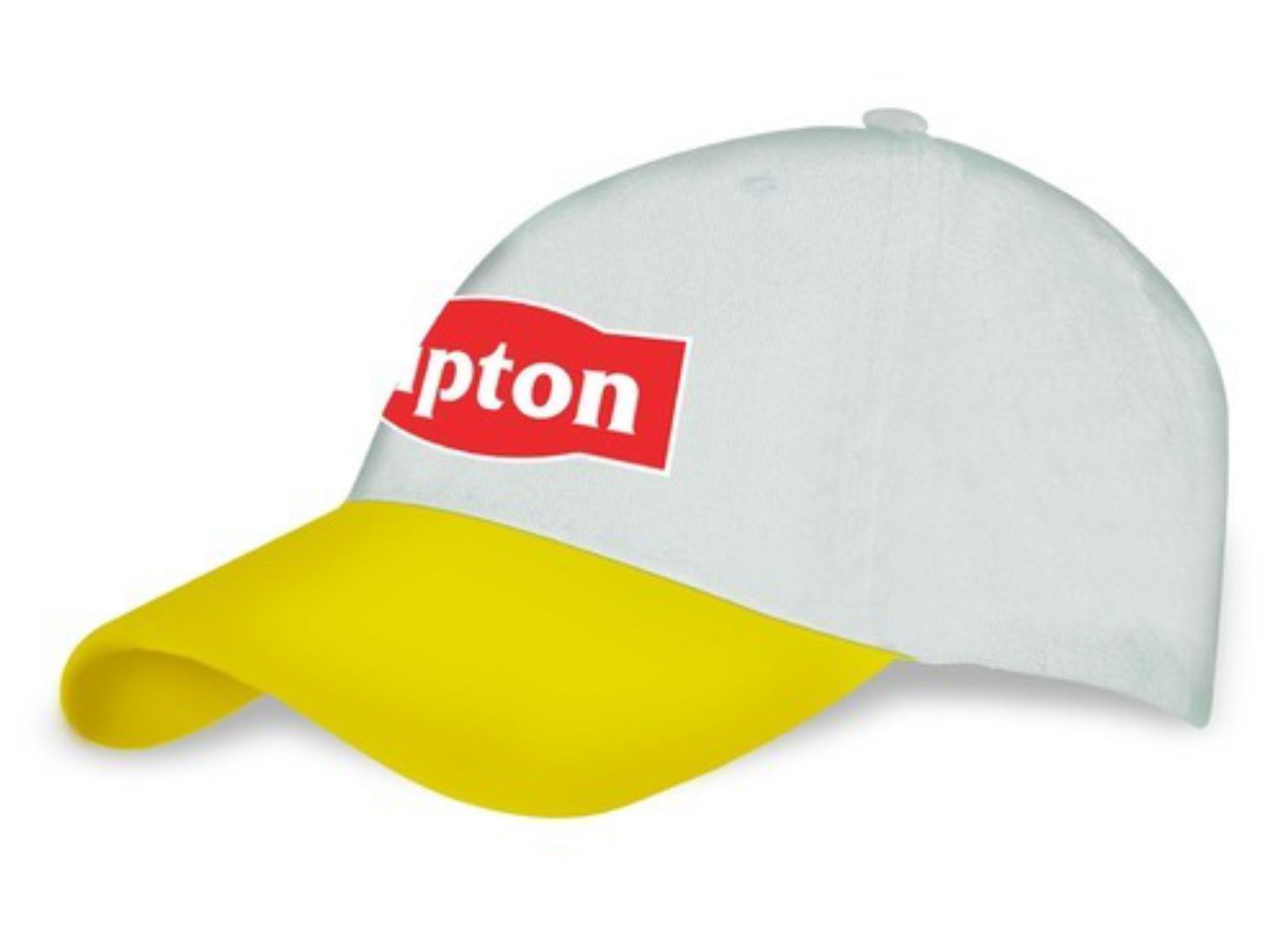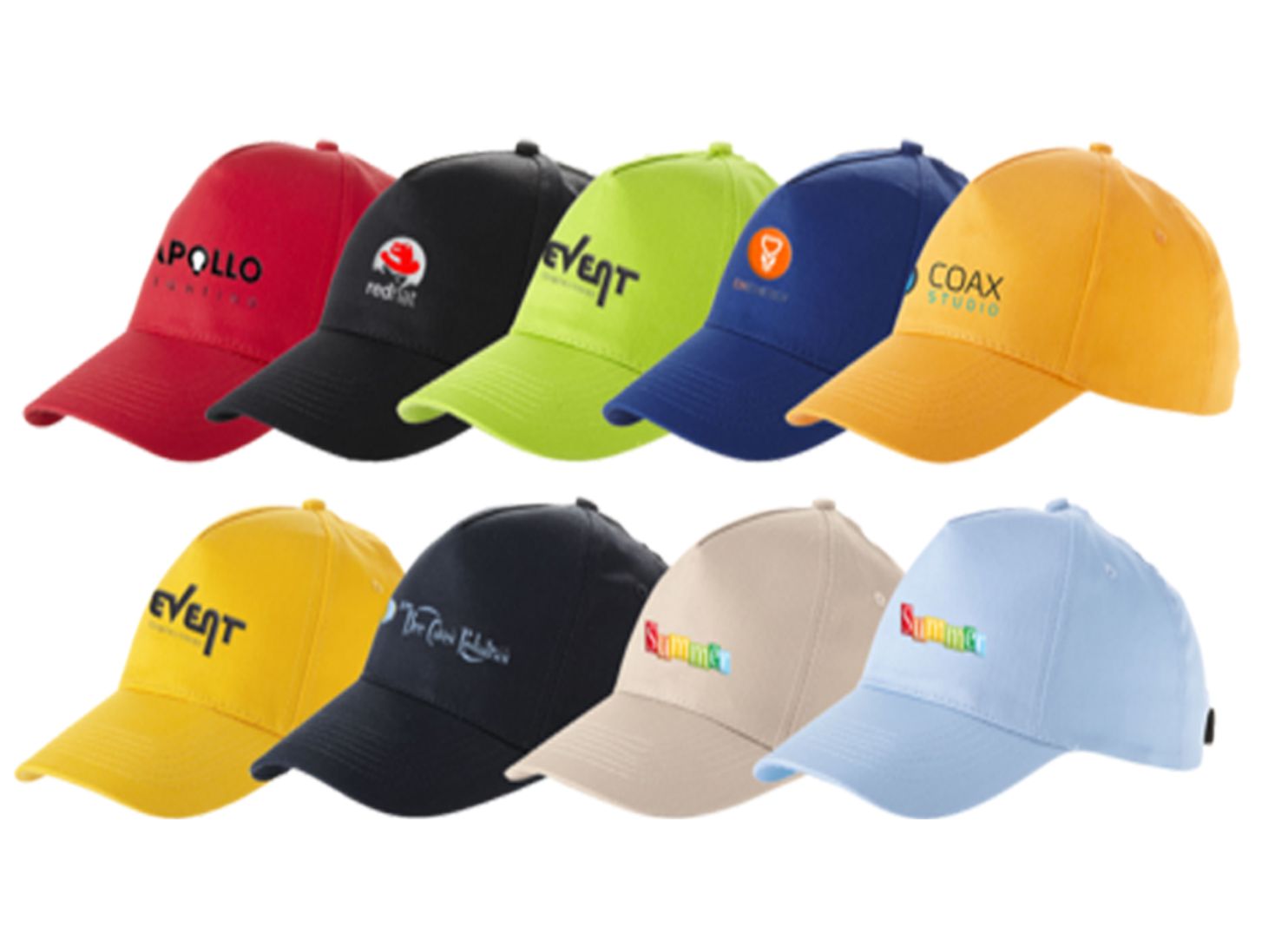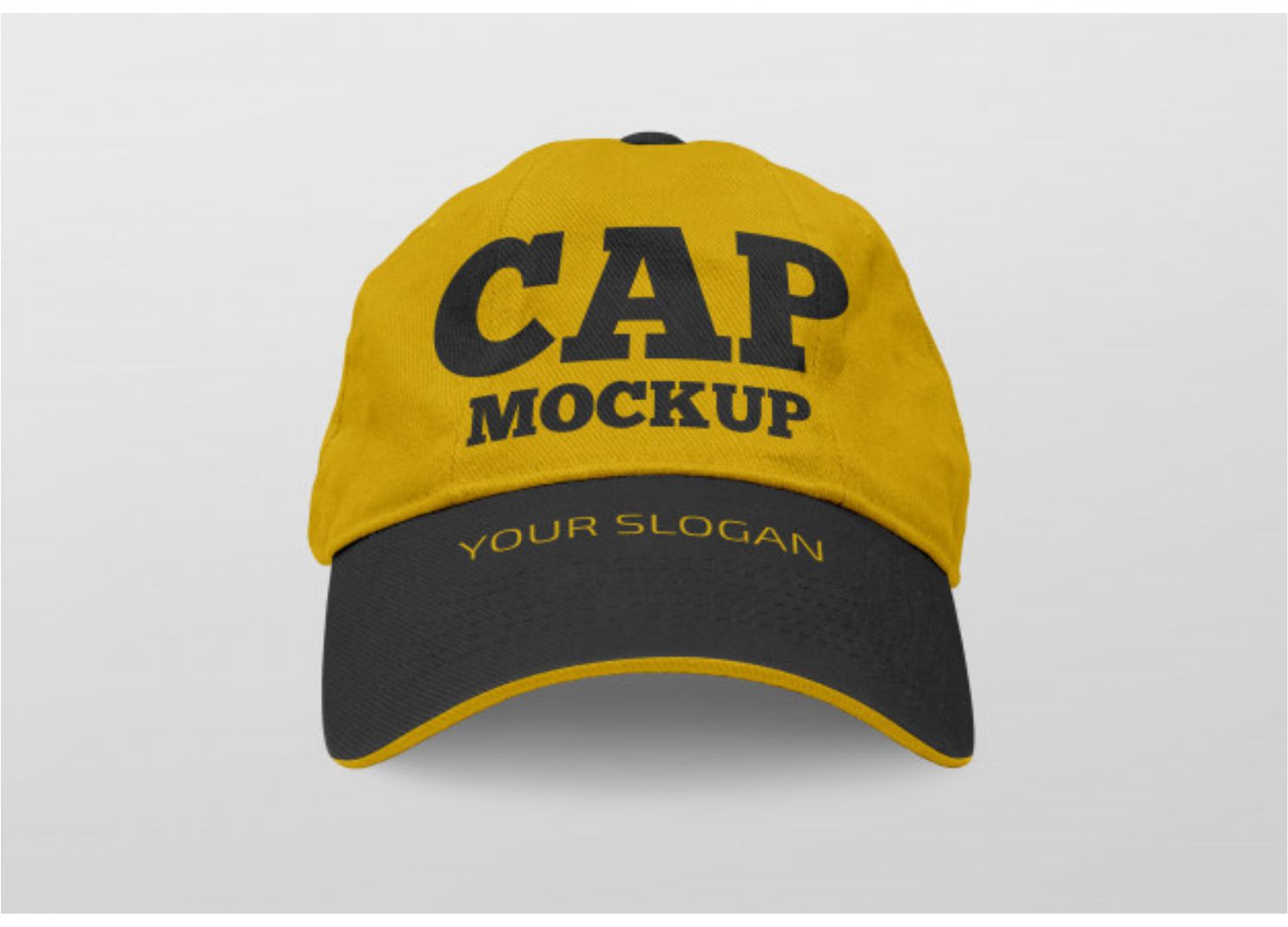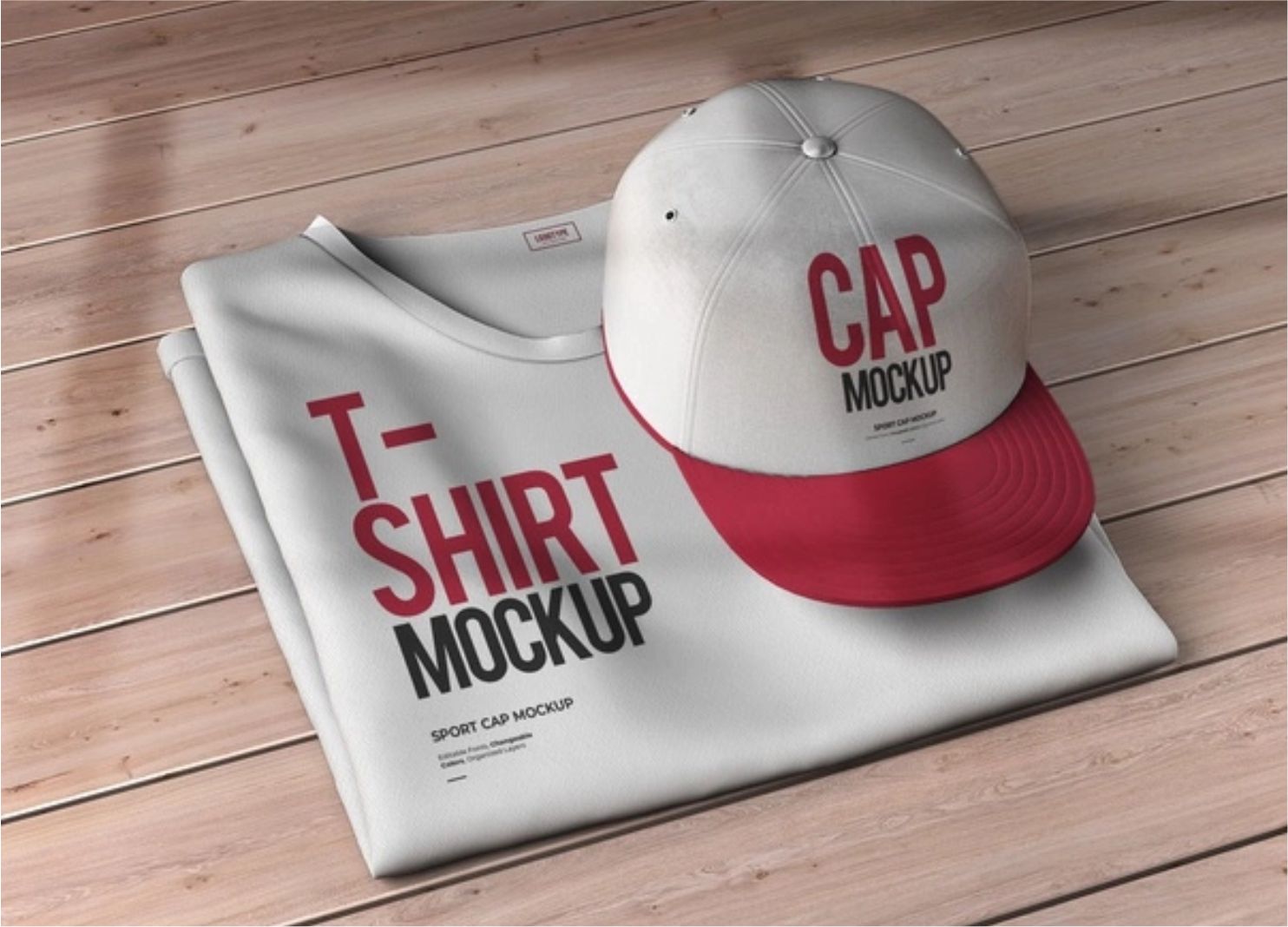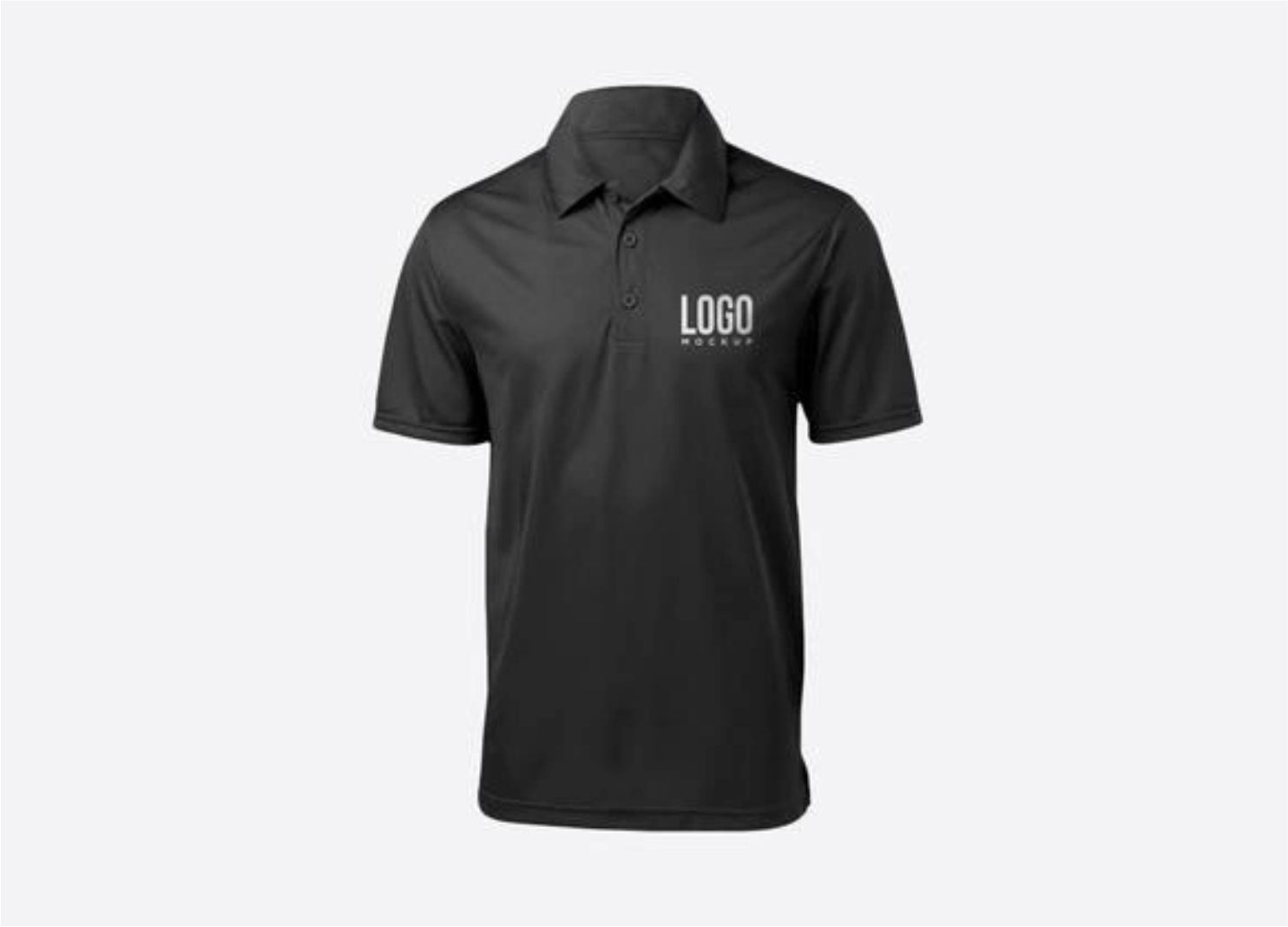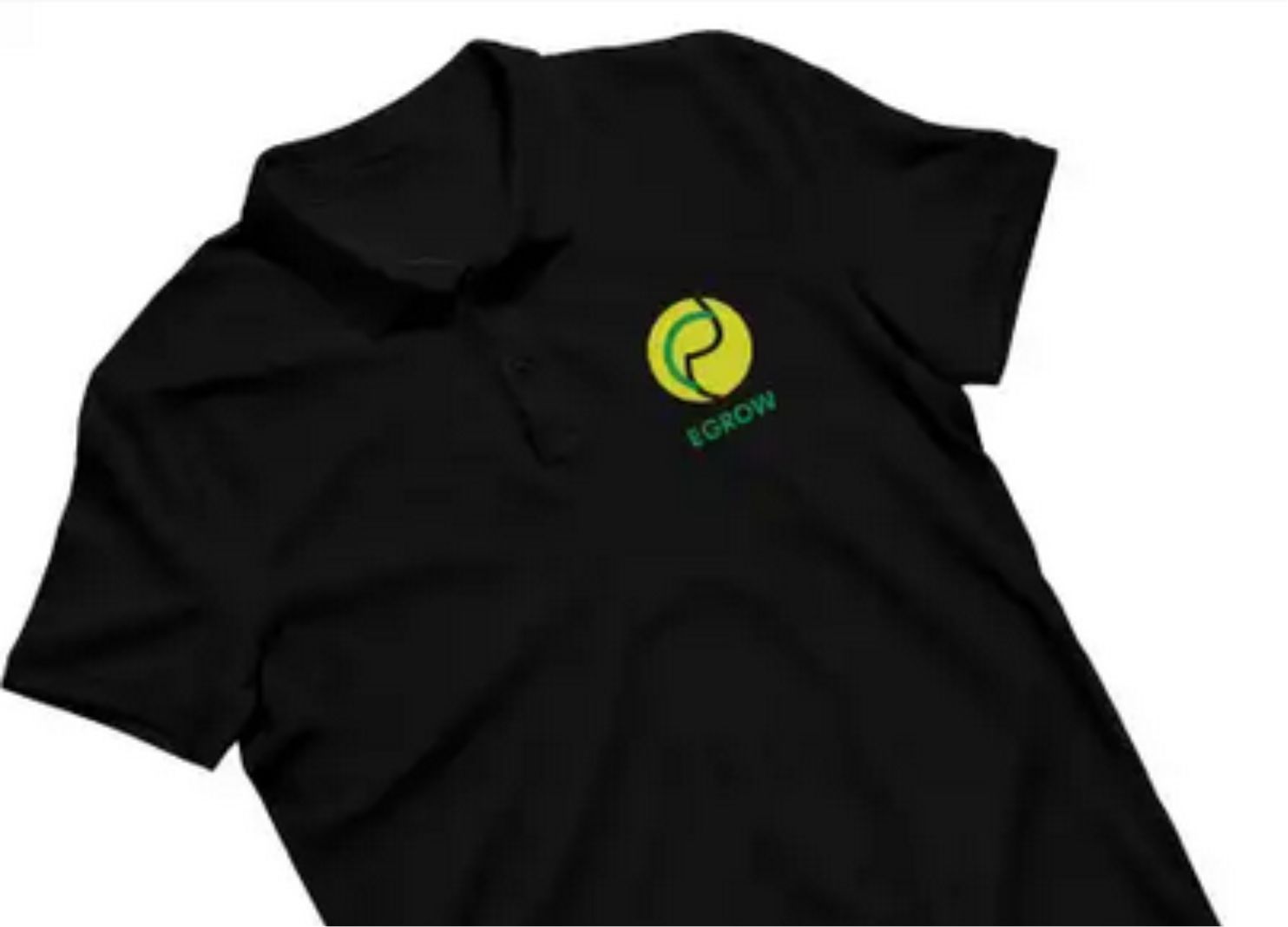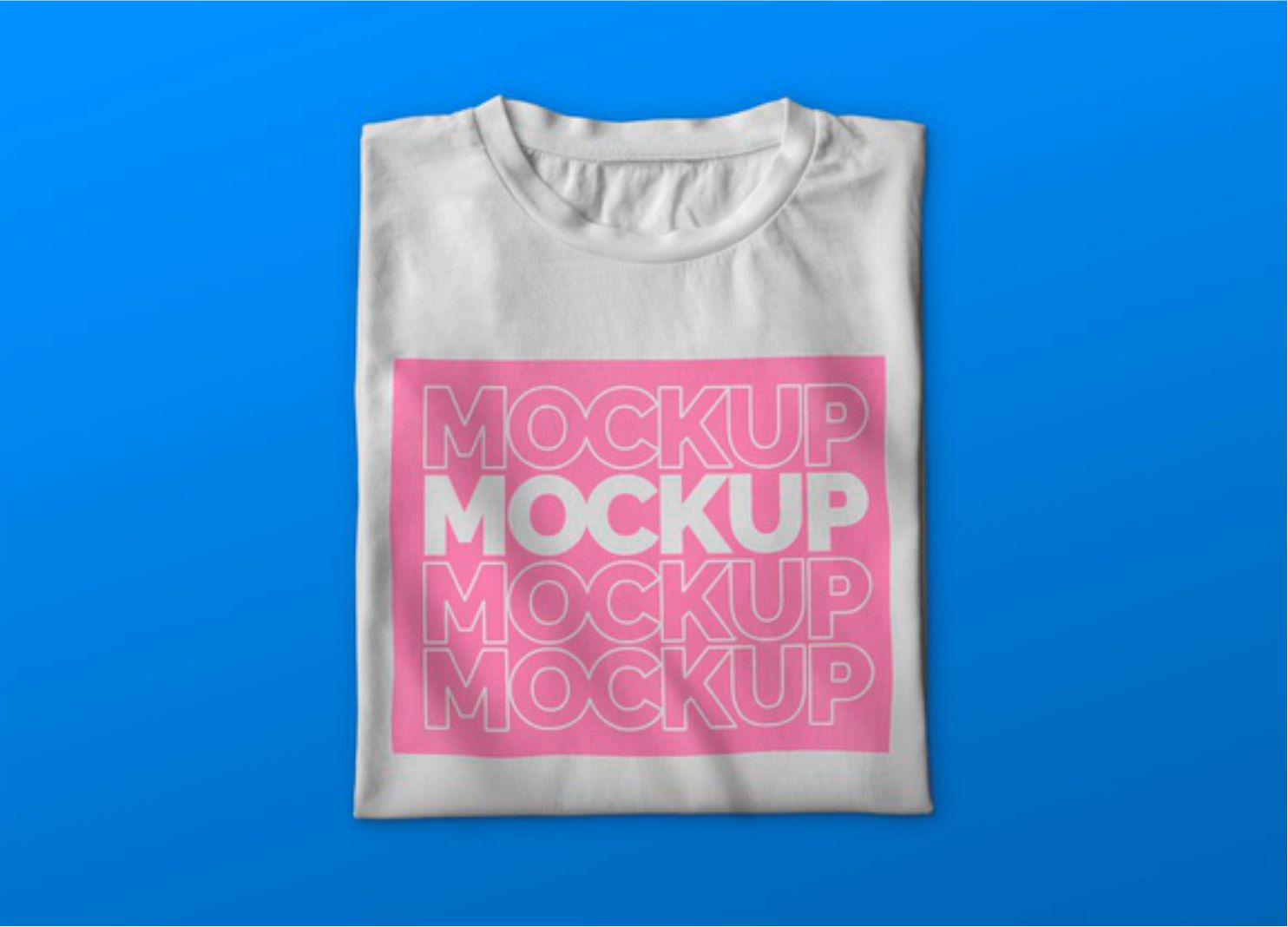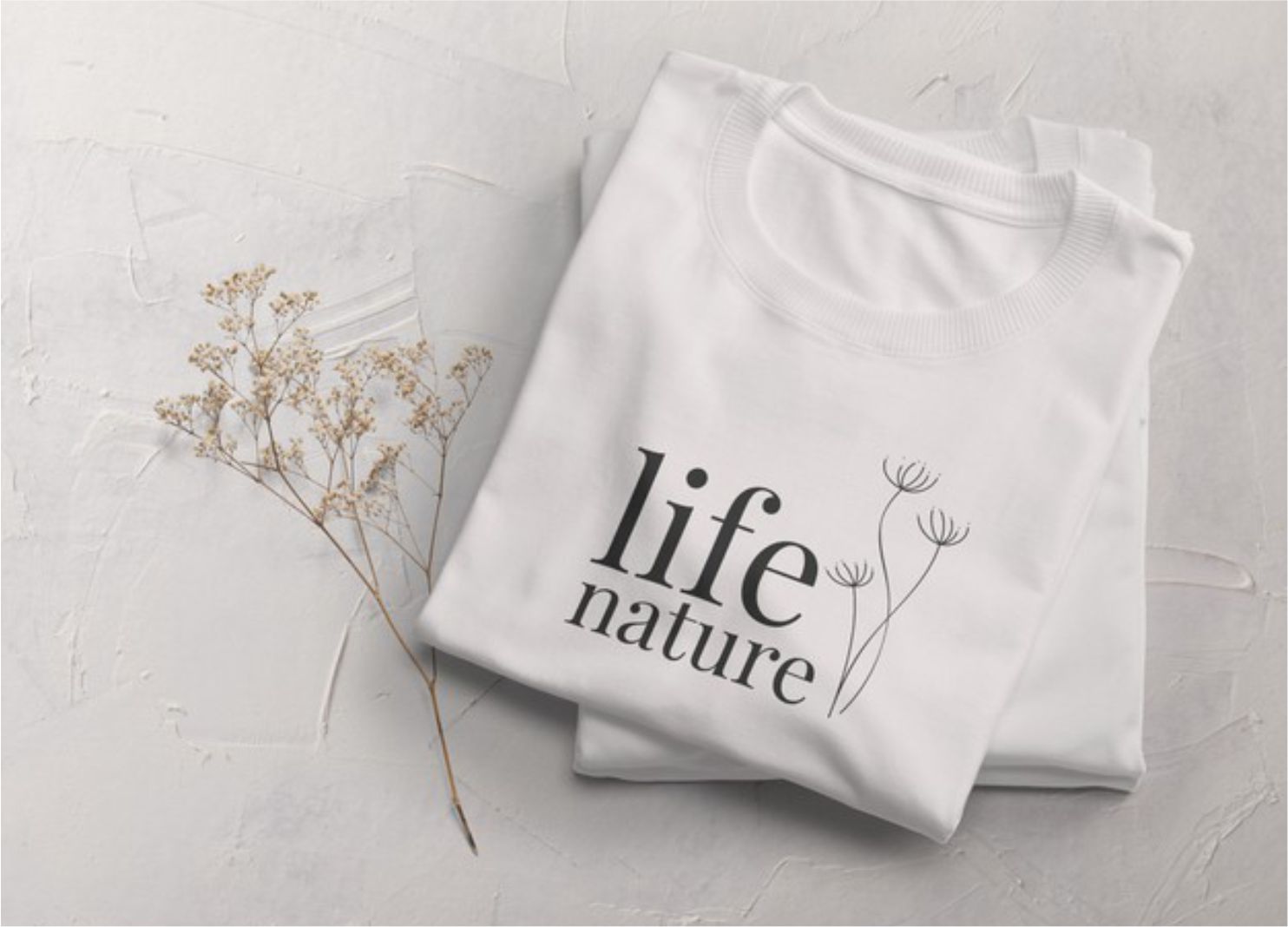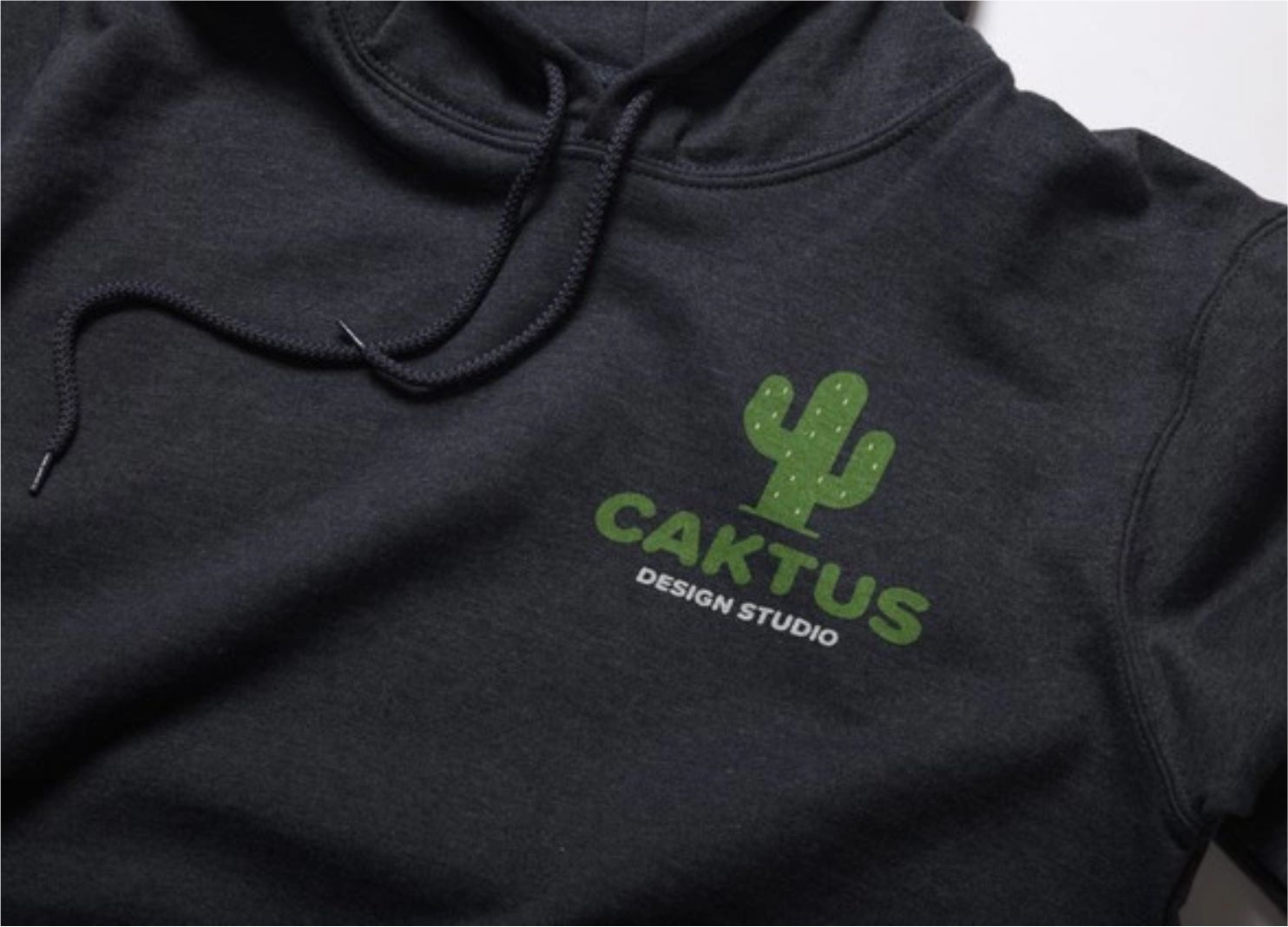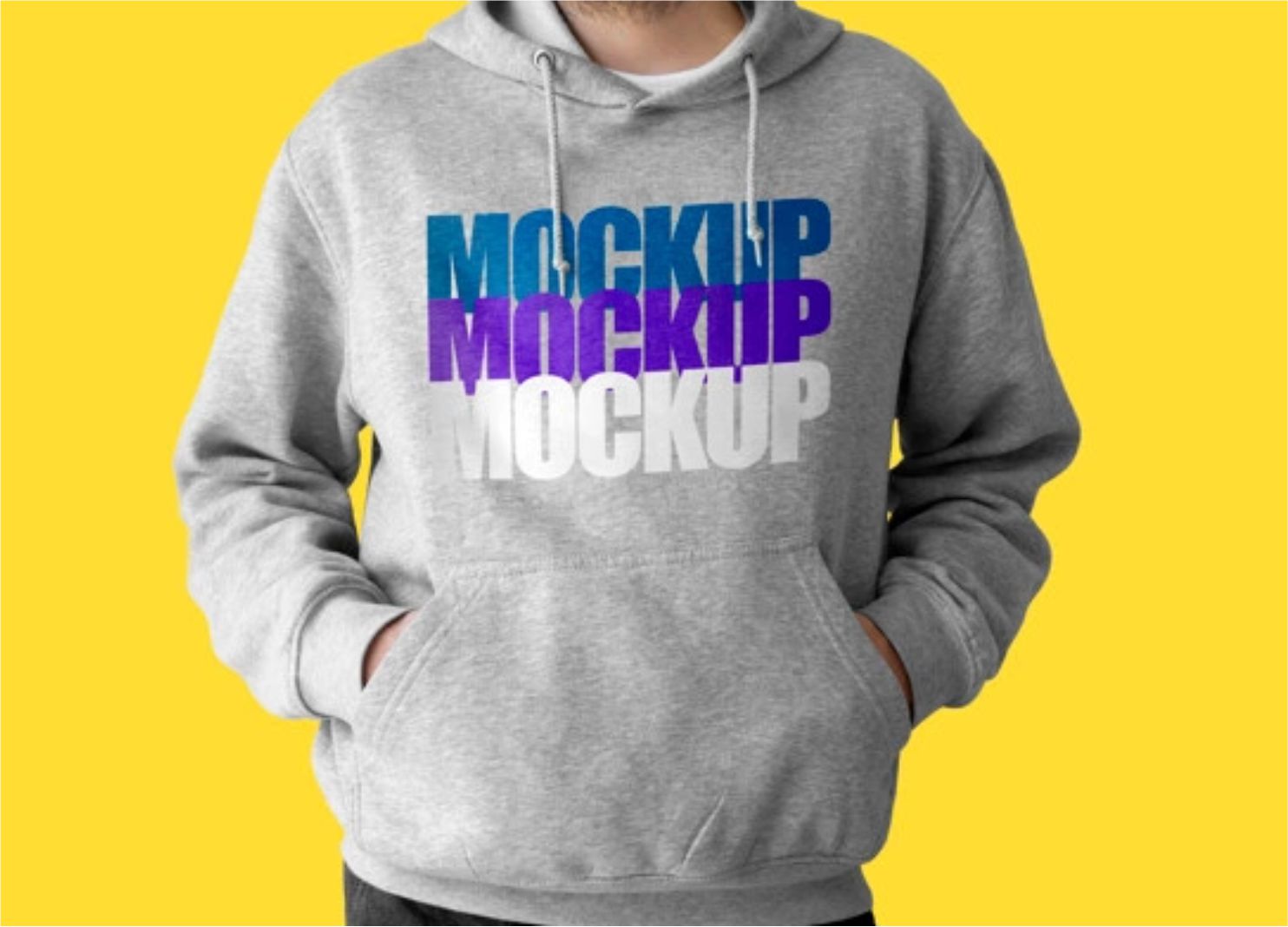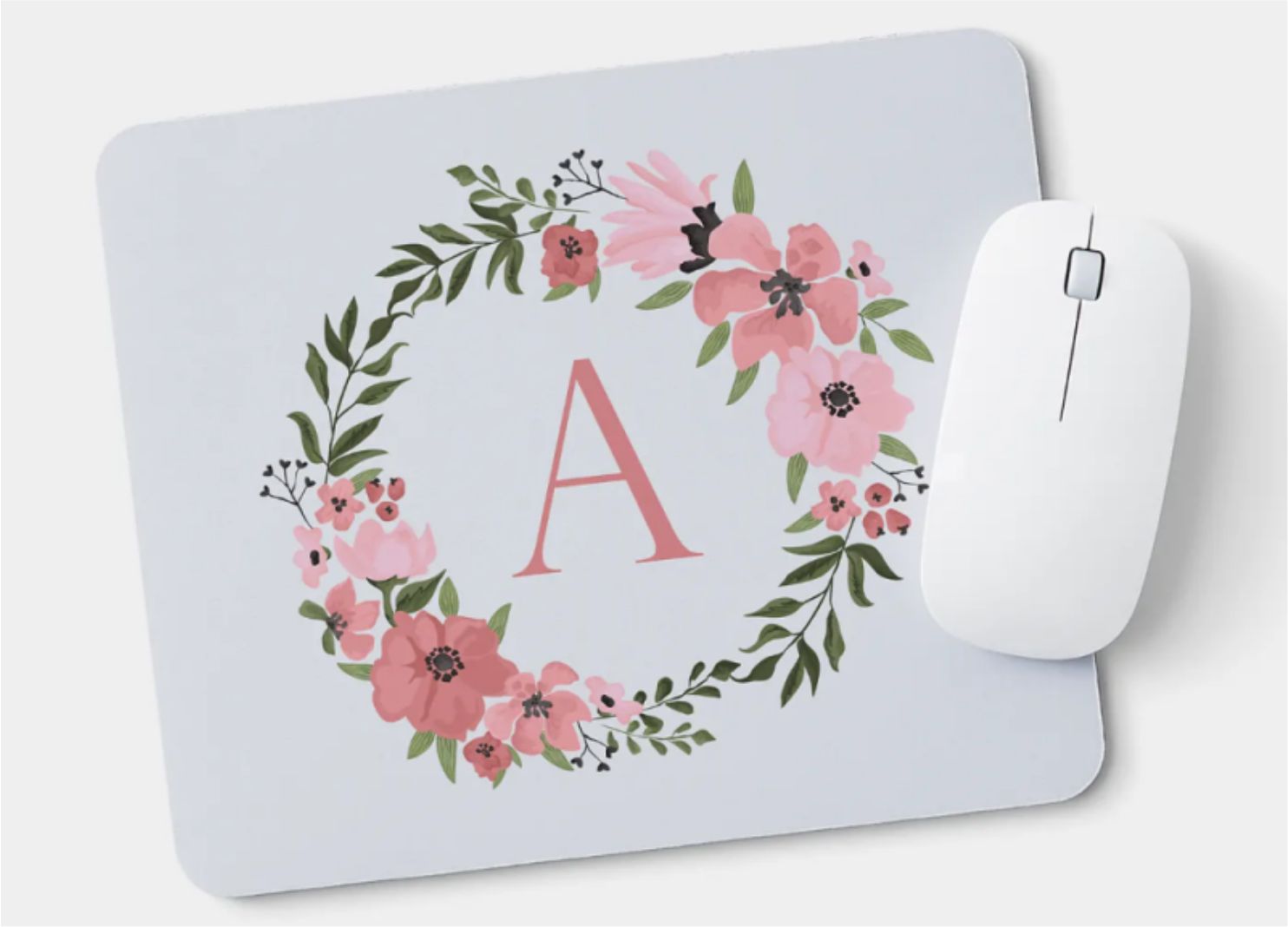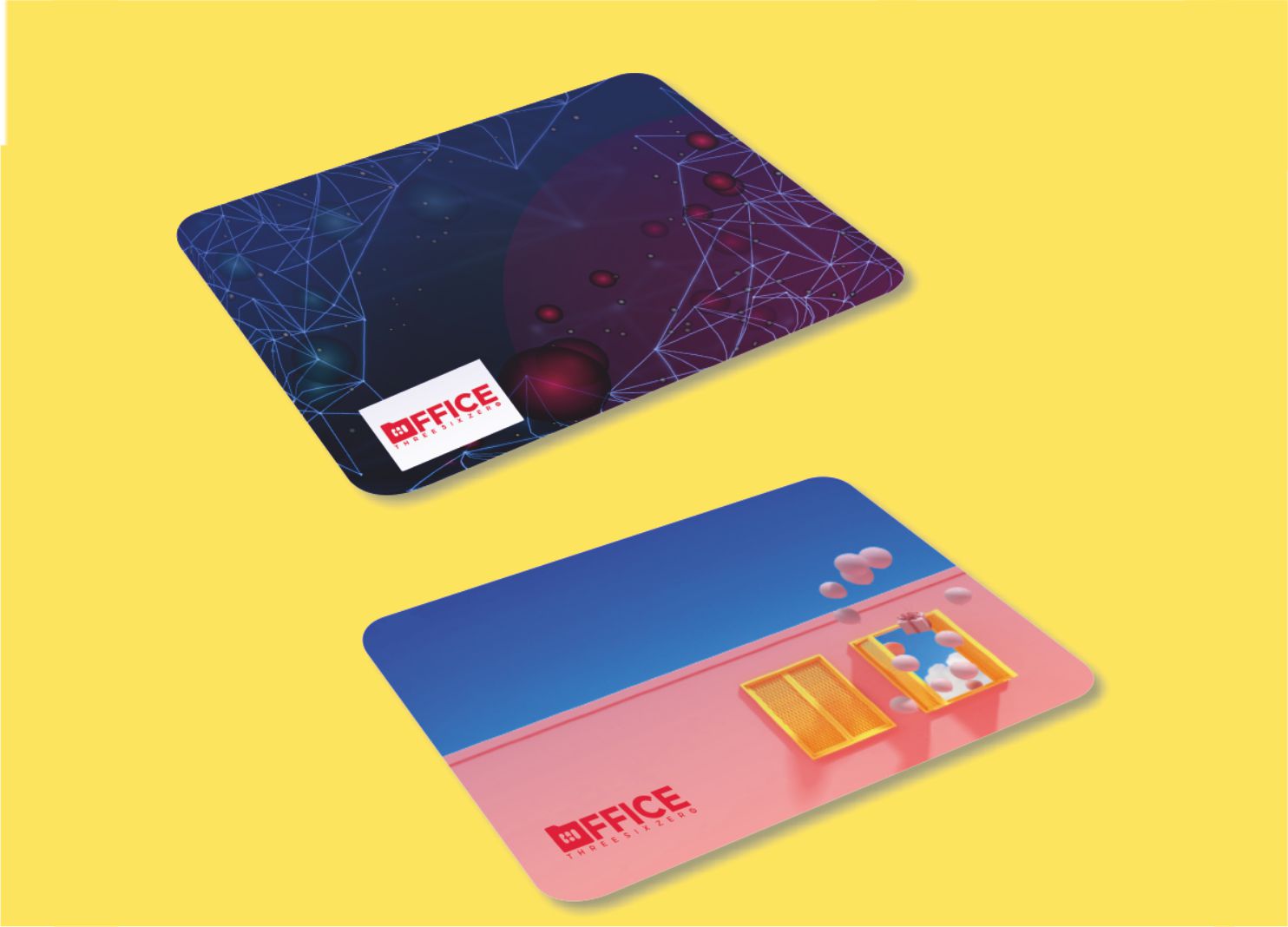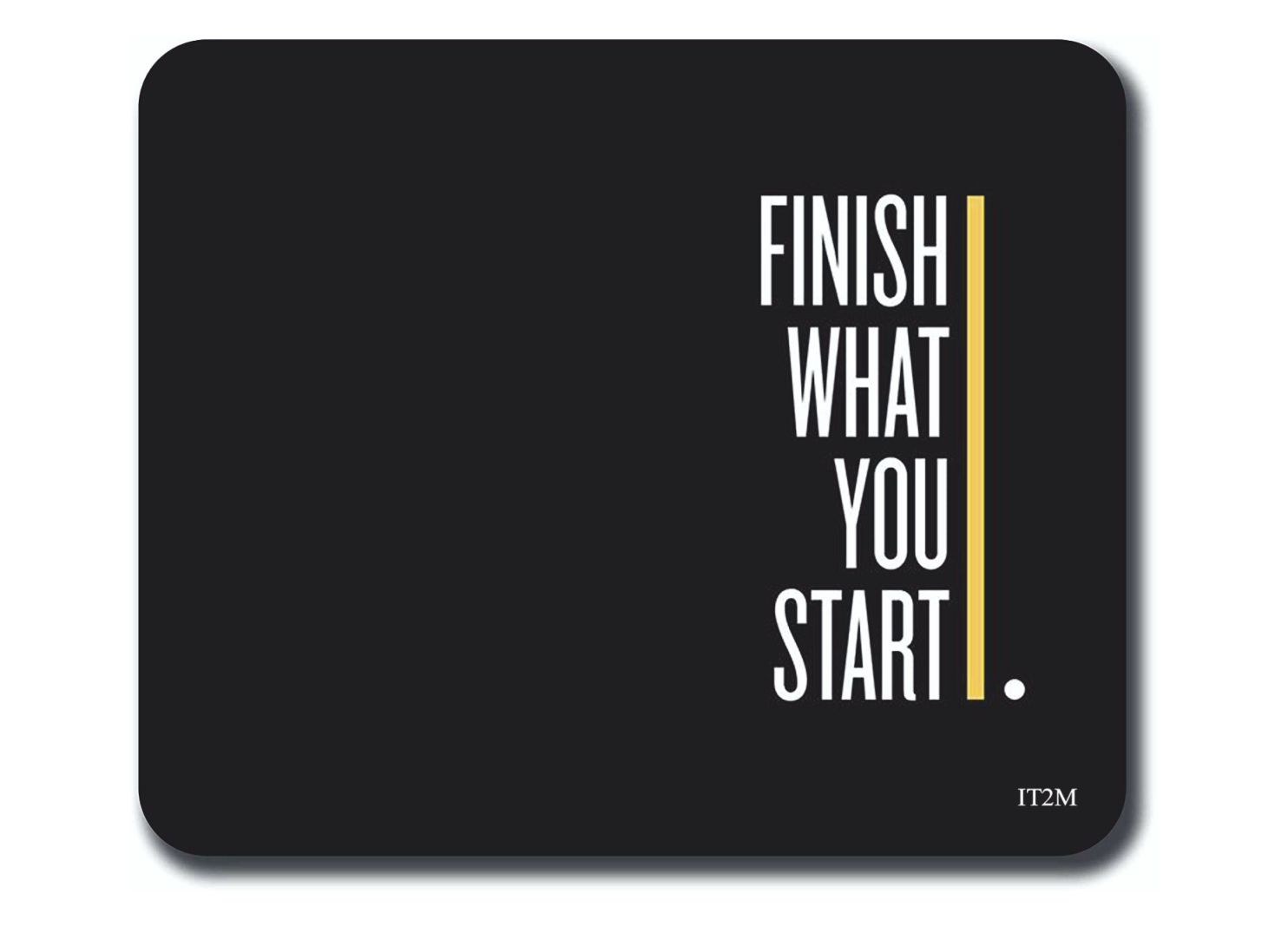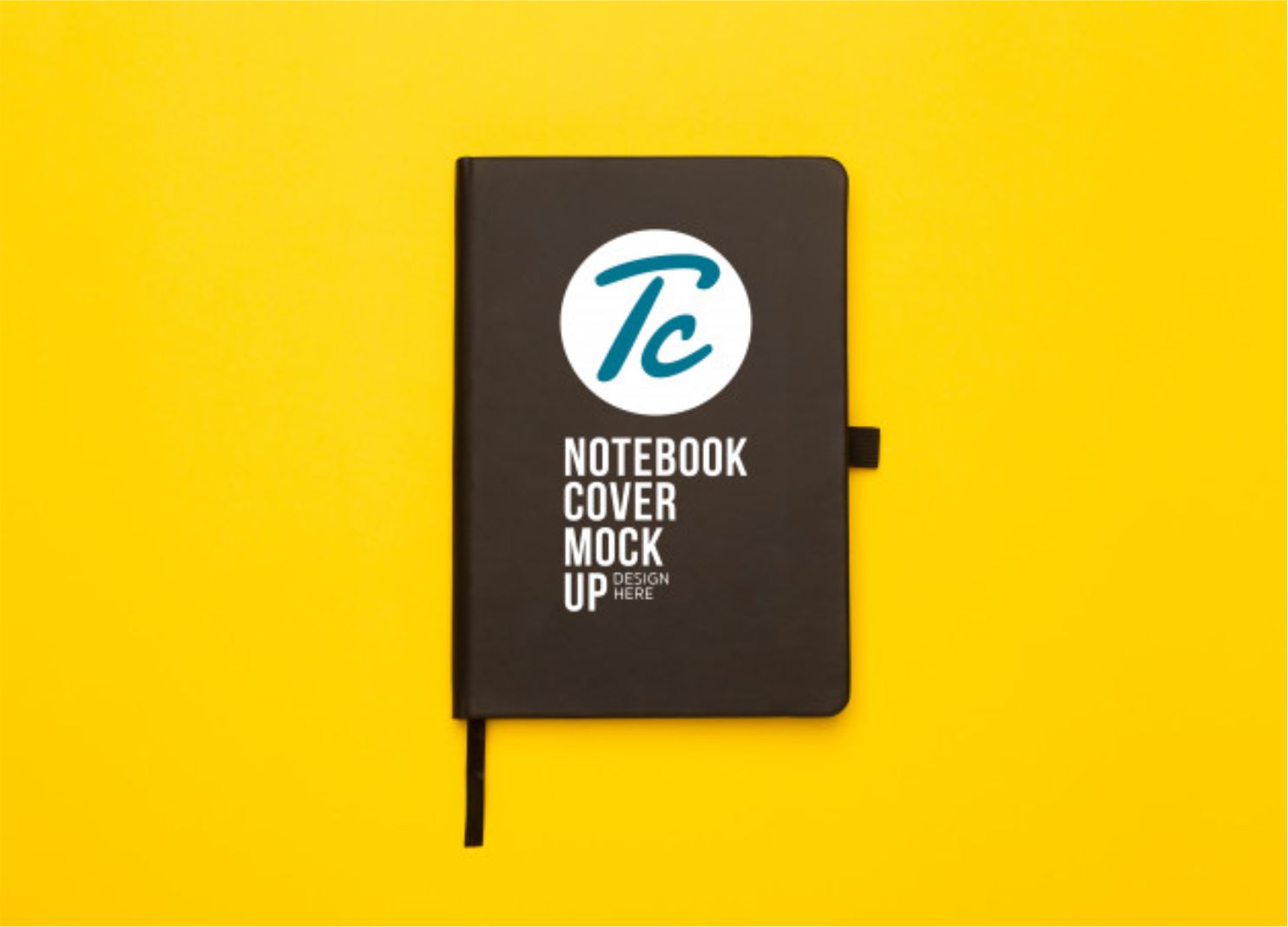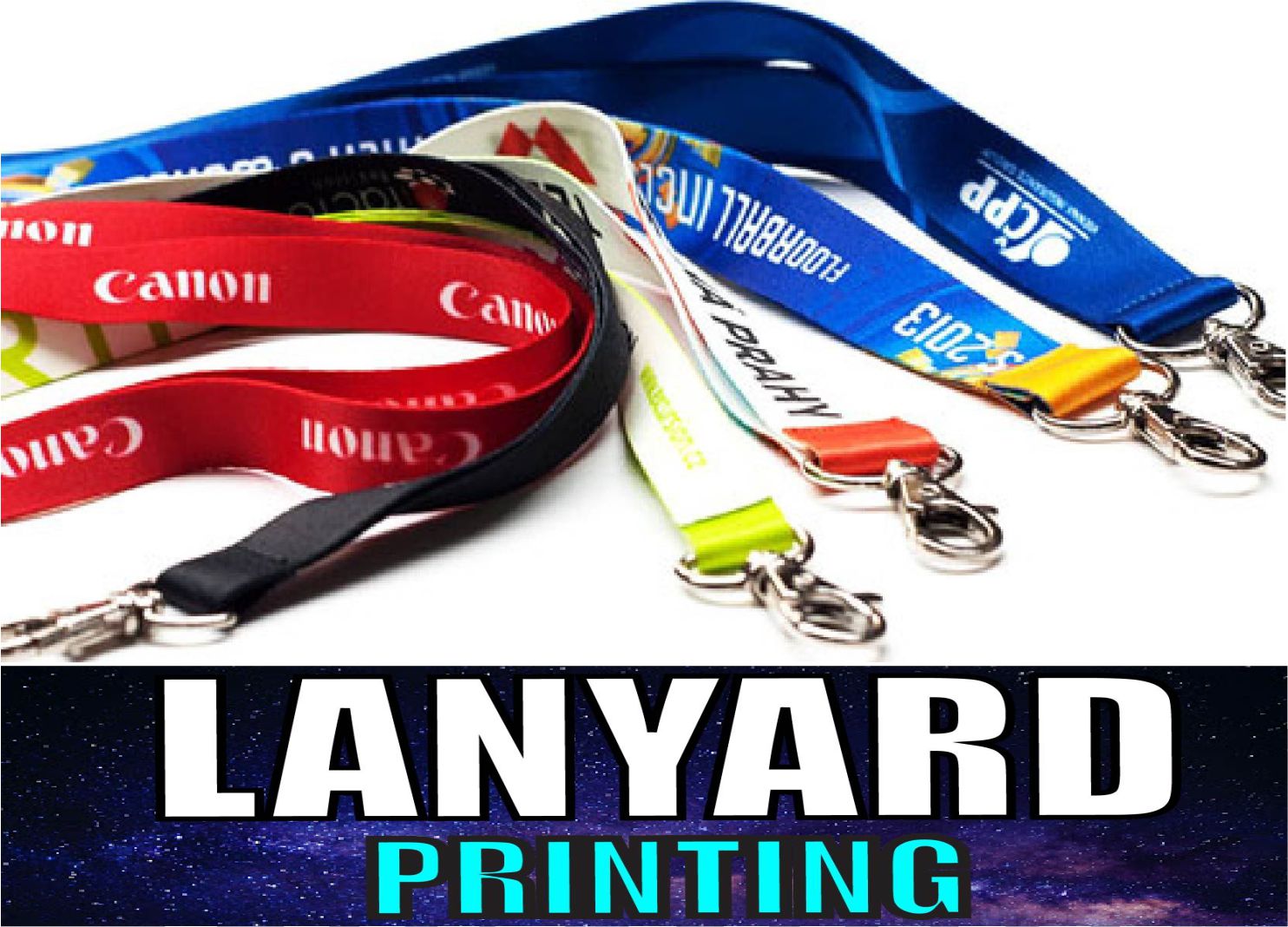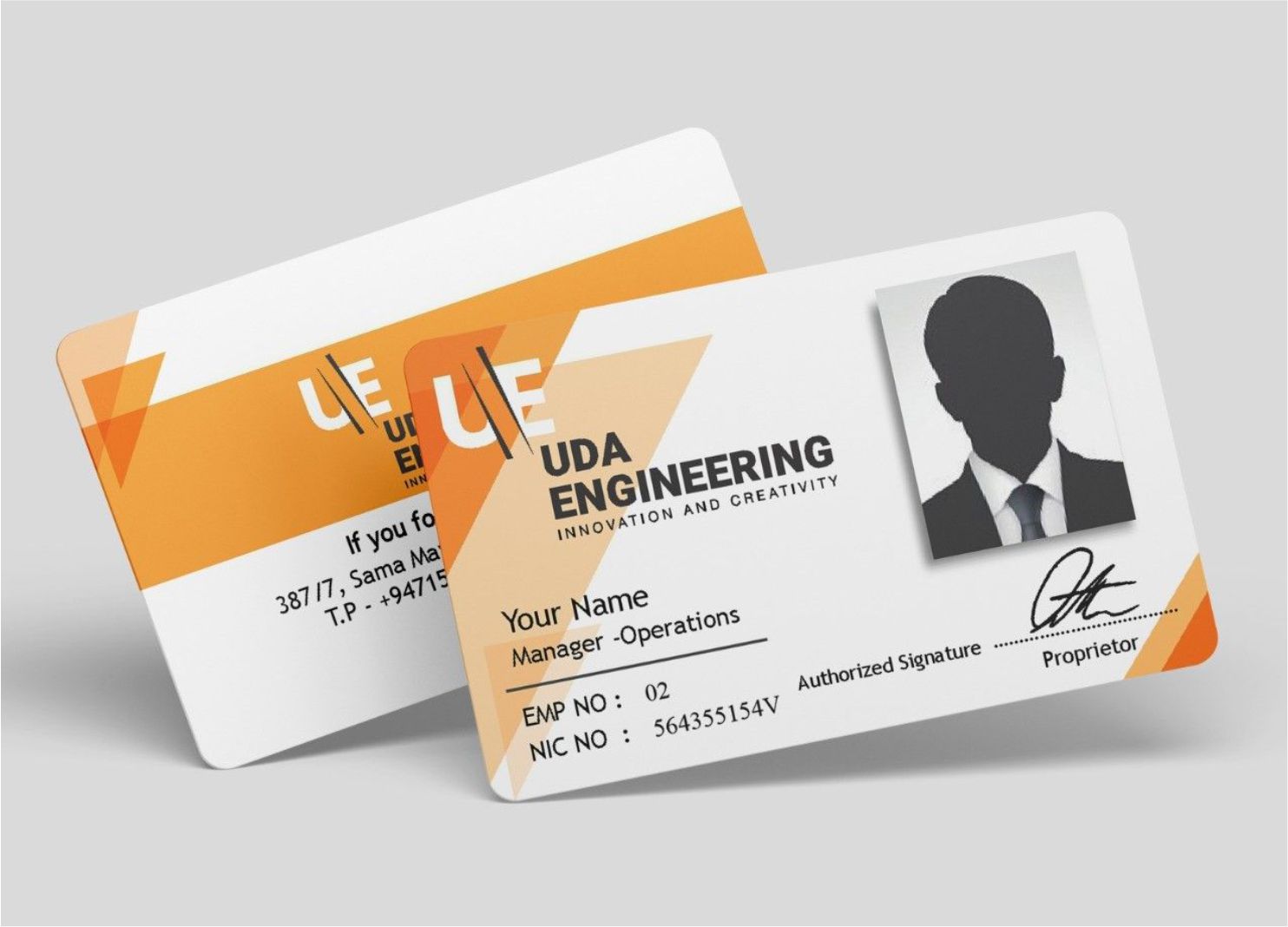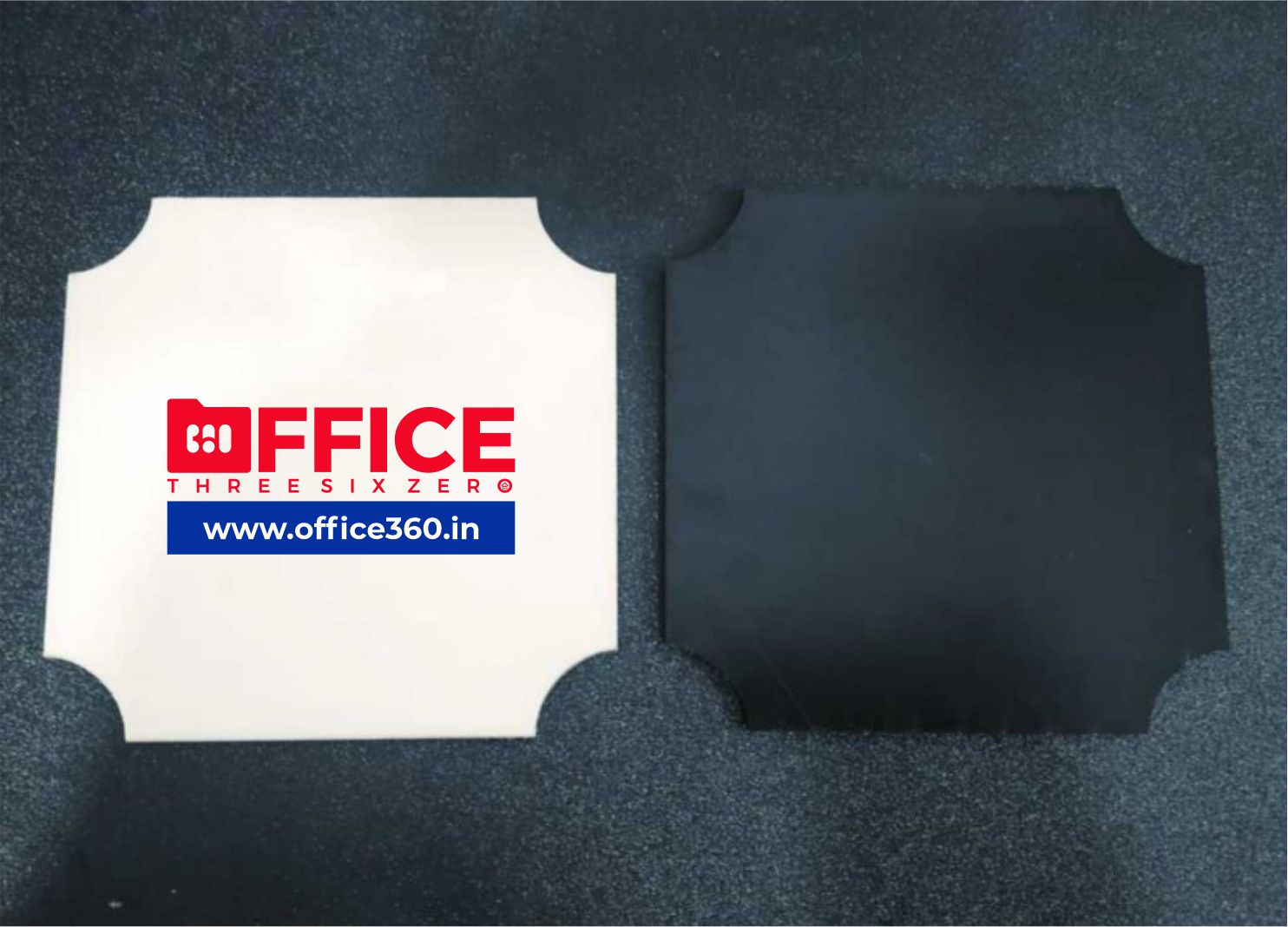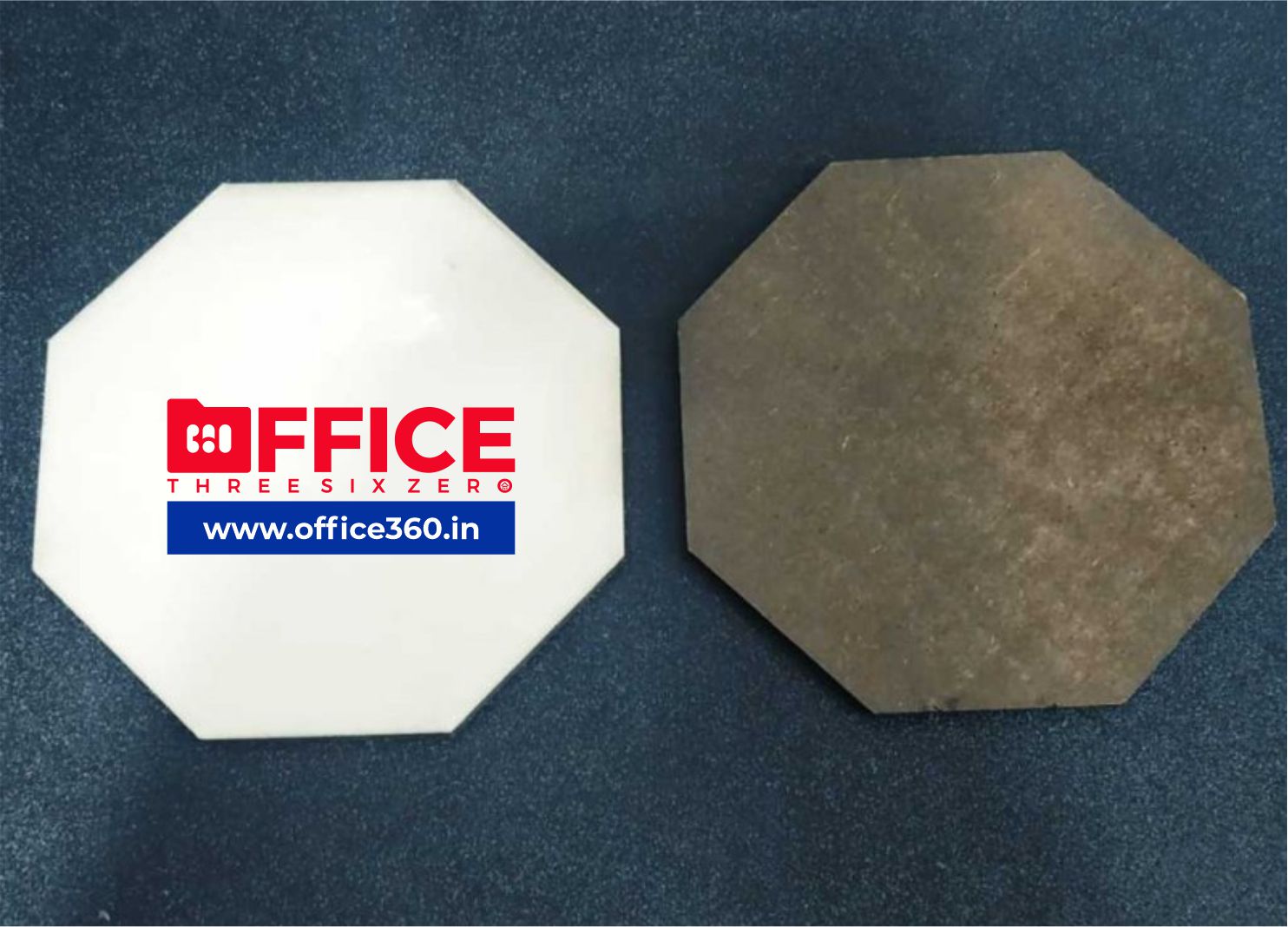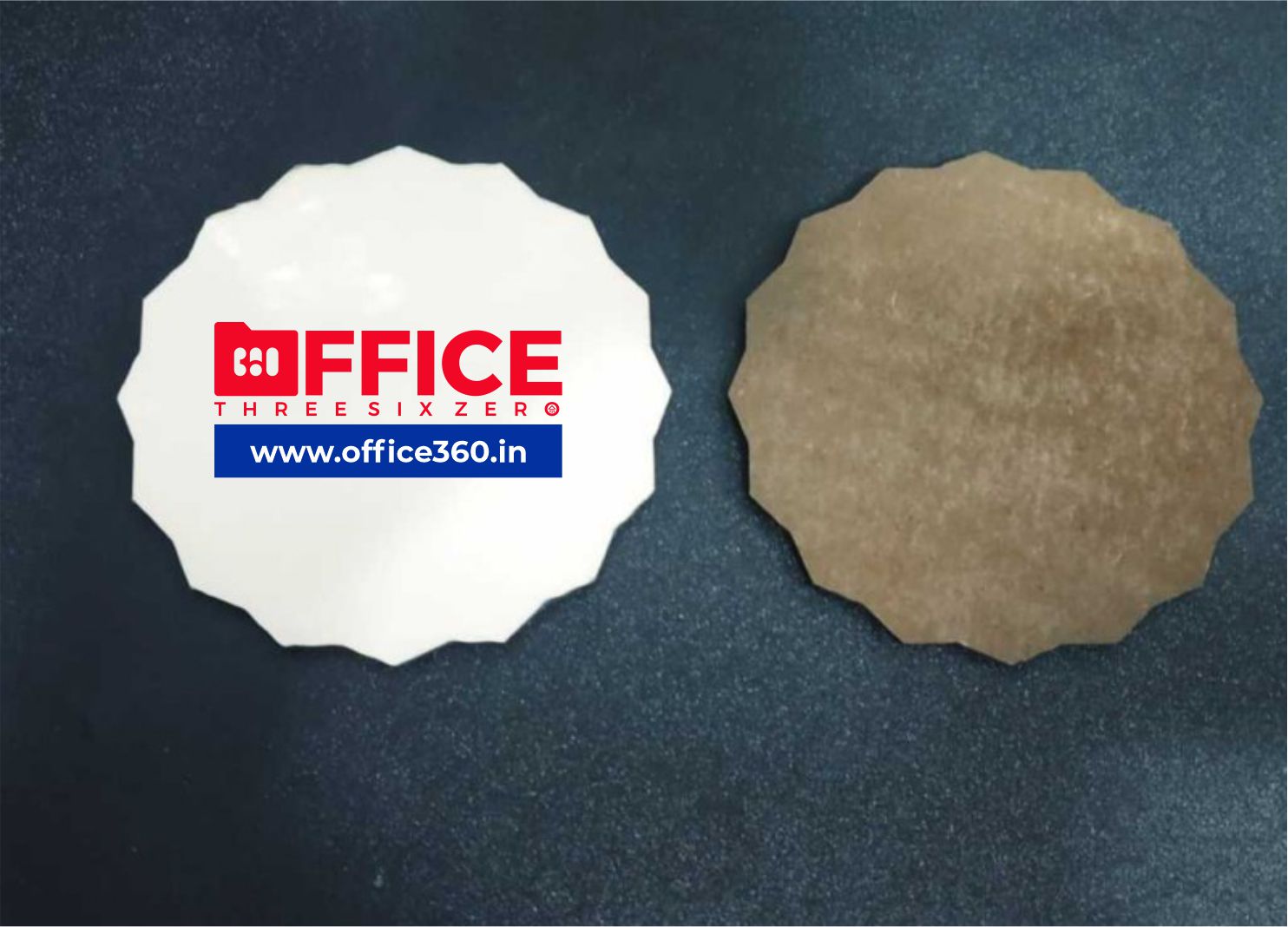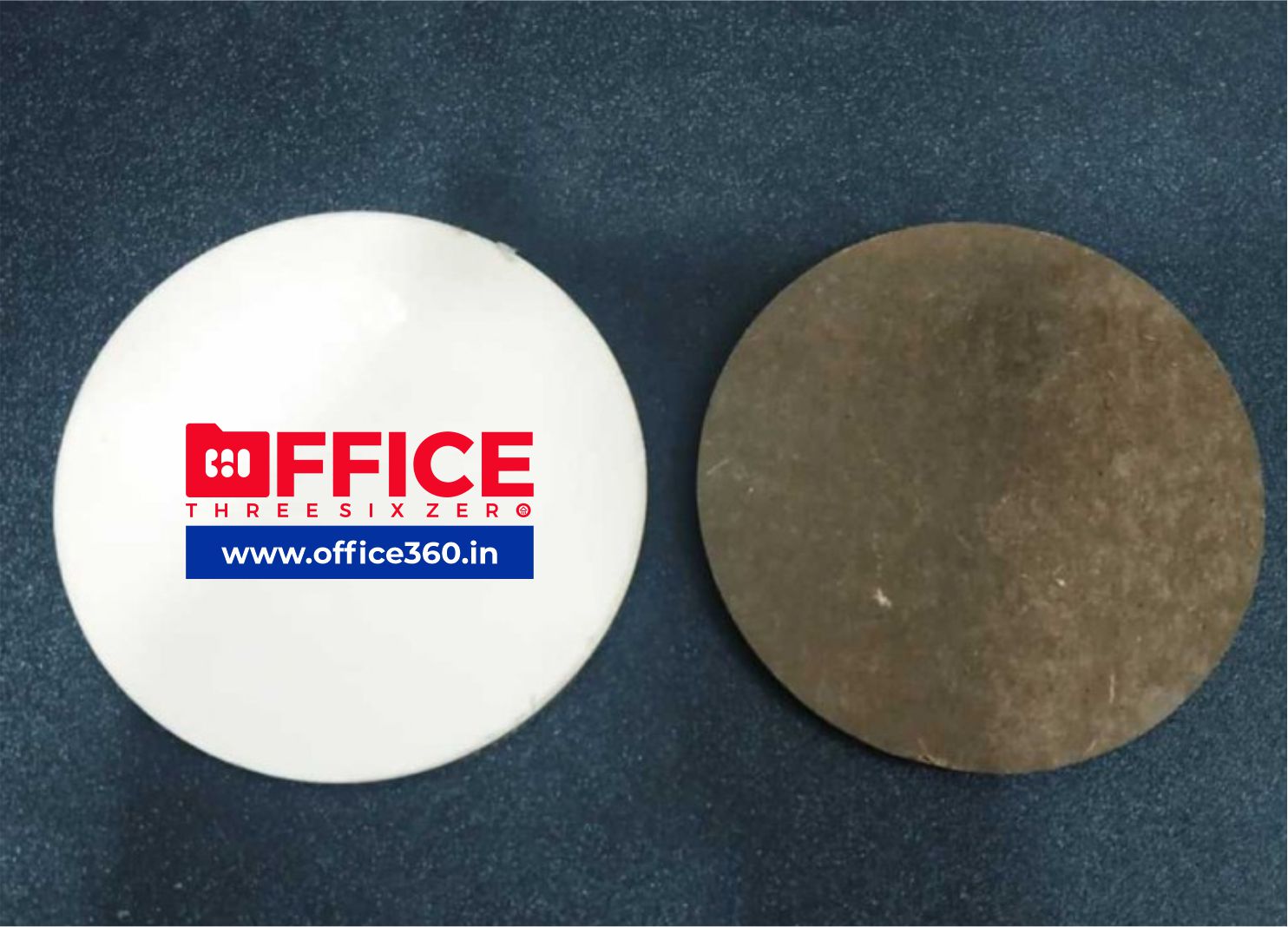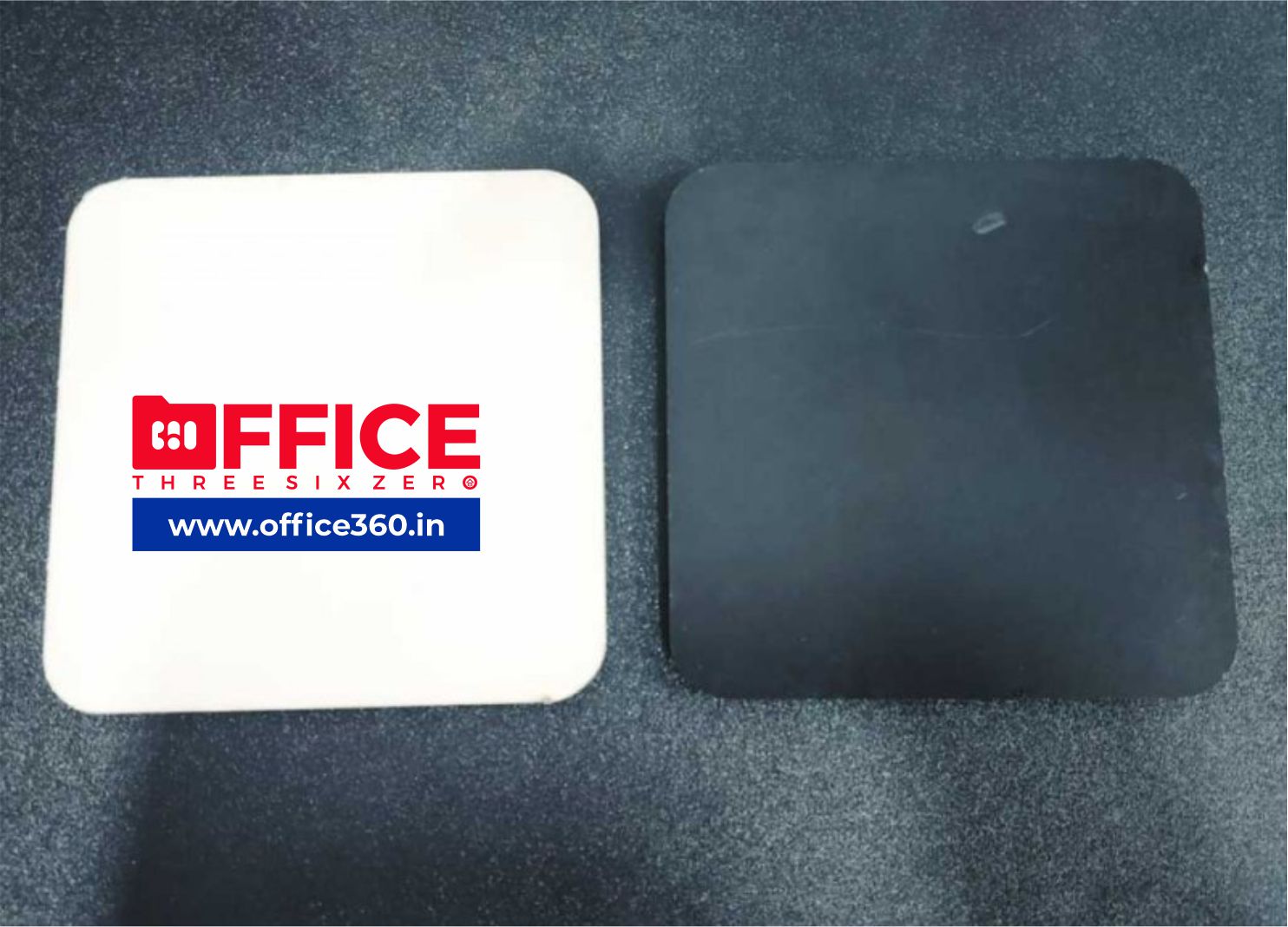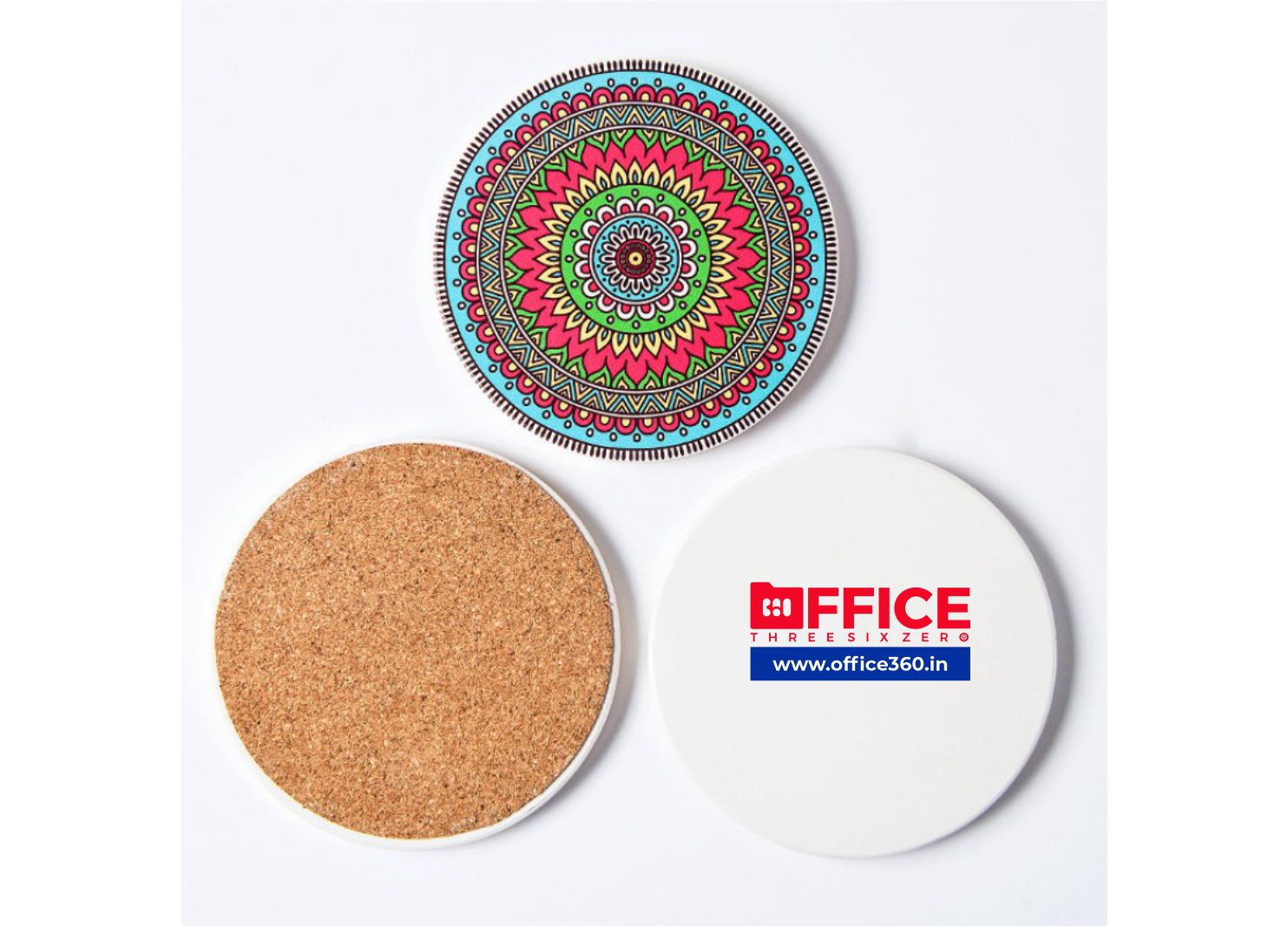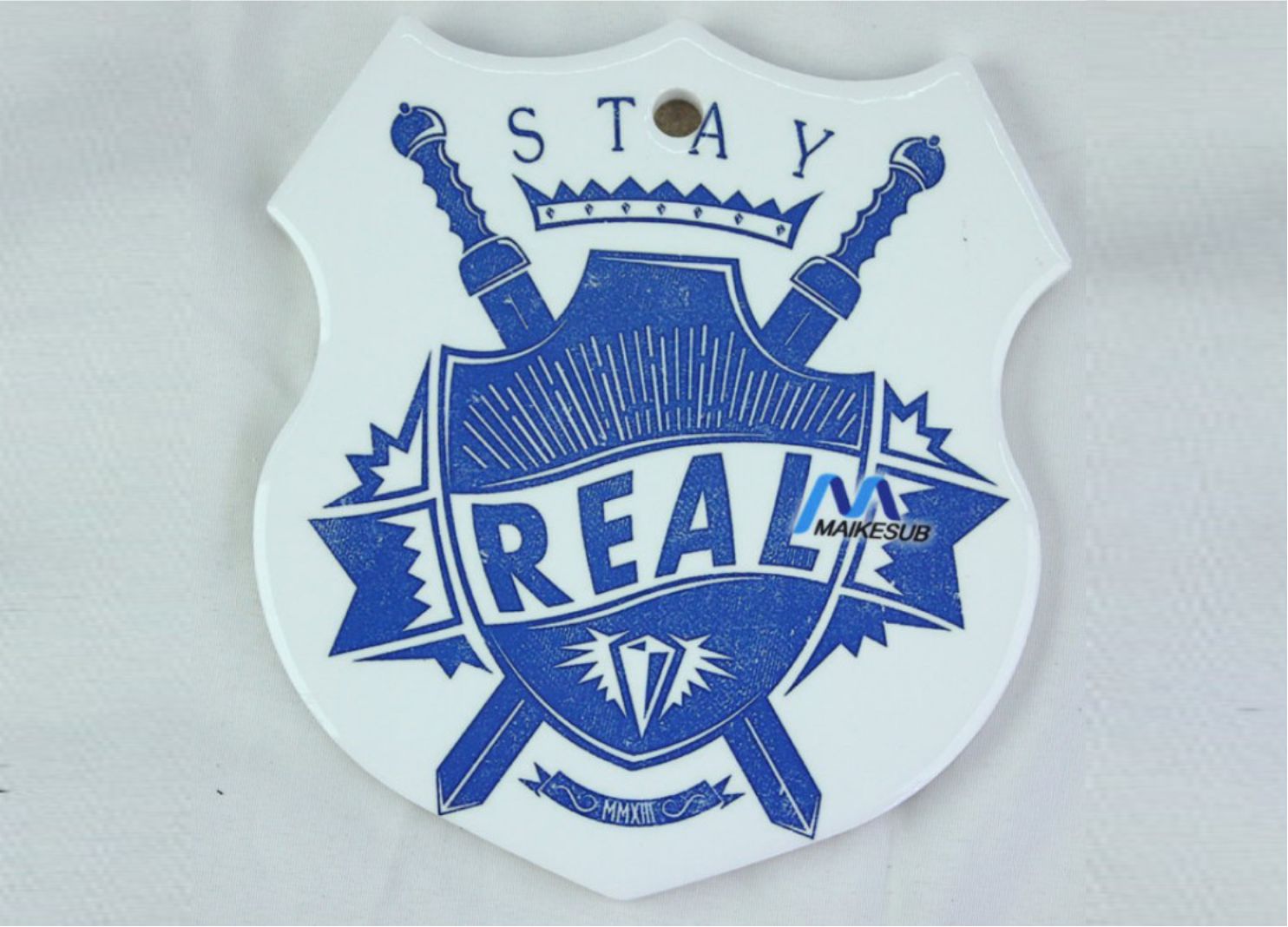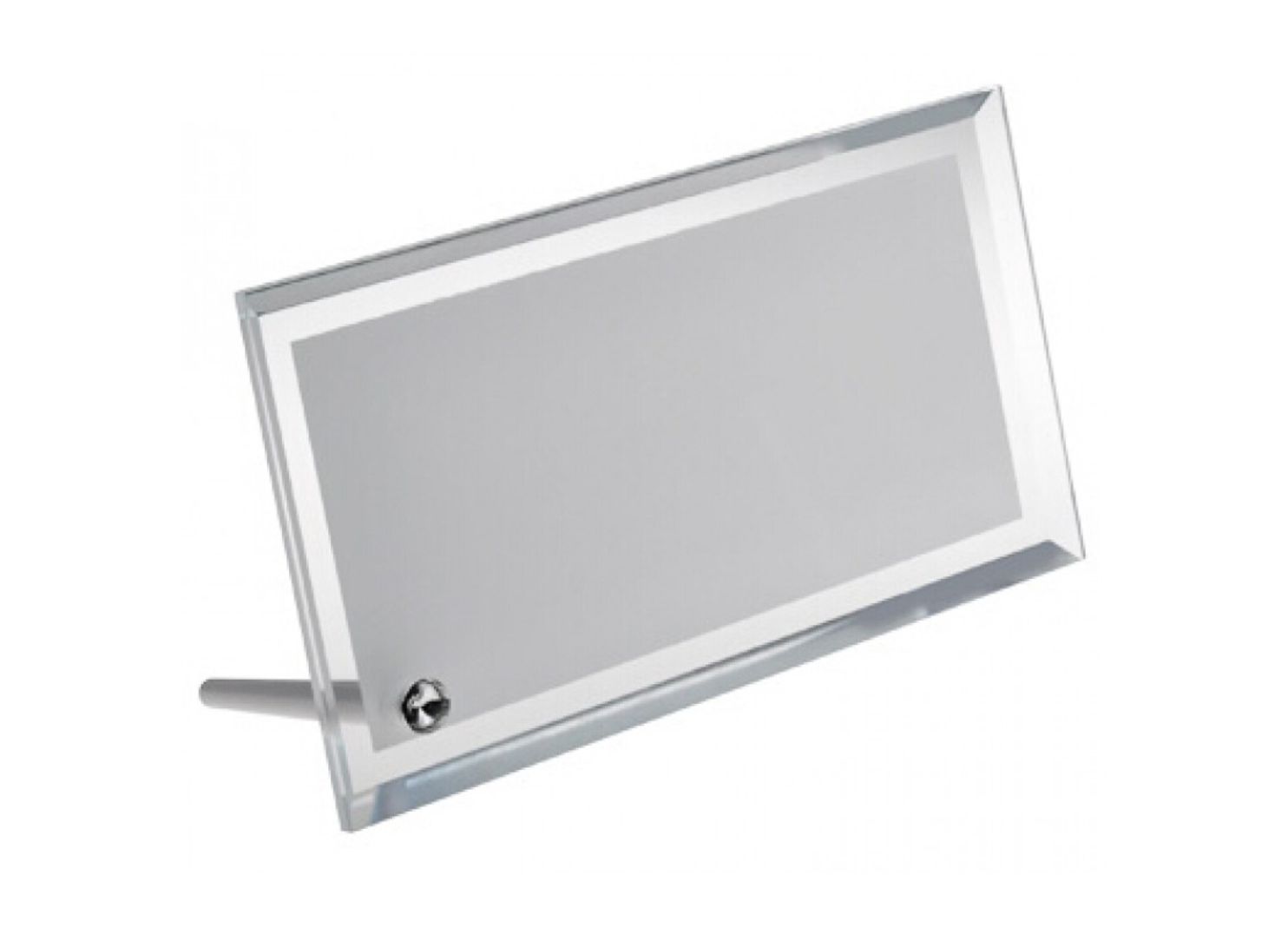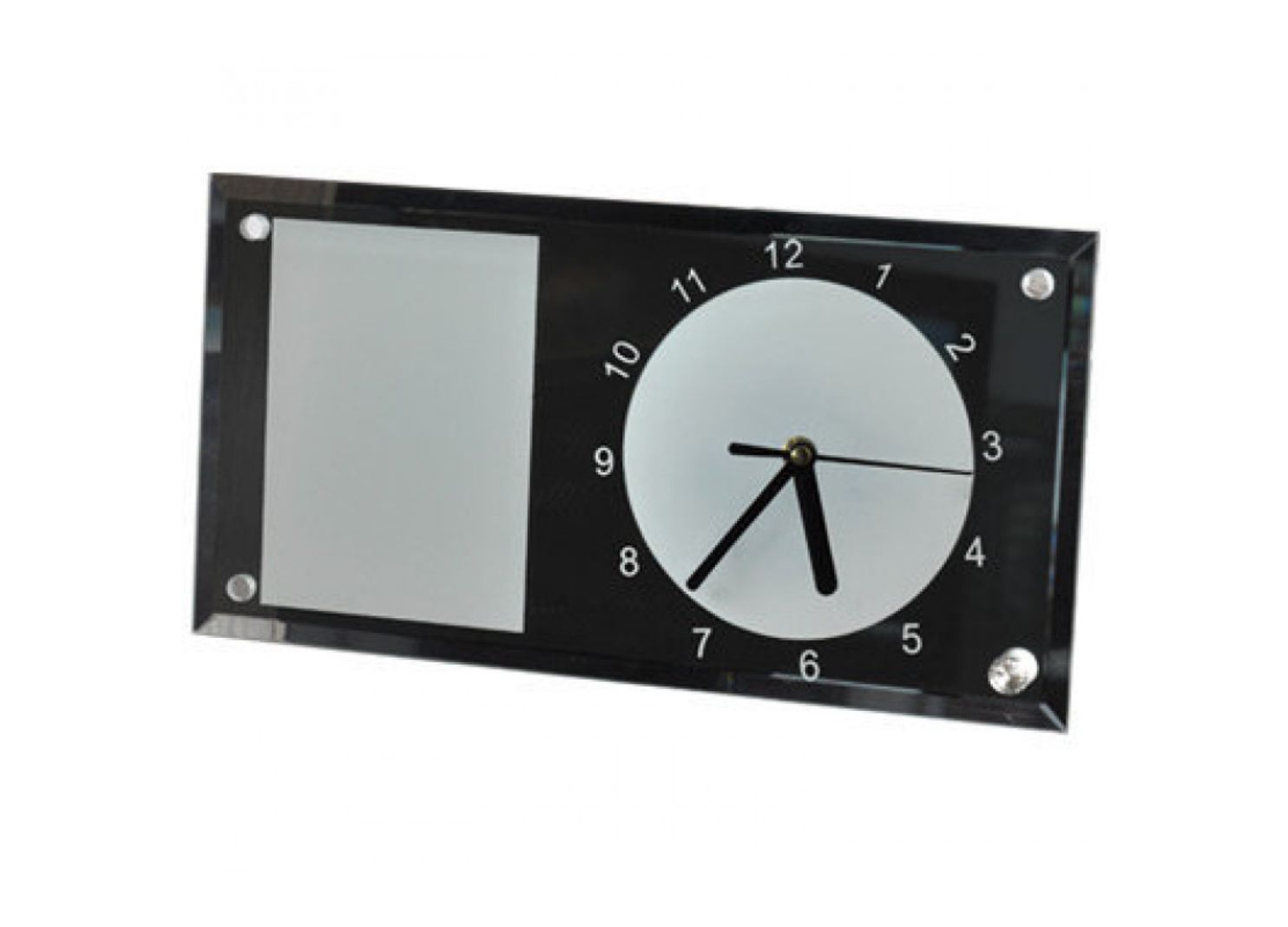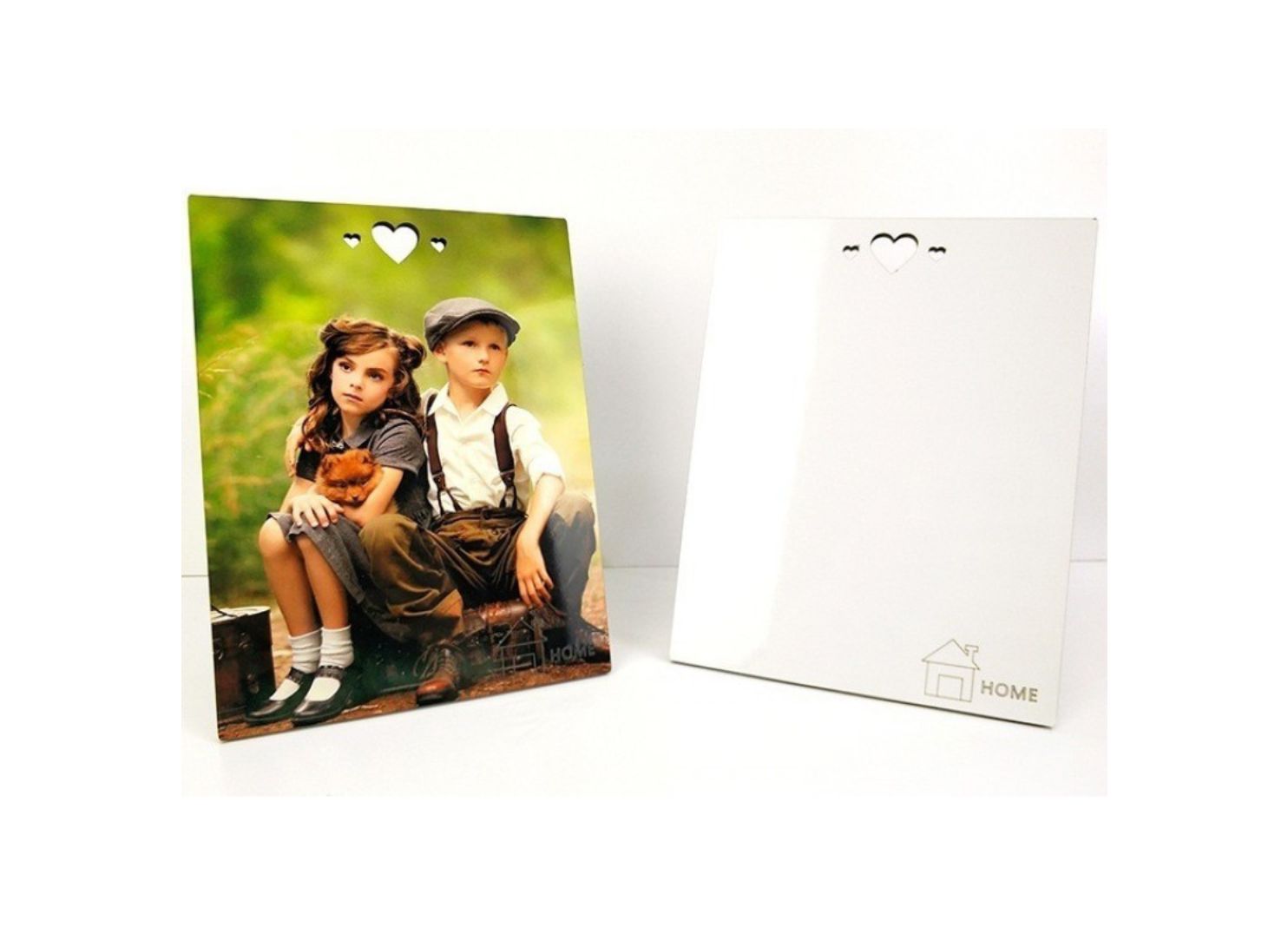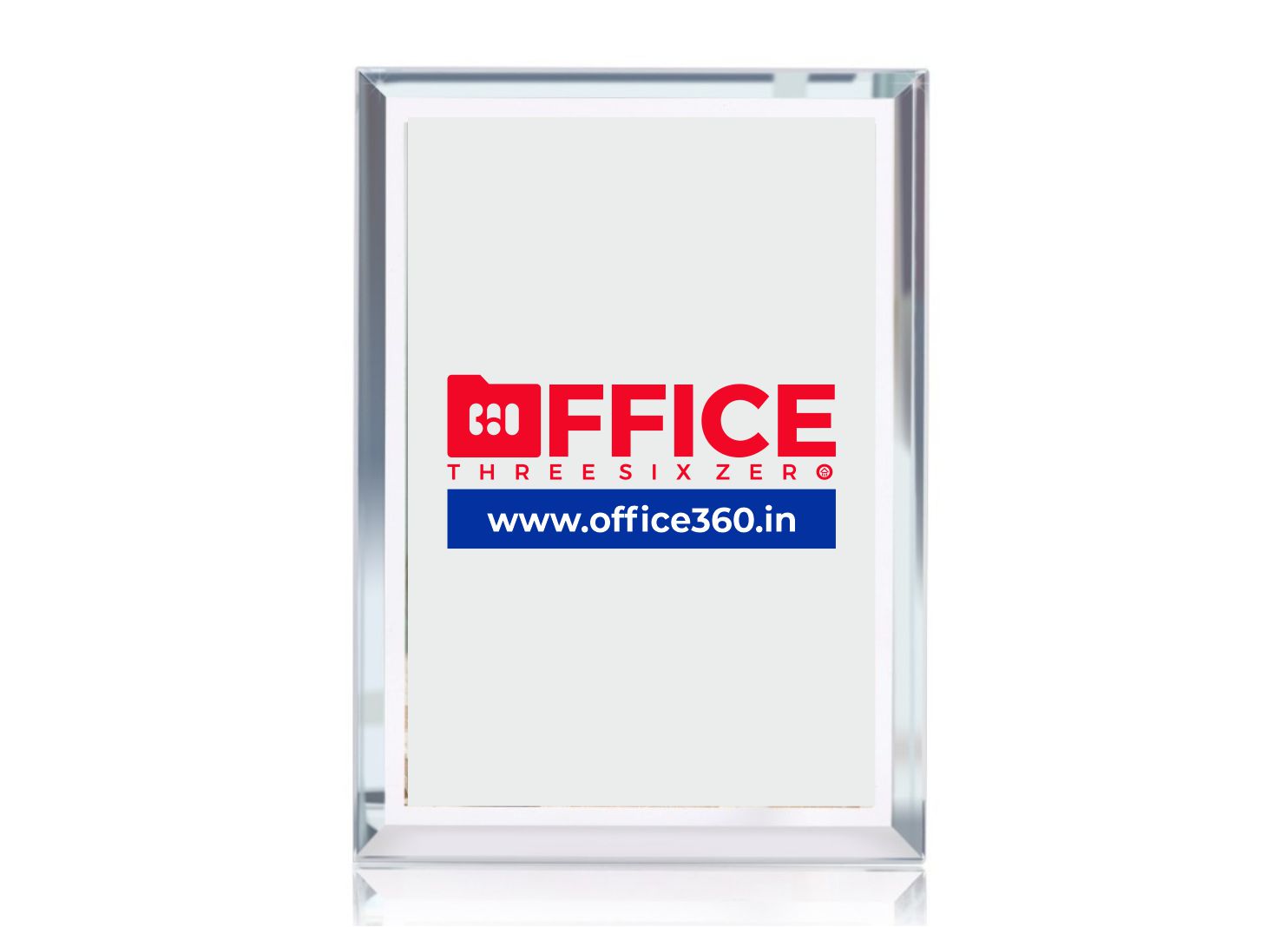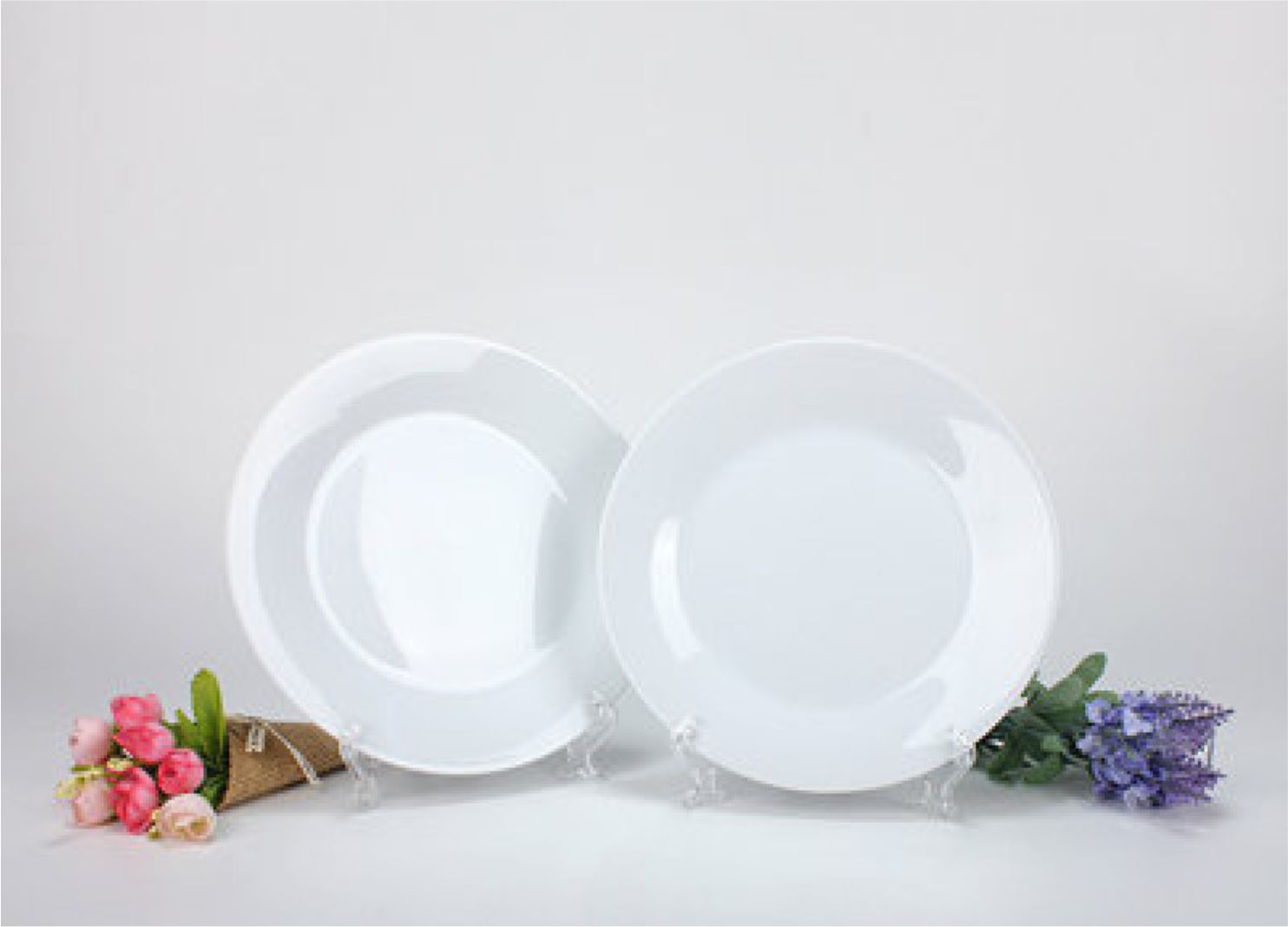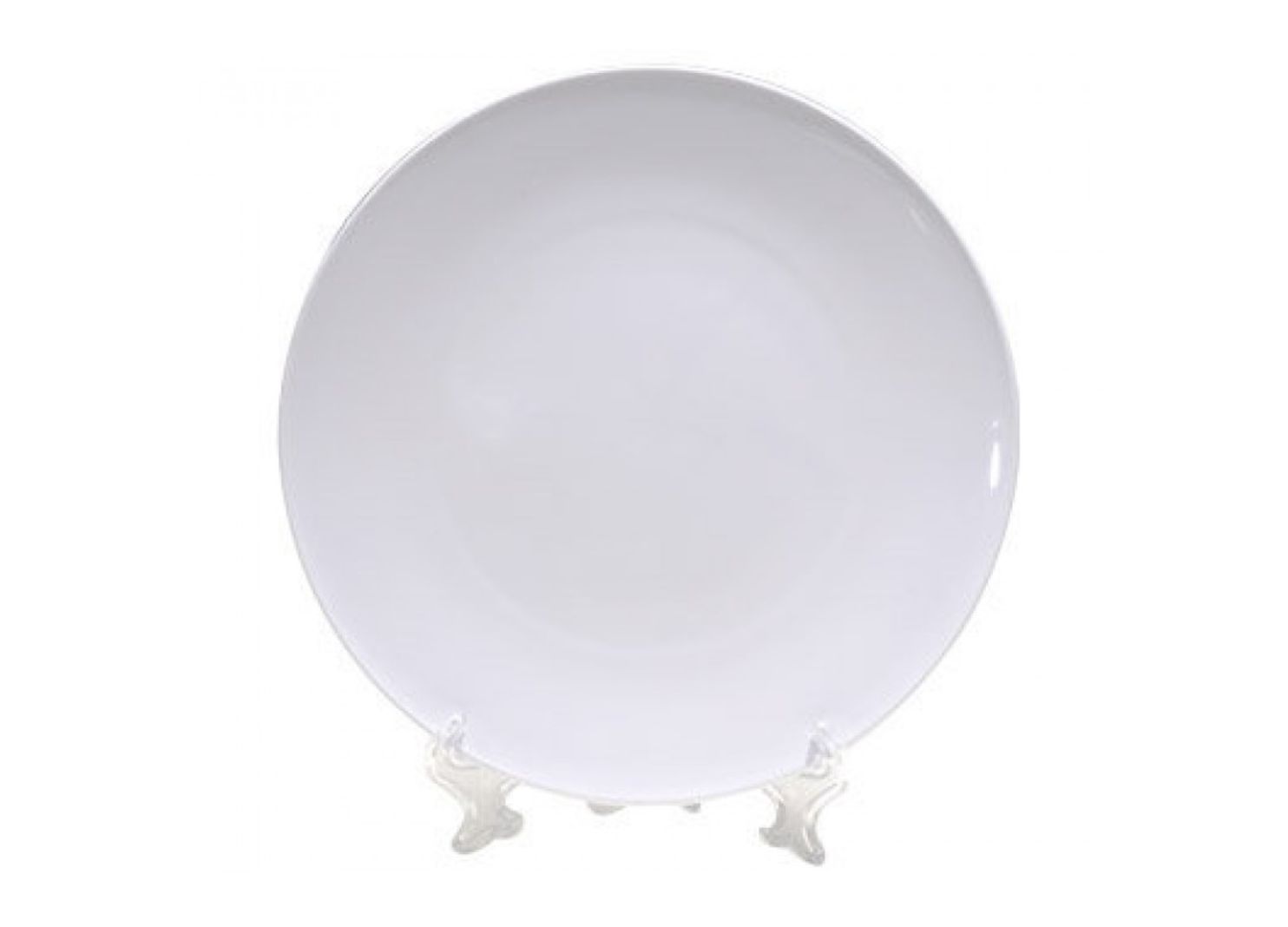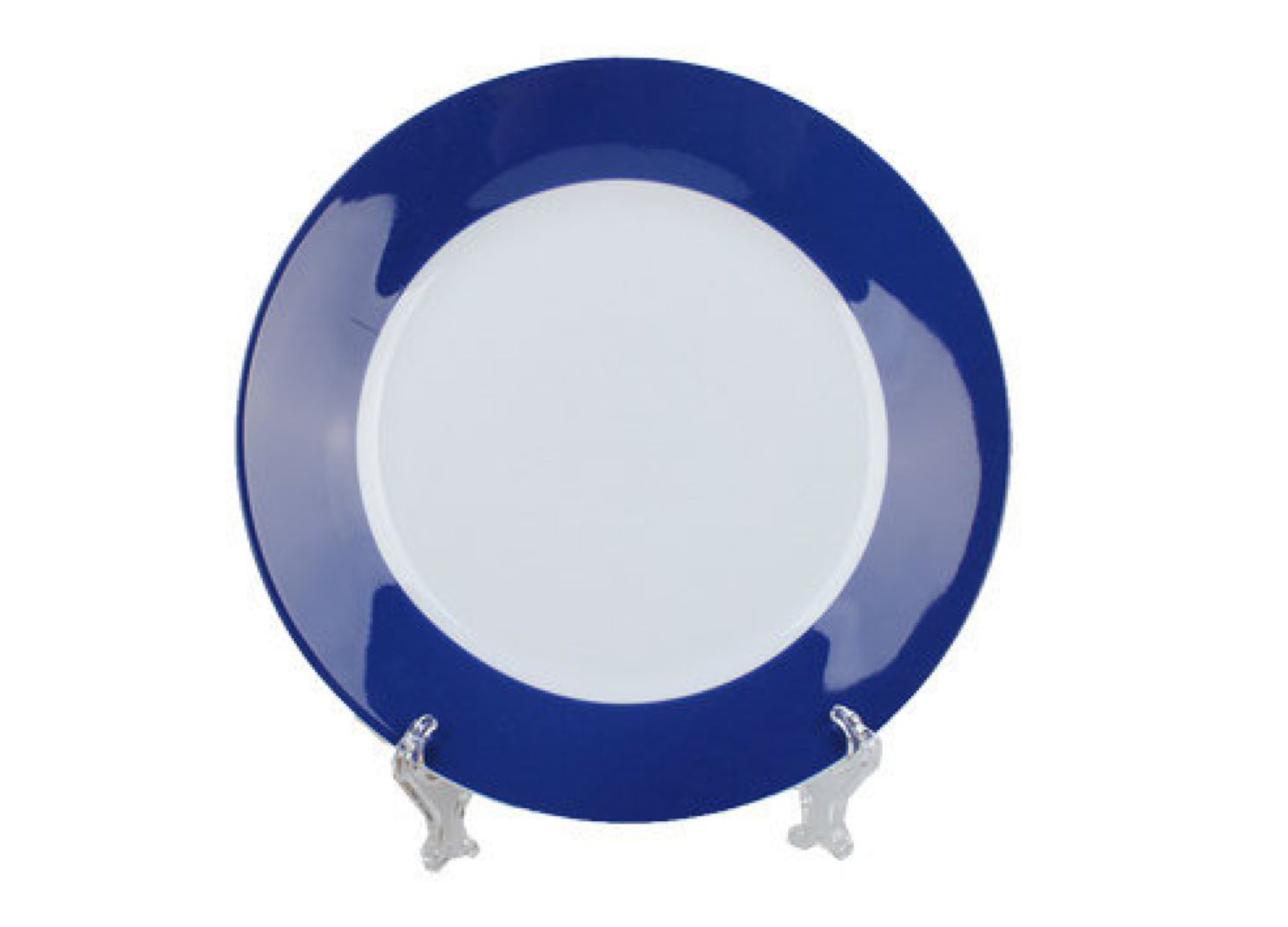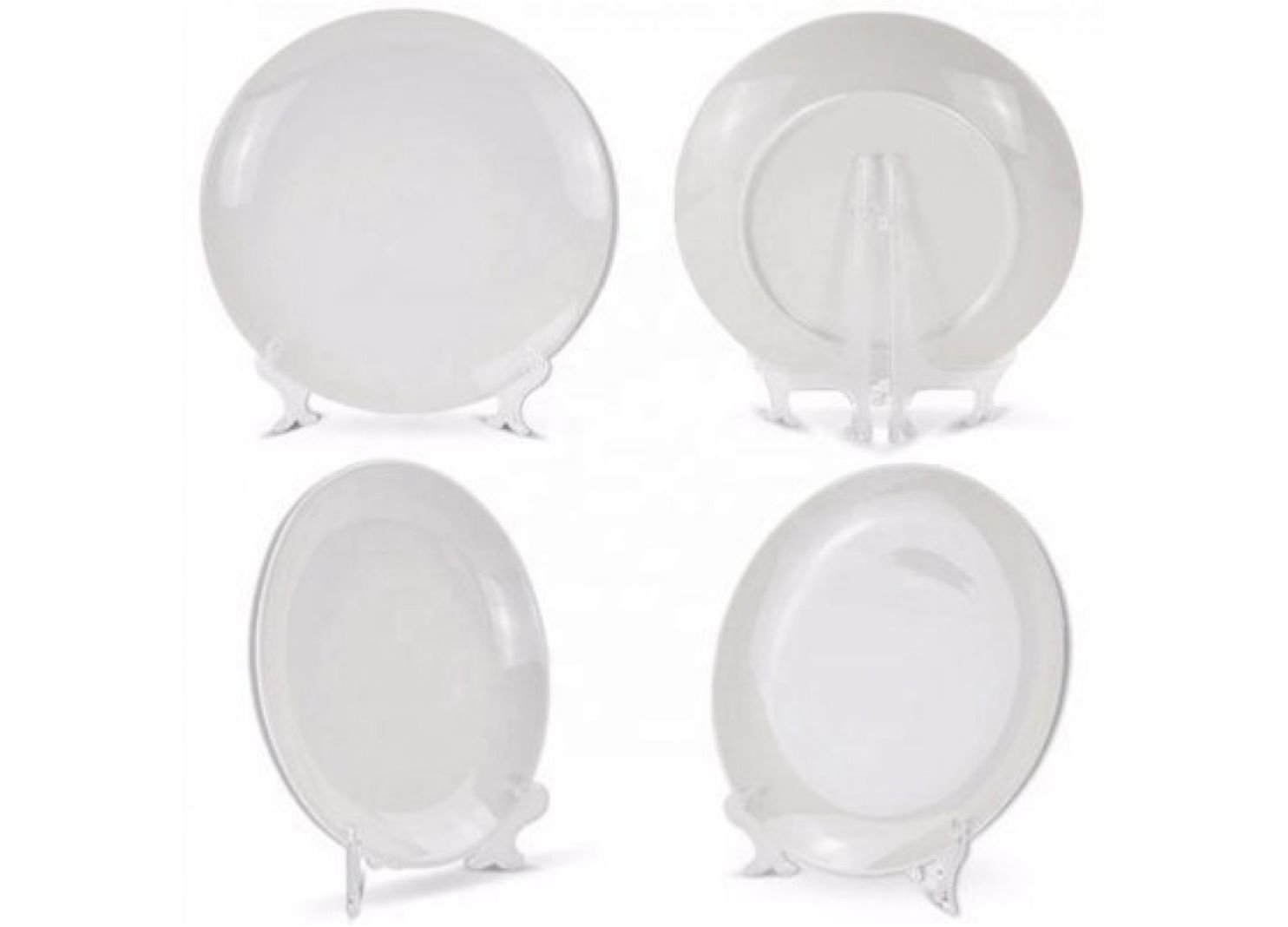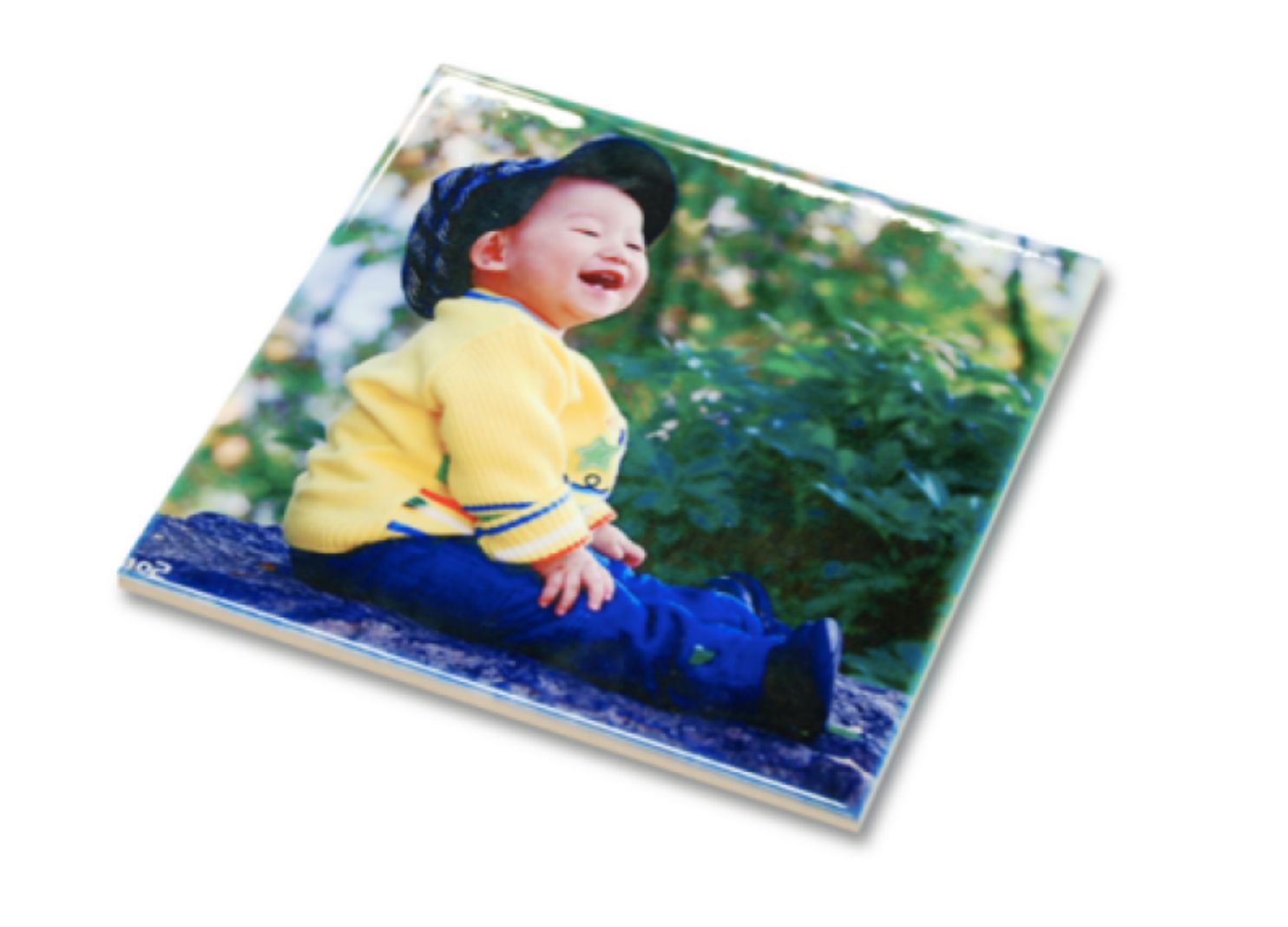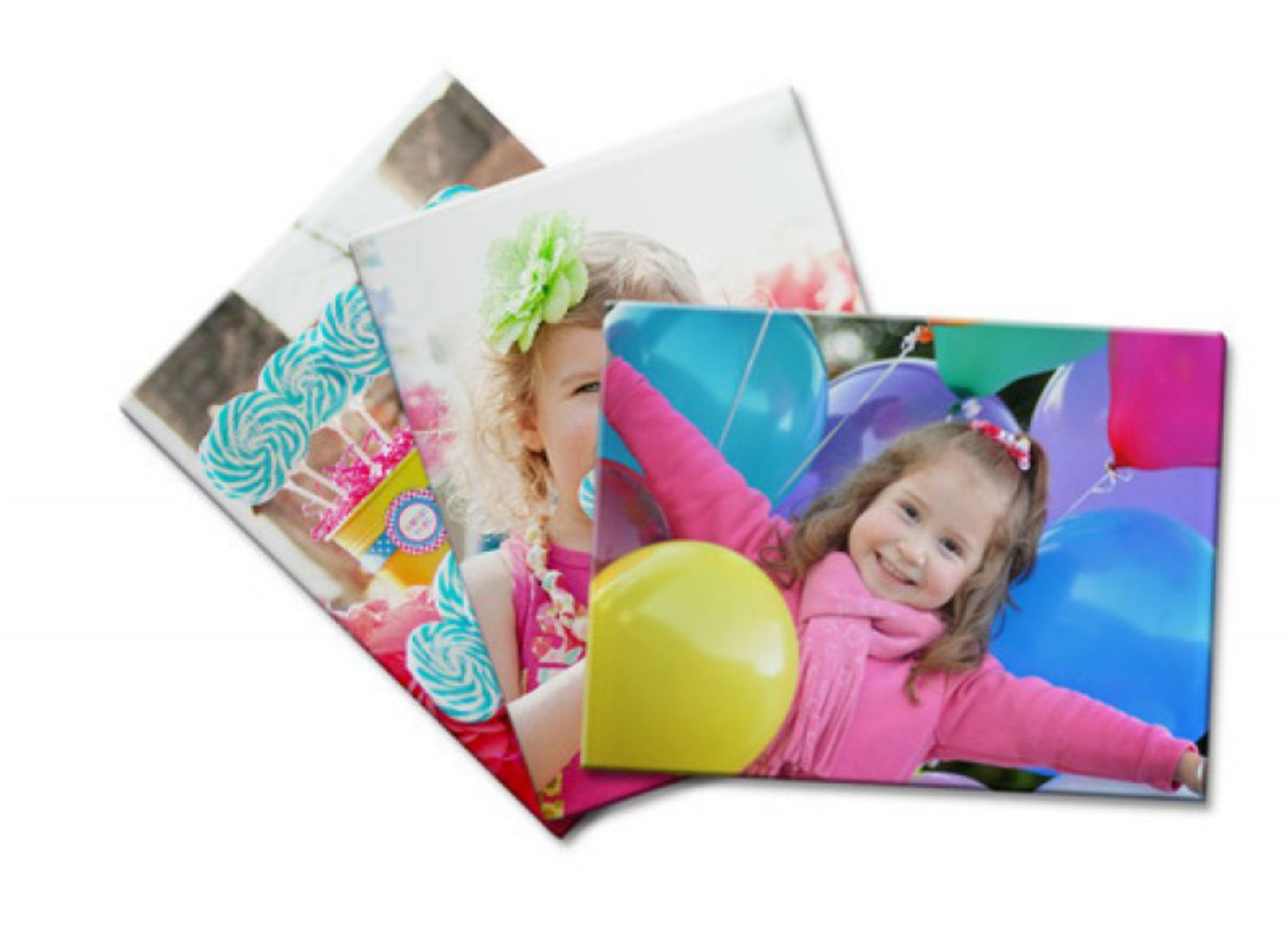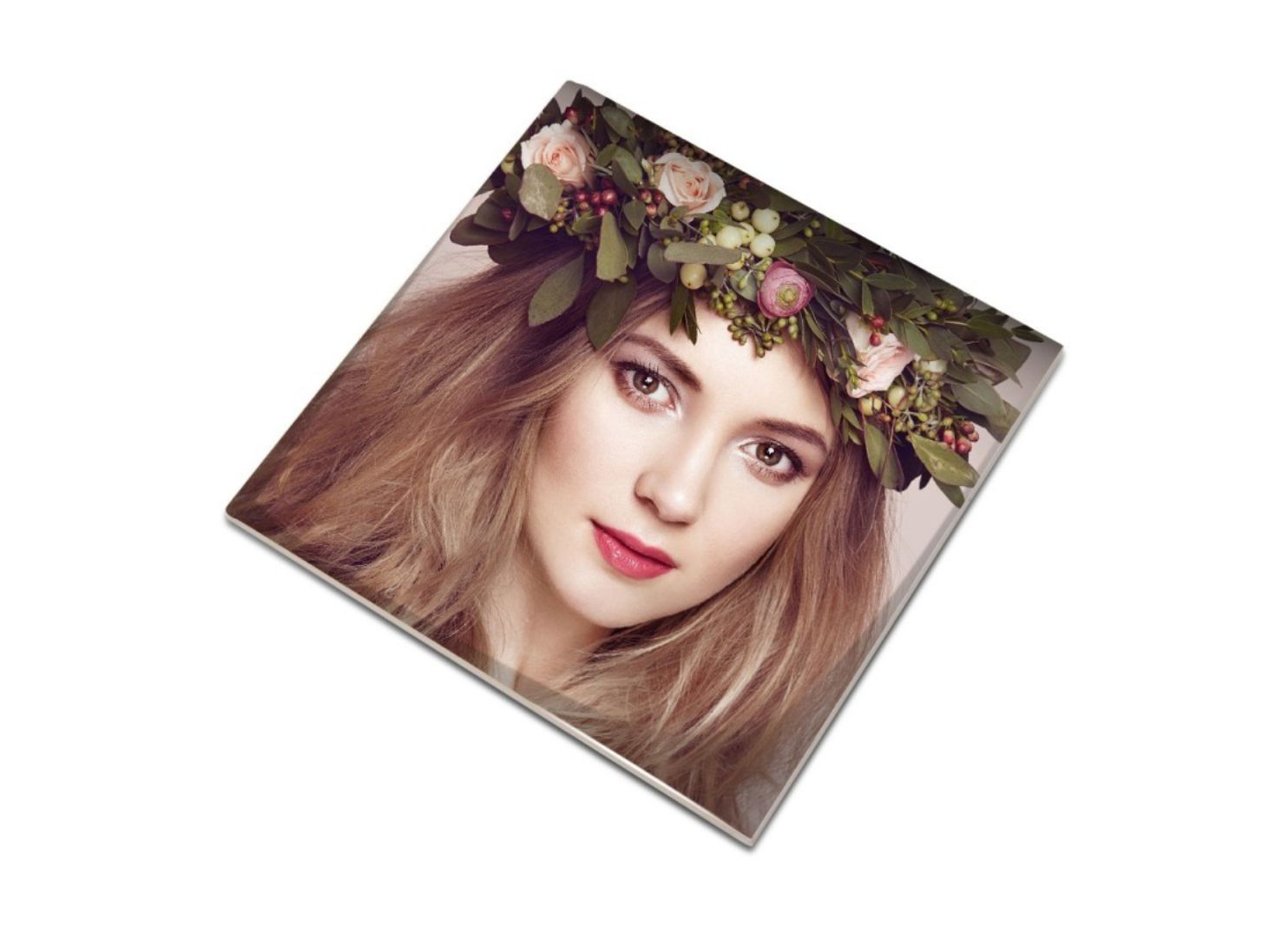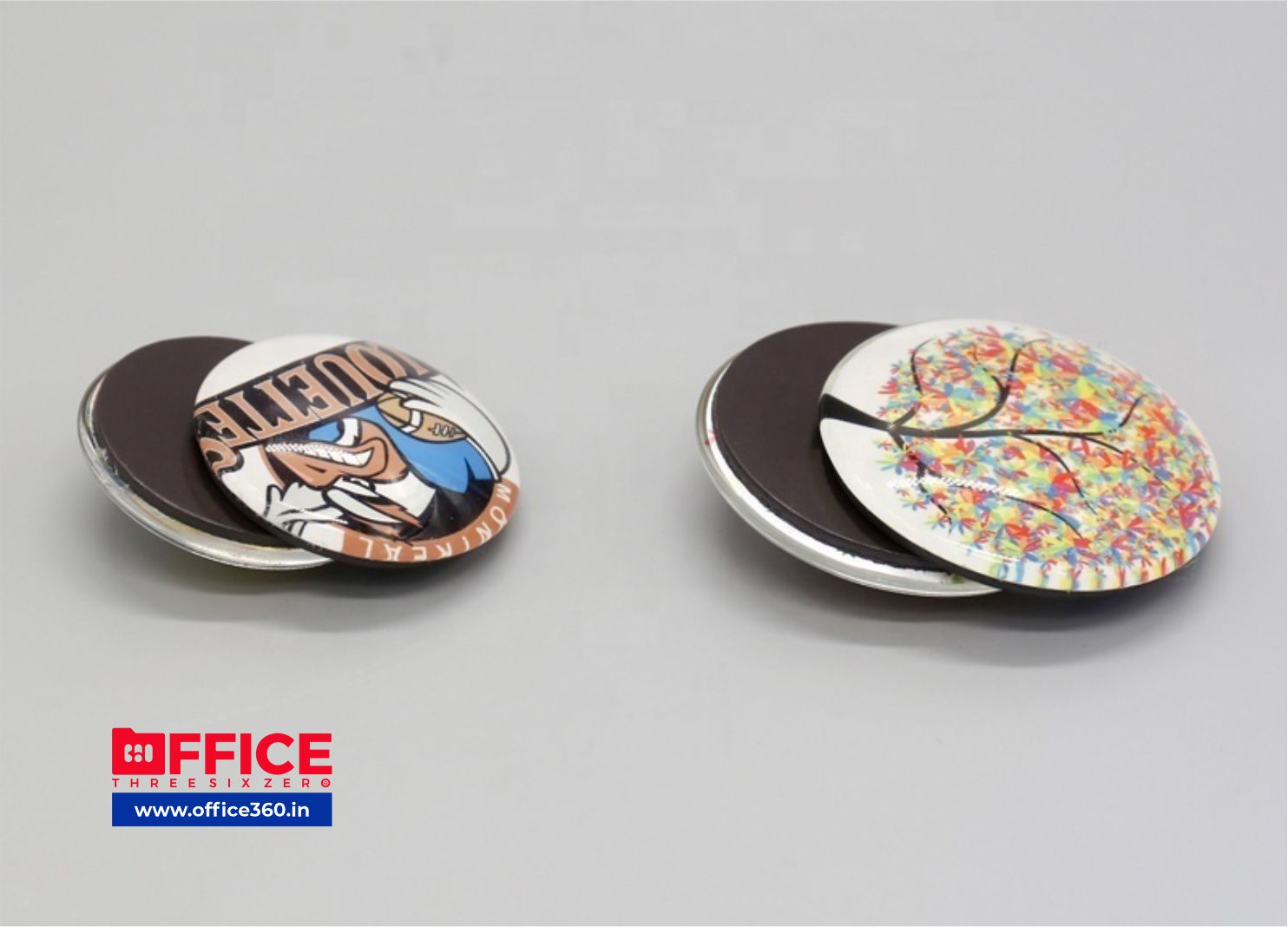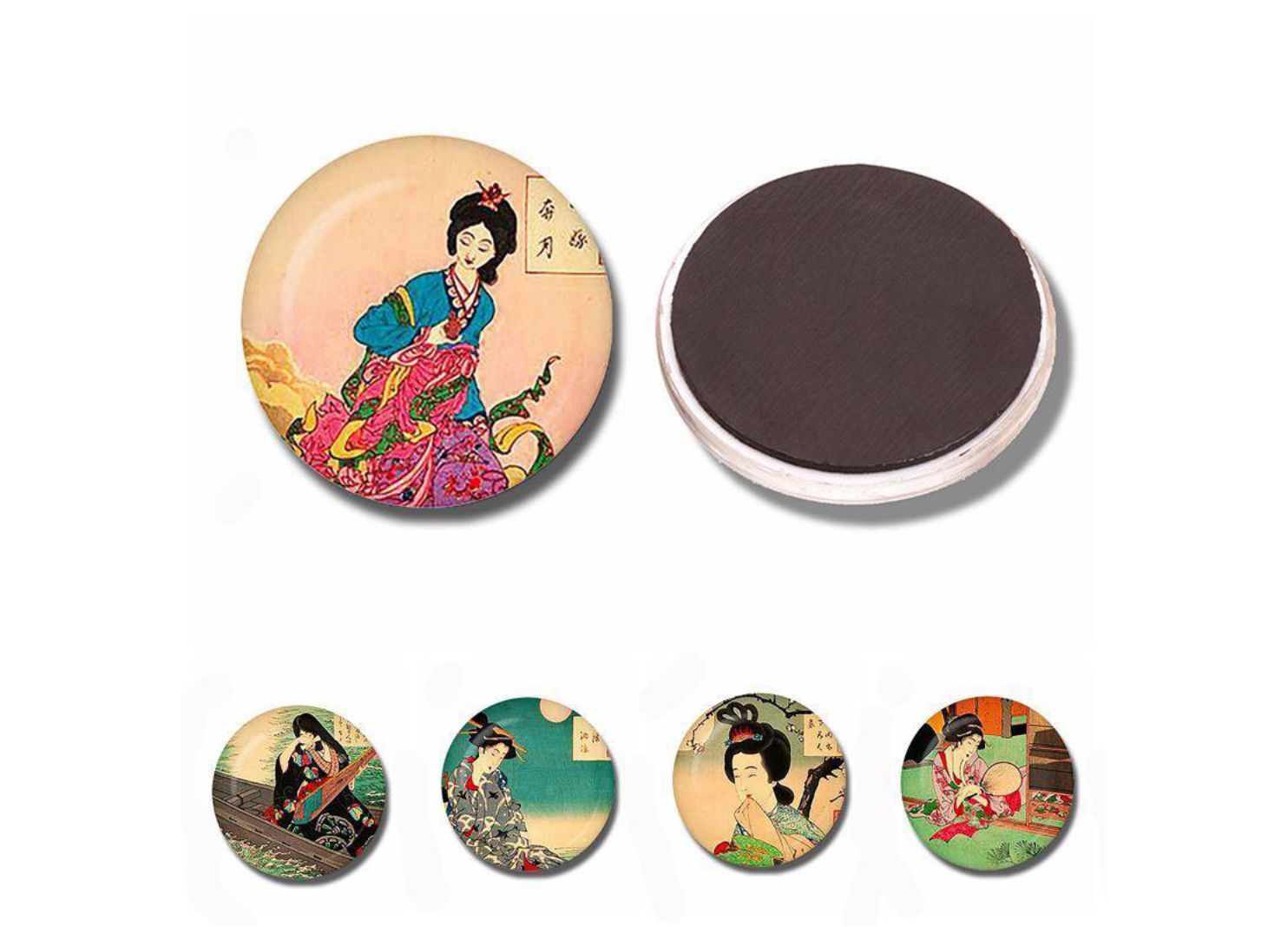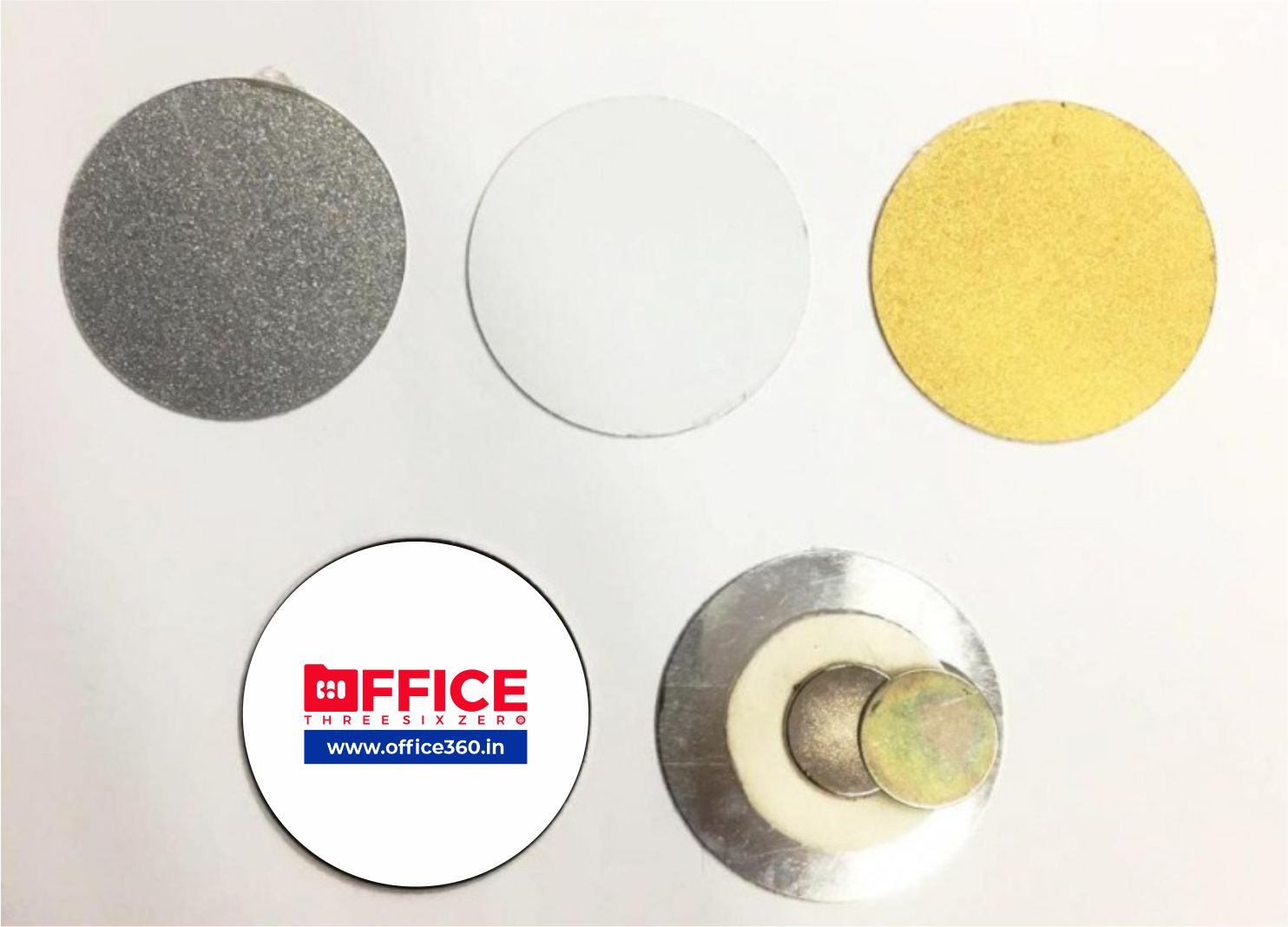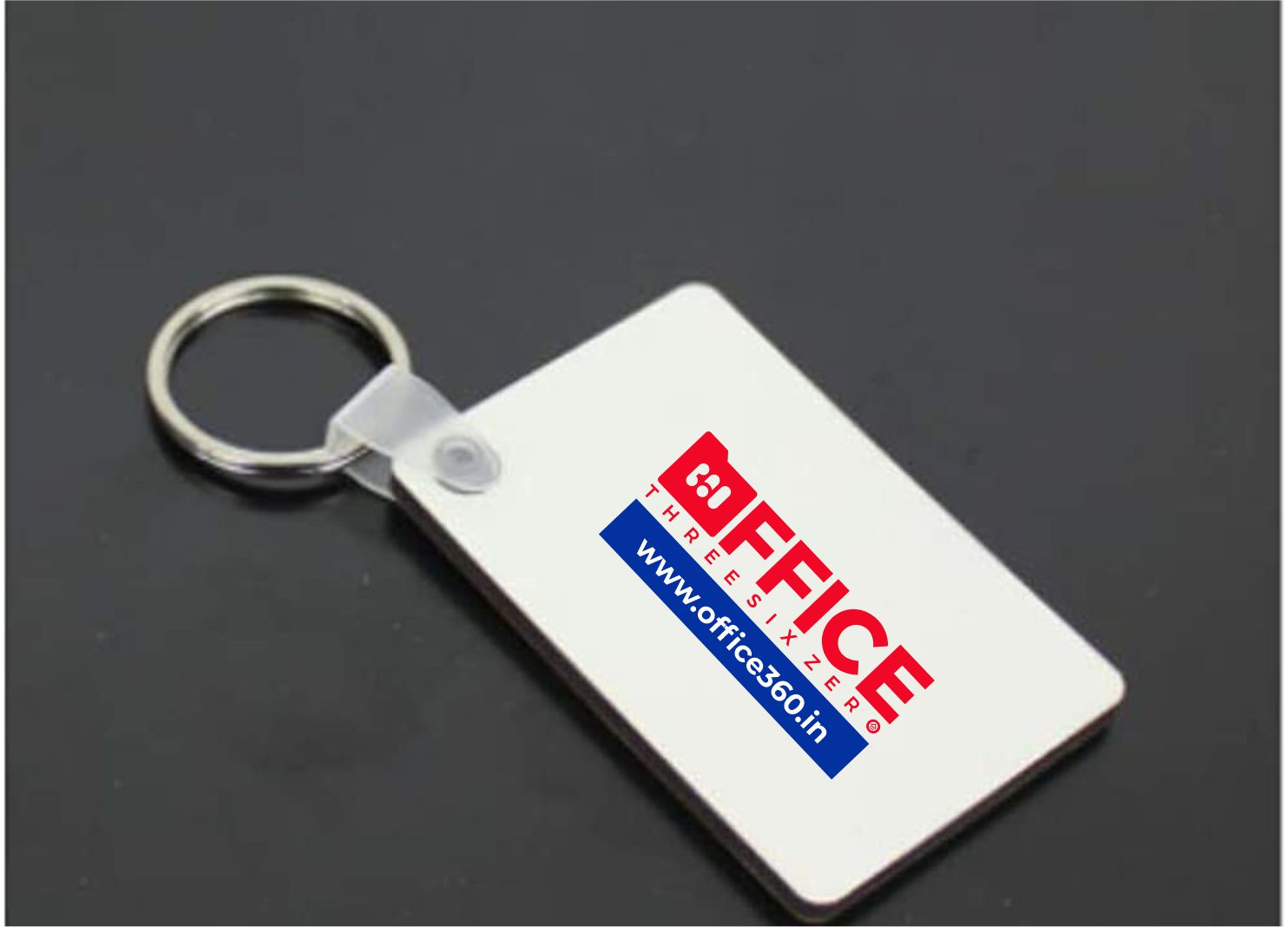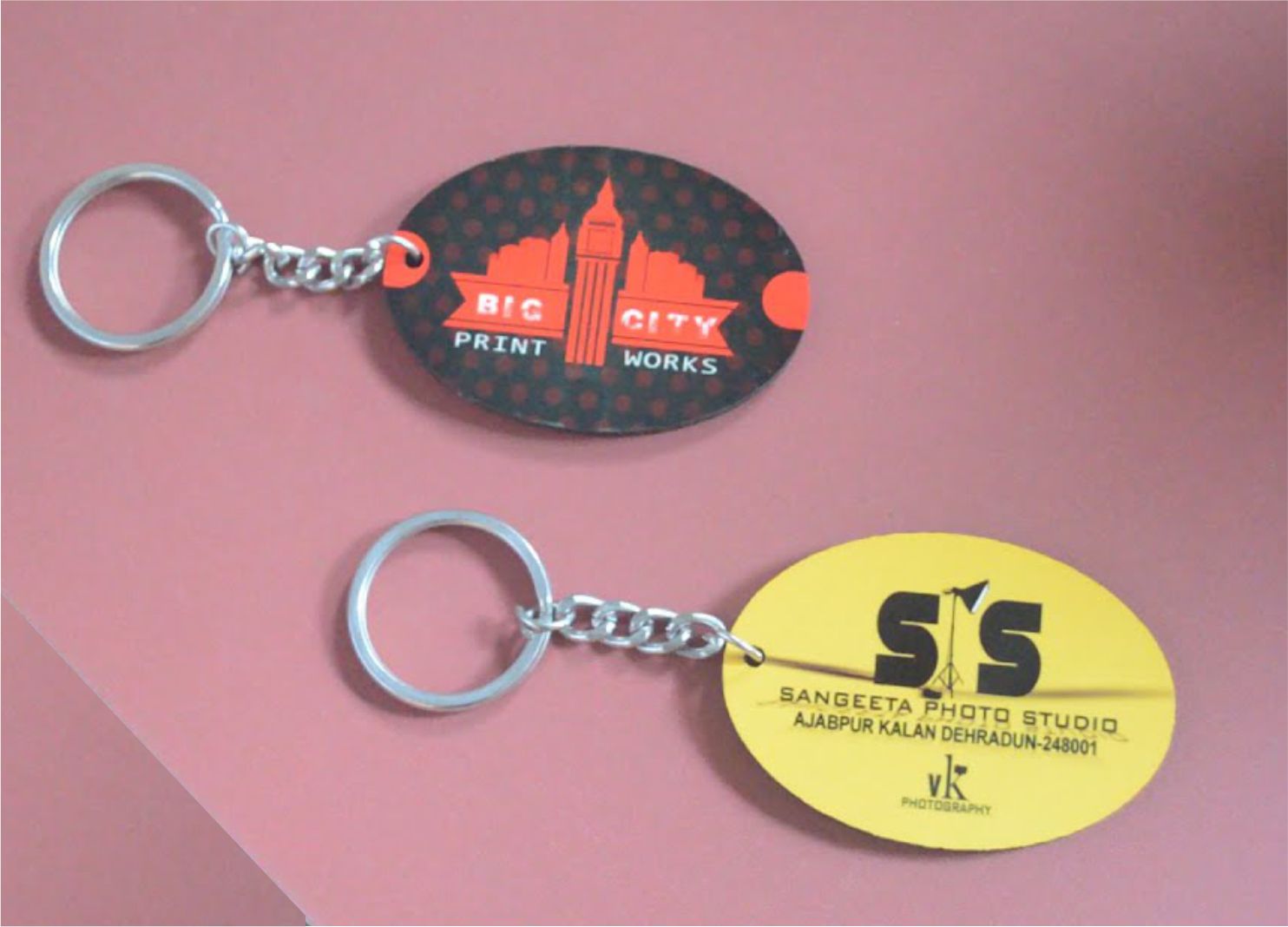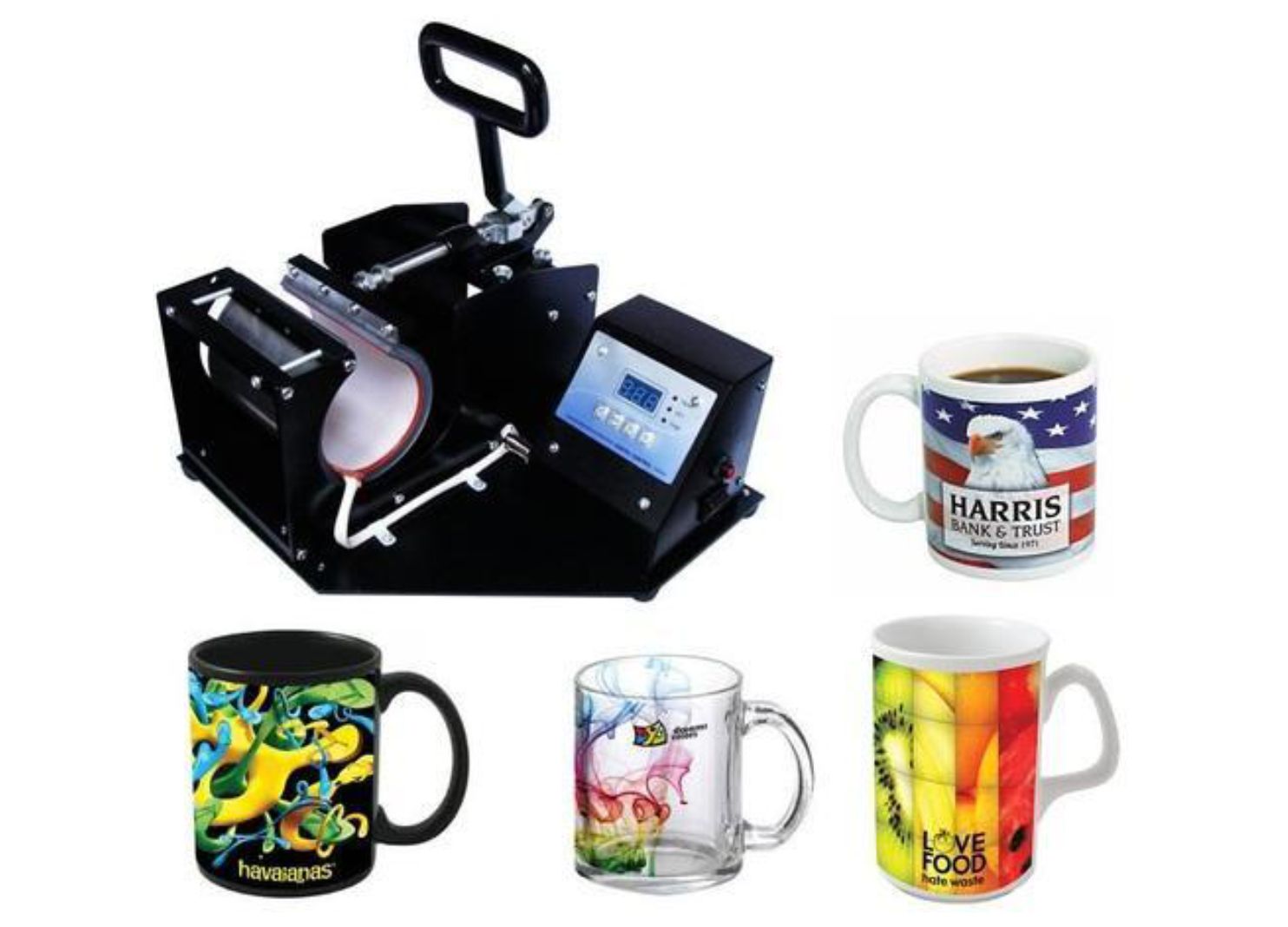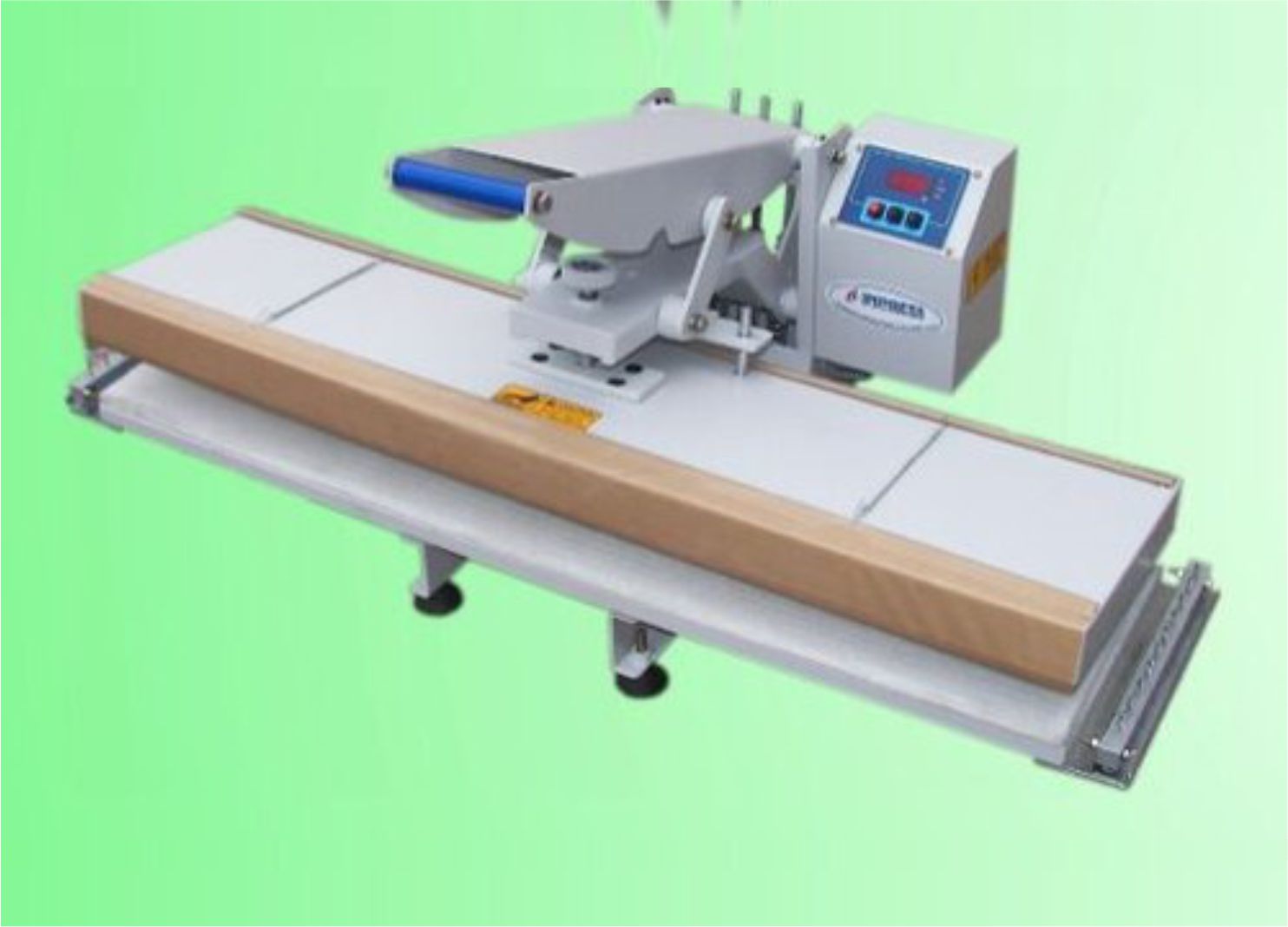Sublimation Printing
- Printing Technique: Sublimation Printing
- Sublimation Printing Products
- Coffee Mug
- Flask / Water Bottle
- Mouse Pad
- MDF Key chain
- Lanyard
- Cap Printing
- T-Shirt Printing
- Luggeg Tag
- Tea Coaster
- Smart Id Card
- Sipper Bottle
- ceramic plate
- Flag Print
- And Much More...
Sublimation Printing Products
About Sublimation
What is Sublimation Printing? The Pros & Cons of Dye Sublimation
Sublimation printing is becoming more and more popular. It is a form of digital printing that uses a specialised paper. There are many pros and cons of sublimation printing, but overall it is clear to see why it’s gaining so much traction. So, what is sublimation printing?
The Sublimation Process
Sublimation is a chemical process. In simple(r) terms, it is where a solid turns into a gas, immediately, without passing through the liquid stage in between. When questioning what is sublimation printing, it helps to realise that it refers to the dye itself. We also call this dye-sublimation, as it is the dye which changes state. So what is the opposite of sublimation? Well, it’s called deposition, although is sometimes known as desublimation. Deposition is when something transitions from gas to solid, not to be confused with condensation where it transitions to liquid form. The best example of deposition would be the formation of frost; air transitioning directly to a solid form and bypassing water. Another would be soot in chimneys.
How to do Sublimation Printing
So, what is sublimation printing actually all about then? We’re here to explain the actual nitty-gritty details, the how it makes a thing colourful, the process.
Firstly, your design is printed onto a specialist transfer paper. It is printed as a mirror image, using specialist dye-sub inks. These are water-based inks which have less of an environmental impact than harsher chemical inks. After that, the transfer is lined up with the fabric, and a combination of heat and pressure are applied. This causes the inks to transition from their current solid form, directly into a gas.
The inks then penetrate into the fibres of the material and are permanently bonded to the fibres. The end result is a high-definition print with an extremely intricate level of detail.
What is Sublimation Printing Used For?
Okay, so we’re aware that there are a lot of questions that we have already answered; what is sublimation printing? How is it done? What does it mean? So far there have been very few downsides. There is, however, a catch. Sublimation on cotton just doesn’t particularly work. Or silk, or most natural fabrics. It’s ideal for t-shirts, great for hoodies, ideal for socks, providing they have a high poly content.
As a result, if you’re a 100% natural cotton aficionado, then sublimation printing might not be for you. If you’re happy with a poly-blend material – we recommend around 85% poly – then this really is the future of fabric printing.
Another benefit to this type of printing is that you’re not limited to fabrics. Sublimation printing is great for hard media too, think mugs, pens, clocks, Christmas baubles, tins, the list could go on.
Sublimation vs Heat Transfer
Print Runs – Both methods are well suited to smaller print runs, and due to the initial costs of dye-sub, if you are only even going to print one t-shirt every couple of months, then you may find heat transfer is better for you.
Details – The key here is in the printers. Heat transfer uses a standard printer, whereas sublimation printing uses a specialist printer which prints in super-high quality. Think about the times you have tried to print photos out on a home printer. Remember those fuzzy edges, yeah, that.
Colours – Dye-sub allows you to print full colours, albeit they do need to be generated on a computer, but you can select the mix of blue to green to yellow and print in very specific colours. As heat transfer uses either an inkjet or laser printer, you won’t always be able to achieve the same palette.
Longevity – Transfers are literally that, they transfer a layer with your print onto the top of the fabric. They are not self-weeding either (which means that unless you cut it out, you will have the whole A3 or A4 layer of transfer, whether printed or not). Sublimation printing will only ever transfer the inks, so there is no almost-sticky feel, and the inks become a permanent part of the material, so won’t peel or scratch off.
So, What is Sublimation Printing?
Well, after that in-depth look, allow us to summarise. Sublimation printing is outstanding for fine lines and details, and arguably one of the best methods for all-over printing. With low set up costs it is great for small runs, and the printing is so close to permanent it’s pretty much unbeatable. But, it isn’t great dor natural fabrics, requiring 80-85% poly-blends, and the white areas are left unprinted which can be problematic if you want to print on darker fabrics.
Professional quality
Affordable prices
Okay, so we’re aware that there are a lot of questions that we have already answered; what is sublimation printing? How is it done? What does it mean? So far there have been very few downsides. There is, however, a catch. Sublimation on cotton just doesn’t particularly work. Or silk, or most natural fabrics. It’s ideal for t-shirts, great for hoodies, ideal for socks, providing they have a high poly content.Express and same-day curbside pickup
